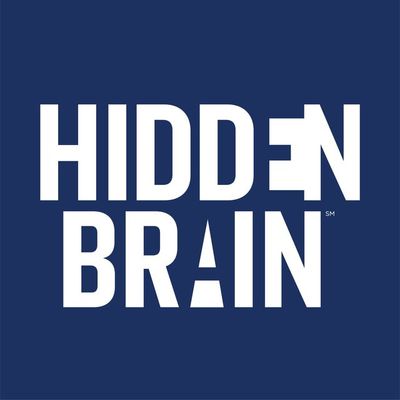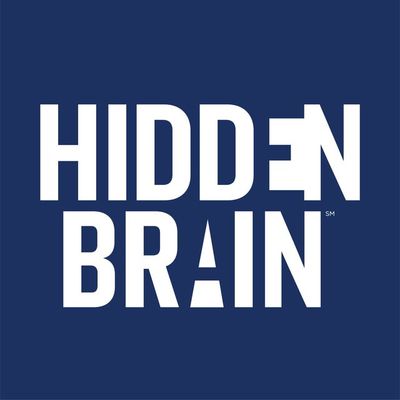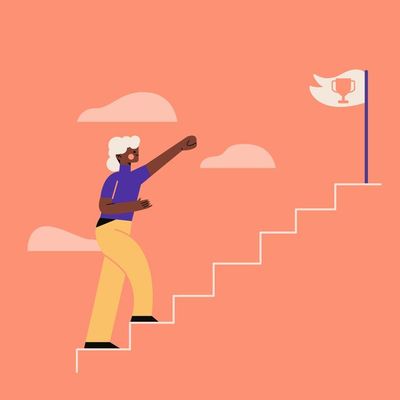
Passion vs. Paycheck
<p>The idea of being driven by a calling goes back centuries. It was the language used to describe religious people who were called to the priesthood. Today, millions of people in secular professions yearn to be similarly galvanized by their work. This week, researcher <a href="https://www.babson.edu/about/our-leaders-and-scholars/faculty-and-academic-divisions/faculty-profiles/jennifer-tosti-kharas.php" target="_blank">Jennifer Tosti-Kharas</a> explores the immense power — and the downsides — of finding a job that gives you purpose.</p><p><i>Do you have follow-up questions or stories that you’d like to share with Jennifer Tosti-Kharas? Have you found a calling that gets you up in the morning each day? Are you a skeptic of callings, or do you have questions about how to make your work more meaningful? If you’d be willing to share your questions, stories and comments with the Hidden Brain audience, please record a voice memo on your phone and email it to us at </i><a href="mailto:ideas@hiddenbrain.org" target="_blank"><i>ideas@hiddenbrain.org</i></a><i>. Use the subject line “calling.”</i></p><p><i>If you love Hidden Brain, please consider joining our podcast subscription, Hidden Brain+. All through the month of September, listeners who subscribe to Hidden Brain+ on Apple Podcasts will have access to an extended 30-day free trial. To access that trial, find Hidden Brain on Apple Podcasts and click the “Try Free” button. Or go to </i><a href="https://podcasts.apple.com/us/podcast/hidden-brain/id1028908750"><i>apple.co/hiddenbrain</i></a><i>. </i></p><p><i>And there are still tickets available for our upcoming live shows! We'll be in Baltimore on October 11, Washington, D.C. on October 12, and Los Angeles on November 22. More info and tickets are at </i><a href="https://www.hiddenbrain.org/tour/"><i>hiddenbrain.org/tour</i></a><i>.</i></p><p><i>Episode illustration by Evelina Mitev for Unsplash+</i></p><br/> <p>Hosted by Simplecast, an AdsWizz company. See <a href="https://pcm.adswizz.com">pcm.adswizz.com</a> for information about our collection and use of personal data for advertising.</p>
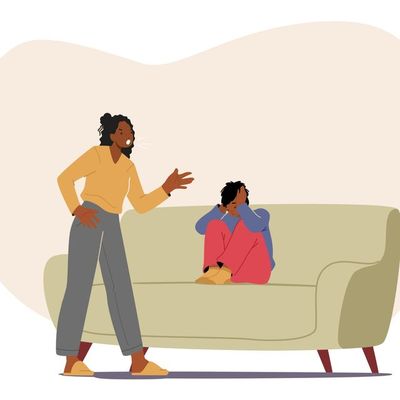
It's Not My Fault!
<p>It's not easy for most of us to receive negative feedback. Even when the person delivering that feedback is constructive and reasonable, we often feel the urge to defend ourselves. This week, we look at the psychology of defensiveness with neuroscientist <a href="https://www.asc.upenn.edu/people/faculty/emily-falk-phd">Emily Falk.</a> We'll explore what causes so many of us to resist constructive criticism, and how we can get better at giving and receiving such feedback. Then, in the latest installment of our ongoing series "Your Questions Answered," psychologist <a href="https://people.ucd.ie/ciara.greene">Ciara Greene</a> returns to the show to answer your questions about memory and forgetfulness.</p><p><i>If you have follow-up questions or thoughts for Emily Falk after listening to today’s conversation, and you’d be willing to share with the Hidden Brain audience, please record a voice memo on your phone and email it to us at </i><a href="mailto:ideas@hiddenbrain.org" target="_blank"><i>ideas@hiddenbrain.org</i></a><i>. Use the subject line “mental barriers.” Thanks! </i></p><p><i>Our next stops on the Hidden Brain tour are coming up! Join us in Baltimore on October 11, Washington, D.C. on October 12, or Los Angeles on November 22. And stay tuned for more cities to be added for 2026. For more info and tickets, go to </i><a href="https://hiddenbrain.org/tour"><i>https://hiddenbrain.org/tour. </i></a></p><p><i>Episode illustration by Getty Images for Unsplash+</i></p><br/> <p>Hosted by Simplecast, an AdsWizz company. See <a href="https://pcm.adswizz.com">pcm.adswizz.com</a> for information about our collection and use of personal data for advertising.</p>
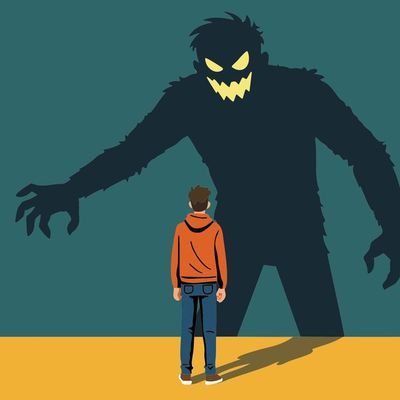
Winning the Battle Against Yourself
<p>Many of us have been raised to believe that if we want to get something done, we just need to set our minds to it. Where there's a will, there's a way, right? Yet somehow we end up polishing off that pint of ice cream in the freezer, or spending more than our budget allows. It's almost as if we're not the ones in charge. This week, we talk with psychologist and neuroscientist <a href="https://www.asc.upenn.edu/people/faculty/emily-falk-phd">Emily Falk</a> about why our minds often conspire against our best interests, and how we can regain control. </p><p><i>Do you have follow-up questions or thoughts for Emily Falk after listening to today’s conversation? If you’d be willing to share with the Hidden Brain audience, please record a voice memo on your phone and email it to us at </i><a href="mailto:ideas@hiddenbrain.org" target="_blank"><i>ideas@hiddenbrain.org</i></a><i>. Use the subject line “mental barriers.” Thanks!</i></p><p><i>And if you love Hidden Brain, please consider joining our podcast subscription, Hidden Brain+. We're currently offering an extended 30-day free trial for all listeners who subscribe on Apple Podcasts during the month of September. To sign up, click the "Subscribe" or "Try Free" button in Apple Podcasts, or go to</i><a href="https://podcasts.apple.com/us/podcast/hidden-brain/id1028908750"><i> apple.co/hiddenbrain</i></a><i>. Your subscription helps to fund the research, writing, and sound design that go into every episode of the show. We appreciate your support! </i></p><p><i>Episode illustration by </i><a href="https://unsplash.com/@fadhilsanad?utm_content=creditCopyText&utm_medium=referral&utm_source=unsplash"><i>Fast Ink</i></a><i> on </i><a href="https://unsplash.com/illustrations/a-boy-is-confronted-by-a-fearful-shadow-BF9aajWB9dc?utm_content=creditCopyText&utm_medium=referral&utm_source=unsplash"><i>Unsplash</i></a></p>

Escaping Perfectionism
<p>Perfectionism is everyone’s favorite flaw. It’s easy to assume that our push to be perfect is what leads to academic, athletic, and professional success. But how do we distinguish between high standards and unrealistic expectations? This week, we bring you a favorite conversation with psychologist <a href="https://www.lse.ac.uk/pbs/people/Dr-Thomas-Curran">Thomas Curran</a>. He says perfectionism has a dark side, and that there are much healthier ways to strive for excellence. Then, we bring you the latest edition of our segment "Your Questions Answered." Sociologist <a href="https://www.allisonpugh.com/">Allison Pugh</a> returns to the show to respond to listener questions about connective labor — the work of seeing another person, and having that person feel seen.</p><p><i>The Hidden Brain tour continues this fall! Join us in Baltimore on October 11, Washington, D.C. on October 12, or Los Angeles on November 22. More info and tickets at </i><a href="https://hiddenbrain.org/tour/"><i>hiddenbrain.org/tour.</i></a></p><p><a href="https://unsplash.com/illustrations/exhausted-worker-is-out-of-energy-and-needs-a-recharge-cdxX6xVB7Z0"><i>Episode image</i></a><i> by Dadi Prayoga for Unsplash.com. </i></p>
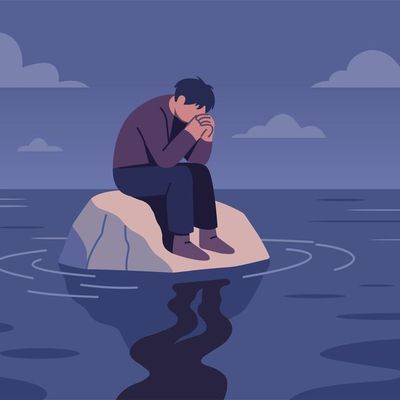
The Trauma Script
<p>When tragedy strikes, it’s natural to be devastated. But psychologist <a href="https://www.tc.columbia.edu/faculty/gab38/">George Bonanno</a> finds that many of us recover from life’s blows more quickly than we might expect. This week, we talk with Bonanno about his research and why it has changed how many scientists think about trauma and resilience.</p><p><i>Do you have follow-up questions or comments after listening to this episode? If you’d be willing to share your thoughts with the Hidden Brain audience, please record a voice memo on your phone and email it to us at </i><a href="mailto:ideas@hiddenbrain.org" target="_blank"><i>ideas@hiddenbrain.org</i></a><i>. Use the subject line “trauma.” Thanks! </i></p><p><i>Episode illustration by </i><a href="https://unsplash.com/@ahmed_hossam_eldin?utm_content=creditCopyText&utm_medium=referral&utm_source=unsplash"><i>Ahmed Hossam</i></a><i> on </i><a href="https://unsplash.com/illustrations/a-person-sits-alone-appearing-sad-and-isolated-B1x3KYNgae0?utm_content=creditCopyText&utm_medium=referral&utm_source=unsplash"><i>Unsplash</i></a></p>

How Our Brains Learn
<p>Have you ever fallen asleep in school or during a work meeting? Maybe you felt your eyes glaze over as your boss or a teacher droned on and on about a topic that had no relevance to you. What's missing from these classrooms and conference rooms is engagement: A state of being absorbed, alert, and eager to learn. This week, psychologist and neuroscientist <a href="https://rossier.usc.edu/faculty-research/directory/maryhelen-immordinoyang" target="_blank">Mary Helen Immordino-Yang</a> explores why so many of us feel apathetic at school and at work, and how to cultivate the magic of engagement.</p><p><i>Do you have follow-up questions or comments after listening to this episode? If you’d be willing to share your thoughts with the Hidden Brain audience, please record a voice memo on your phone and email it to us at </i><a href="mailto:ideas@hiddenbrain.org" target="_blank"><i>ideas@hiddenbrain.org</i></a><i>. Use the subject line “learning.” Thanks! </i></p><p> </p>
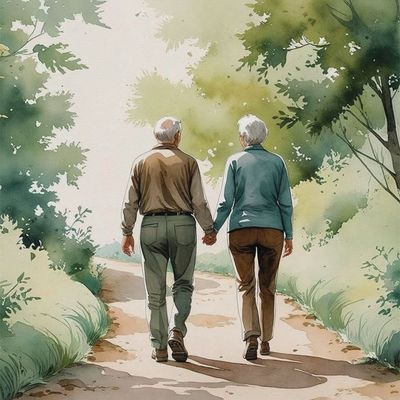
The Best Years of Your Life
<p>Aging isn’t just a biological process. Our outlooks and emotions also change as we age, often in ways that boost our well-being. This week, we revisit a favorite conversation with psychologist <a href="https://profiles.stanford.edu/laura-carstensen">Laura Carstensen</a>, who helps us unpack the science behind this surprising finding, and shares what all of us can learn from older people. Then, as part of our ongoing series "Your Questions Answered," we revisit our follow-up chat with Laura, who responds to listeners' thoughts and questions and shares more of her research on what it means to live well as we age.</p><p><i>Come see Shankar in person and help us to celebrate Hidden Brain's tenth anniversary! Our next stops on our "Perceptions" tour are Mesa, Baltimore, Washington, D.C., and Los Angeles. For more info and tickets, visit </i><a href="https://hiddenbrain.org/tour/"><i>https://hiddenbrain.org/tour/</i></a></p><p> </p>

Radical Kindness
<p>Why do some people risk their own lives to help another person, or give away their fortunes for the benefit of strangers? This week, we talk with psychologist and neuroscientist <a href="https://gufaculty360.georgetown.edu/s/contact/00336000014RYGZAA4/abigail-a-marsh">Abigail Marsh</a>, who studies the science of altruism. We'll explore what's known about the brains of people who perform acts of remarkable selflessness, and how the rest of us can learn to be more like them. </p><p><i>Do you have follow-up questions, comments, or stories about altruism and generosity after listening to this episode? If you'd be comfortable sharing with the Hidden Brain audience, please record a voice memo on your phone and email it to us at </i><a href="mailto:ideas@hiddenbrain.org" target="_blank"><i>ideas@hiddenbrain.org</i></a><i>. Use the subject line “generosity.” And if you liked today's conversation, please check out our sister podcast, "My Unsung Hero." You can find the show on this podcast platform, or by visiting our website: </i><a href="https://hiddenbrain.org/myunsunghero/"><i>https://hiddenbrain.org/myunsunghero/</i></a></p><p><i>The Hidden Brain tour heads to Toronto on Wednesday, August 6! Join Shankar there or at one of our upcoming stops in Baltimore, Washington, D.C., or Los Angeles. More info and tickets here: </i><a href="https://hiddenbrain.org/tour/"><i>https://hiddenbrain.org/tour/ </i></a></p><p> </p>
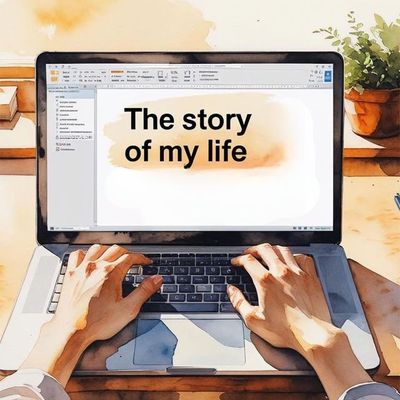
You 2.0: Change Your Story, Change Your Life
<p>We all tell stories about ourselves, often without realizing we’re doing so. How we frame those stories can profoundly shape our lives. In our latest You 2.0 episode, we bring you a favorite conversation with psychologist <a href="https://www.olin.edu/bios/jonathan-m-adler">Jonathan Adler</a>. He shares how to tell our stories in ways that enhance our wellbeing. Then, <a href="https://www.hbs.edu/faculty/Pages/profile.aspx?facId=6420">Max Bazerman</a> answers your questions about the science of negotiation.</p><p><i>Do you have follow-up questions or ideas that you’d like to share after listening to our conversation with Jonathan Adler? How do you tell the story of your life, and how does that shape the way you see yourself? If you’re comfortable sharing your thoughts and questions with the Hidden Brain audience, please record a voice memo on your phone and email it to us at </i><a href="mailto:ideas@hiddenbrain.org" target="_blank"><i>ideas@hiddenbrain.org</i></a><i>. Use the subject line “personal stories.” </i></p>
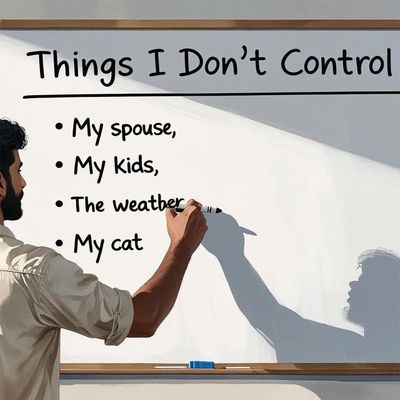
You 2.0: The Wisdom of Stoicism
<p>What does it mean to be stoic? Many of us assume it means you have a stiff upper lip, or that you suppress your emotions. That's what <a href="https://www.ccny.cuny.edu/profiles/massimo-pigliucci?srsltid=AfmBOorNJDs13K9OMCn-z242DqG_naaPrj7qgcXC9EiZn7ZwHJGa-1eg">Massimo Pigliucci</a> thought — until he started to peruse a book called<i> Meditations</i>. It was written nearly two thousand years ago by the Roman Emperor Marcus Aurelius. But Massimo, now a philosopher, says <i>Meditations</i>, and Stoic philosophy more broadly, offer wisdom that continues to speak to our lives. This week, we explore Stoic ideas and what they tell us about a life well lived. </p><p><i>Do you have follow-up questions and ideas about stoicism after listening to this episode? If you’d be comfortable sharing your comments and questions with the Hidden Brain audience, please record a voice memo on your phone and email it to us at </i><a href="mailto:ideas@hiddenbrain.org" target="_blank"><i>ideas@hiddenbrain.org</i></a><i>. Use the subject line “stoicism.” </i></p><p> </p>

You 2.0: The Path to Contentment + Your Questions Answered on Conversations
<p>Many of us believe that hard work and persistence are the key to achieving our goals. But is that true when it comes to the pursuit of happiness? This week, we revisit a conversation with psychologist <a href="https://psychology.berkeley.edu/people/iris-mauss">Iris Mauss</a>, who explains why happiness can seem more elusive the harder we chase it, and what we can do instead to build a lasting sense of contentment. Then, we bring you the latest edition of our segment "Your Questions Answered." Behavioral scientist <a href="https://www.hbs.edu/faculty/Pages/profile.aspx?facId=684820">Alison Wood Brooks</a> answers listener questions on how to be a better conversationalist — from what to do when the other person isn't contributing, to how to stop others from interrupting.</p><p><i>Miss our original episodes with Alison Wood Brooks? They're called "</i><a href="https://hiddenbrain.org/podcast/we-need-to-talk/"><i>We Need to Talk</i></a><i>" and "</i><a href="https://hiddenbrain.org/podcast/the-conversations-that-bring-us-closer/"><i>The Conversations that Bring Us Closer</i></a><i>." </i></p><p><i>Do you have follow-up questions, thoughts, or ideas about the pursuit of happiness after listening to our conversation with Iris Mauss? If you'd be comfortable sharing your thoughts with the Hidden Brain audience, please record a voice memo on your phone and email it to us at ideas@hiddenbrain.org. Use the subject line "happiness." Thanks! </i></p><p> </p>
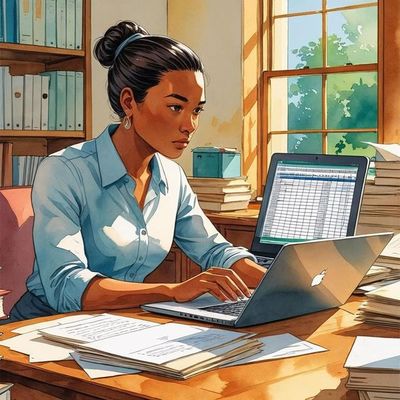
You 2.0: The Passion Pill
<p>You’ve probably heard the saying, “Do what you love, and you’ll never work a day in your life.” The idea is that pursuing your passion will feel invigorating — almost magical. But passions can easily wane over time. This week, behavioral scientist <a href="https://www.hbs.edu/faculty/Pages/profile.aspx?facId=1175257">Jon Jachimowicz</a> looks at how to keep our passions alive, and how to channel old passions into new pursuits.</p><p><i>Do you have follow-up questions for Jon Jachimowicz, or ideas that you'd like to share after listening to this episode? If you'd be willing to share them with the Hidden Brain audience, please record a voice memo on your phone and email it to us at ideas@hiddenbrain.org. Use the subject line "passion."</i></p><p><i>And a reminder that our live tour is underway! Shankar is traveling across the U.S. and Canada to share some of the key ideas he's learned in the first decade of the show. To see if we're coming to a city near you, please visit </i><a href="https://hiddenbrain.org/tour/"><i>hiddenbrain.org/tour</i></a><i>. </i></p>

You 2.0: What Is Your Life For?
<p>What should you do with your life? There's no one-size-fits-all answer to that question. But there <i>are</i> scientifically-tested methods that can help you to feel more in harmony with yourself and the world. This week, and in a companion conversation for Hidden Brain+, researcher <a href="https://sph.umich.edu/faculty-profiles/strecher-victor.html">Victor Strecher</a> explores the science of creating a life full of meaning. It's the kickoff to our annual You 2.0 series, which this year will focus on purpose and passion. If you’ve reached the midpoint of the year and you’re feeling adrift, alone, or burned out, this series is for you. </p><p><i>Do you have follow-up questions for Victor Strecher, or ideas that you'd like to share after listening to this episode? If you'd be willing to share them with the Hidden Brain audience, please record a voice memo on your phone and email it to us at ideas@hiddenbrain.org. Use the subject line "purpose."</i></p><p><i>And a reminder that our live tour is underway! Shankar is traveling across the U.S. and Canada to share some of the key ideas he's learned in the first decade of the show. To see if we're coming to a city near you, please visit </i><a href="https://hiddenbrain.org/tour/"><i>hiddenbrain.org/tour</i></a><i>. </i></p>

Win Hearts, Then Minds + Your Questions Answered on Identity and "Covering"
<p>There’s a saying that’s attributed to the Dalai Lama: in the practice of tolerance, one’s enemy is the best teacher. It’s a nice idea. But when people don’t share our values, it’s hard for us to tolerate theirs. This week, we bring you a favorite episode with sociologist <a href="https://sociology.stanford.edu/people/robb-willer" target="_blank">Robb Willer.</a> We discuss the common mistakes we make in trying to persuade others of our point of view — and how to break out of our echo chambers. Then, Kenji Yoshino answers your questions about how we hide our true selves.</p><p>In this week’s show, you’ll learn:</p><p>*What’s happening in our minds when we’re trying to win an argument.</p><p>*Techniques for how to take another person’s perspective — and how to become more effective in persuading them of <i>your </i>perspective.</p><p>*The most successful protest tactics in winning allies.</p><p>*Why we might shift from trying to change someone’s mind to trying to change their <i>behavior.</i></p><p><i>If you love Hidden Brain, come see Shankar live in a city near you this summer! For more info and tickets to our “Perceptions” tour, visit </i><a href="https://hiddenbrain.org/tour/" target="_blank"><i>https://hiddenbrain.org/tour/</i></a></p>

Doing it the Hard Way
<p>Learning to play a musical instrument is hard. So is trying to run a marathon, writing a term paper, and caring for a sick child. These things involve frustration, pain, and disappointment — yet we do them anyway. This week, in part two of our look at the allure of suffering, psychologist <a href="https://michaelinzlicht.com/#lab-view">Michael Inzlicht</a> explains what we get from doing things that are difficult, and why the things we <i>think</i> will make us happy often do not.</p><p><i>Hidden Brain is hitting the road this summer! Join Shankar in a city near you as he shares key insights from the first decade of the show. For more info, and to purchase tickets, go to </i><a href="https://hiddenbrain.org/tour/"><i>hiddenbrain.org/tour</i></a><i>. </i></p>
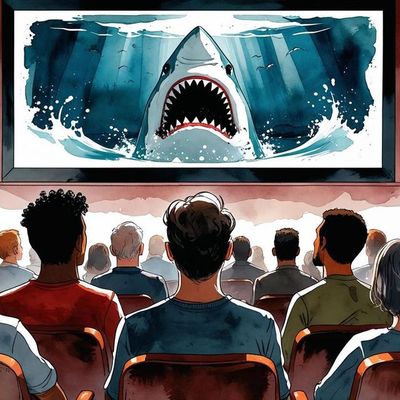
Ouch! That Feels Great
<p>We generally think of pain as something to be avoided. But psychologist <a href="https://www.psych.utoronto.ca/people/directories/all-faculty/paul-bloom">Paul Bloom</a> says that as much as we're wired to avoid suffering, we also seek it out. This week, we begin a two-part mini series about the curious pleasure we take in certain forms of pain.</p><p><i>Hidden Brain is about to go on tour! Join Shankar in a city near you as he shares key insights from the first decade of the show. For more info and tickets, go to </i><a href="https://hiddenbrain.org/tour/"><i>https://hiddenbrain.org/tour/.</i></a><br /> </p>

The Price of Revenge
<p>Revenge often feels sweet, but what price do we pay for seeking it out? Researcher <a href="https://medicine.yale.edu/profile/james-kimmel/">James Kimmel, Jr.</a> proposes a radical theory: our desire for vengeance operates like an addiction in the brain. This week, how “revenge addiction” plays out in our everyday lives — and on a global scale. </p><p><i>Hidden Brain is about to go on tour! Join us as Shankar shares seven key insights he's learned from the show over the past decade. To see if we're coming to your city, and to purchase tickets, go to </i><a href="https://hiddenbrain.org/tour/"><i>hiddenbrain.org/tour</i></a><i>. </i></p>
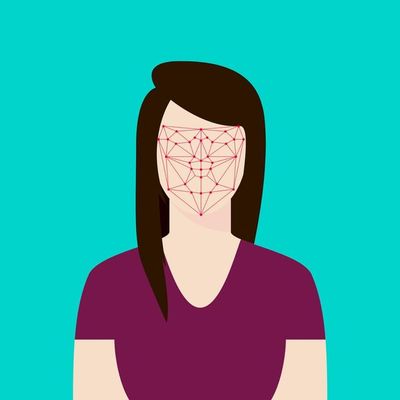
Do I Know You? (A Hidden Brain-Revisionist History special on facial recognition)
<p>Have you ever encountered someone who clearly knows you, but you have no idea who they are? This week, we feature a classic Hidden Brain episode about people on opposite ends of the facial recognition spectrum. Then, in the second part of the show, we bring you another perspective on facial recognition from the <a href="https://www.pushkin.fm/podcasts/revisionist-history">Revisionist History</a> podcast. Host Malcolm Gladwell struggles with identifying faces, while producer Lucie Sullivan is exceptional at it.</p><p><i>Hidden Brain is about to kickoff a nationwide tour! Join Shankar as he shares seven key insights from the first decade of the show. To find out if we're coming to a city near you, and purchase tickets, go to </i><a href="https://hiddenbrain.org/tour/">https://hiddenbrain.org/tour/</a></p>

How Much Do We Really Know?
<p>You probably know someone who thinks they know more about something than they really do. But you could never be described that way . . . could you? This week, cognitive scientist <a href="https://www.colorado.edu/business/leeds-directory/faculty/philip-fernbach">Phil Fernbach</a> explains the "illusion of knowledge" — the fact that we <i>think</i> we understand the world in much greater detail than we actually do. He'll explore why this happens, and how to close the gap between what we know and what we <i>think</i> we know. </p><p><i>Hidden Brain is about to go on tour! Join Shankar in a city near you as he shares key insights from the first decade of the show. For more info and tickets, go to </i><a href="https://hiddenbrain.org/tour/"><i>https://hiddenbrain.org/tour/</i></a></p>

Forget About It!
<p>Forgetting something — whether it's a colleague's name or where we put our keys — can be deeply frustrating. This week, psychologist <a href="https://ucdattentionmemory.com/people/" target="_blank">Ciara Greene</a> helps us explore the science of forgetting. We look at why our minds hold on to some memories for a lifetime, but discard others within seconds. And we grapple with a question many people ask themselves: Is my forgetfulness a sign that something is wrong with me?</p><p><strong>In this episode</strong>,<strong> you'll learn about: </strong></p><p>*The neurological underpinnings of memory</p><p>*Why forgetting is a core part of how our minds work </p><p>*Why this process of forgetting can sometimes be a good thing</p><p>*How our psychological states shape what we remember, and how we frame our memories</p><p>*Why we should treat our memories with skepticism and our forgetfulness with compassion </p><p><i>Hidden Brain is going on tour! Join us as Shankar shares key insights from the first decade of the show — more info and tickets can be found here: https://hiddenbrain.org/tour</i></p>

How to Harness Your Feelings
<p>Do you feel like you control your emotions, or do your emotions control you? What scientists call "emotion regulation" turns out to be one of the most important life skills we can possess. It's essential in dealing with setbacks, in balancing risks and rewards, and in maintaining successful relationships. This week, psychologist <a href="https://lsa.umich.edu/psych/people/faculty/ekross.html">Ethan Kross</a> explores the growing and fascinating science of managing our emotions. He explains why our feelings so often go astray, and shares insights into how to reel them back in.</p><p>In this episode, you'll learn:</p><p>*How to coach yourself through emotionally intense moments. </p><p>*Why certain types of personal writing can help with your thorniest problems or challenges. </p><p>*How to use music and your physical senses to regulate your mood. </p><p>*How to use the technique of "selective avoidance" to shortcut emotional spirals and "what if" thinking.</p><p><i>Hidden Brain is about to go on tour! Join Shankar in a city near you as we explore lessons we've learned in Hidden Brain's first decade. For more info and to purchase tickets, go to </i><a href="https://hiddenbrain.org/tour/">https://hiddenbrain.org/tour/</a>. </p>

Relationships 2.0: Keeping Love Alive
<p>There's no magic potion that can make someone adore you. But there are things you can do to promote a deep and enduring connection — and even feelings of passion — between yourself and your partner. In the final chapter of our Relationships 2.0 series, psychologist <a href="https://www.stonybrook.edu/commcms/psychology/faculty/faculty_profiles/aaron">Arthur Aron</a> shares some techniques for falling and staying in love. </p><p>In today's conversation, we explore:</p><p>*The assumption that love fades over time.</p><p>*The effects of daily routine on romantic relationships.</p><p>*What our choice in a romantic partners says about us</p><p>*How successful long-term couples keep love alive</p><p>If you love Hidden Brain, please join us for our upcoming live tour! Shankar will be visiting cities across the U.S., and our listeners have the first crack at purchasing tickets. You can get yours at <a href="https://hiddenbrain.org/tour/">https://hiddenbrain.org/tour/</a>. Use the pre-sale code BRAIN. We hope to see you there! </p><p> </p>
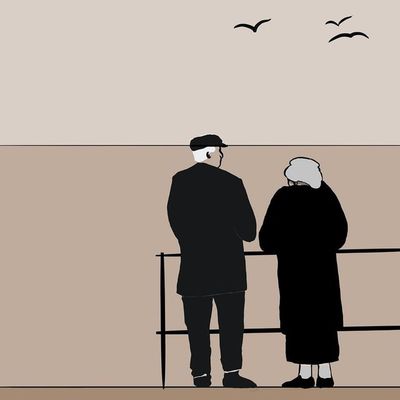
Relationships 2.0: Why Did You Do That? + Your Questions Answered: Fred Luskin on Grudges
<p>As we go through life, we’re constantly trying to figure out what other people are thinking and feeling. Psychologist <a href="https://www.bc.edu/bc-web/schools/mcas/departments/psychology/people/faculty-directory/liane-young.html" target="_blank">Liane Young</a> says this ability to assess other people’s thoughts is an extraordinary feat of cognition. This week, in a favorite episode from our archives, we explore this mental superpower — and how it can lead us astray. </p><p>In our conversation with Liane Young, we explore:</p><p>*The uniquely human ability to think about the minds of other people, which scientists refer to as "theory of mind." </p><p>*How and when young children develop this ability to intuit what's happening in other people's minds. </p><p>*Why our understanding of other people's minds affects our moral judgments — and how those judgments can be disabled.</p><p>*How misreading another person's intentions can affect our lives in both small and significant ways.</p><p>Then, in the second part of this week's show, we welcome back researcher <a href="https://greatergood.berkeley.edu/profile/fred_luskin">Fred Luskin</a>, who responds to listeners' questions about grudges. If you missed the original conversation with Fred Luskin, listen to our episode <a href="https://hiddenbrain.org/podcast/no-hard-feelings/">No Hard Feelings</a>.</p><p> </p>
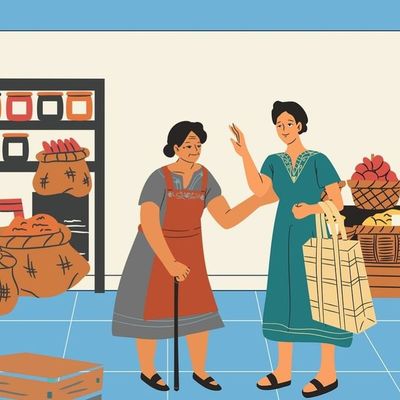
Relationships 2.0: The Power of Tiny Interactions + Your Questions Answered: Erica Bailey on Authenticity
<p>As you go about your day, you likely interact with family, friends and coworkers. These relationships can help you feel cared for and connected. But what if there’s a whole category of people in your life whose impact is overlooked? Today, in a favorite episode from our archives, psychologist <a href="https://profiles.sussex.ac.uk/p555105-gillian-sandstrom">Gillian Sandstrom</a> reveals some simple ways to make your life a little more joyful and maybe even a little less lonely. Then, we talk with researcher <a href="https://haas.berkeley.edu/faculty/erica-r-bailey/">Erica Bailey</a>, who responds to listeners' questions about authenticity and how to reveal our true selves to the people around us.</p><p><strong>In this episode you'll learn: </strong></p><ul><li>The sociological concept of "weak" and "strong" ties, and the important roles they play in our lives.</li><li>How "weak ties" contribute to our happiness.</li><li>How to talk to strangers — including how to start, maintain, and end a conversation.</li><li>How to decrease feelings of loneliness and increase feelings of connectivity in your daily life.</li></ul><p>If you enjoyed today's conversation with Gillian Sandstrom, be sure to check out these other Hidden Brain episodes: </p><p><a href="https://hiddenbrain.org/podcast/you-2-0-the-gift-of-other-people/">You 2.0: The Gift of Other People</a></p><p><a href="https://hiddenbrain.org/podcast/mind-reading-how-others-see-you/">How Others See You</a></p><p> </p>

Relationships 2.0: Become a Better Negotiator
<p>When we head into a negotiation — whether we're asking for a raise or trying to get our spouse to do the dishes — our focus is usually on getting the other person to agree to our preferred outcome. What we don't focus on are our own biases and blind spots. Behavioral scientist <a href="https://www.hbs.edu/faculty/Pages/profile.aspx?facId=6420">Max Bazerman</a> studies the theory and practice of negotiation, and he says that paying attention to these biases can help us to craft better deals.</p><p><i>Do you have a follow-up question after listening to this episode? If you'd be comfortable sharing your question with the Hidden Brain audience, please record a voice memo on your phone. Email it to us at </i><a href="mailto:ideas@hiddenbrain.org">ideas@hiddenbrain.org</a><i>. Use the subject line “negotiation.” Thanks!</i> </p>
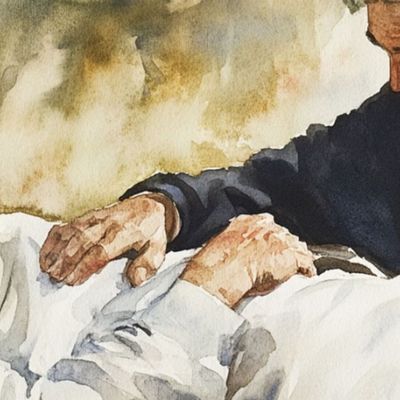
Relationships 2.0: The Price of Disconnection
<p>All of us want to "seen" by the people around us. We want to be recognized as unique individuals. Yet the experience of being seen in this way can be dispiritingly rare. This week, we kick off our "Relationships 2.0" series by talking with researcher <a href="https://www.allisonpugh.com/">Allison Pugh</a> about the psychological benefits of what she calls "connective labor." She explains why this labor is often overlooked, and how to cultivate the superpower of making other people feel seen. </p><p><strong>In this episode, you'll learn: </strong></p><p>*The definition of connective labor, and why this skill is like "engine grease" for our personal and professional relationships.</p><p>*Why connective labor is vital to success in a surprisingly broad array of careers. </p><p>*The gender stereotypes around connective labor, and why these stereotypes overlook the role that men play as connectors. </p><p>*How connective labor affects our mental and physical health.</p><p>*How connective labor by teachers may affect students' ability to learn. </p><p>*How to slow down in interactions with other people and explore the emotional context behind their words. </p><p><strong>If you have a follow-up question for Allison Pugh after listening to this episode, and you’d be willing to share it with the Hidden Brain audience, please record a voice memo on your phone. Once you’ve done so, email it to us at ideas@hiddenbrain.org. Use the subject line “connection.” And thanks for listening! </strong></p><p> </p><p> </p><p> </p>

The Moments that Change Us
<p>Often in life, we find ourselves wrestling with a decision. But in running these mental calculations, there's something we rarely consider about the future: we might not be the same person when we get there. This week, philosopher <a href="https://psychology.yale.edu/people/la-paul">L.A. Paul</a> explores how life-altering events reshape who we are.</p><p>Want more of our work on understanding your future self? Give these Hidden Brain episodes a listen: </p><p><a href="https://hiddenbrain.org/podcast/you-2-0-how-to-see-yourself-clearly/">https://hiddenbrain.org/podcast/you-2-0-how-to-see-yourself-clearly/</a></p><p><a href="https://hiddenbrain.org/podcast/decide-already/">https://hiddenbrain.org/podcast/you-2-0-decide-already/</a></p><p><a href="https://hiddenbrain.org/podcast/you-2-0-your-future-is-now/">https://hiddenbrain.org/podcast/you-2-0-your-future-is-now/</a></p><p><a href="https://hiddenbrain.org/podcast/the-ventilator/">https://hiddenbrain.org/podcast/the-ventilator/</a></p><p>And for the latest insights about human behavior, delivered straight to your inbox, sign up for the weekly Hidden Brain newsletter! Each issue brings you the latest research, along with a brain teaser and a moment of joy. You can read and subscribe here: <a href="https://news.hiddenbrain.org/">https://news.hiddenbrain.org/</a></p>

Did I Really Do That?
<p>Have you ever been falsely accused of something? Many of us think there’s only one way we’d act in such a situation: we’d defend ourselves. We’d do whatever it takes to clear our name — and above all else, we’d never, ever confess to something we didn’t do. But psychologist <a href="https://www.jjay.cuny.edu/faculty/saul-kassin">Saul Kassin</a> says that’s a myth. This week, we bring you a favorite 2022 episode about why we sometimes act against our own self-interest — even when the stakes are at their highest.</p><p>In this week's episode, you'll learn about:</p><ul><li>Why we often freeze and fail to defend ourselves when someone accuses us of something</li><li>The various types of false confessions</li><li>What happens in our minds when we're pressured to confess to something that we didn't actually do</li><li>How police interrogation tactics are being used in workplaces and other organizations</li><li>Potential solutions to the problem of false confessions </li></ul><p>For more on the psychological dimensions of criminal justice, check out <a href="https://hiddenbrain.org/podcast/how-monsters-are-made/ ">our episode on the infamous Stanford prison experiment</a>.</p><p>And if you'd like to check out the research of Saul Kassin and others on this topic, visit <a href="https://hiddenbrain.org/podcast/did-i-really-do-that/">our web page for this episode</a>. </p><p><i>Episode image by Tama66, Pixabay. </i></p><p> </p><p> </p>

When To Pivot
<p>When should you stay the course in life, and when should you shift with changing tides? This week, we bring you case studies from the world of business to explore the science of inflection points — changes that dramatically transform the course of events. Researcher <a href="https://business.columbia.edu/staff/people/rita-mcgrath">Rita McGrath</a> of Columbia University explains why we fail to see impending moments of upheaval, and what we can do to be more adept at spotting them.</p><p><strong>What you'll learn from this week's episode:</strong></p><ul><li><strong>The definition of an inflection point, and how to identify it in your own professional or personal life.</strong></li><li><strong>The four stages of inflection points, and how to take advantage of them.</strong></li><li><strong>The warning signs that an inflection point might be passing you by. </strong></li></ul><p>If you find today's episode to be interesting or insightful, please share it with one or two people in your life! Your recommendation is one of the best ways to help us connect new listeners to the ideas we explore on the show. And for more of our work, be sure to sign up for <a href="https://news.hiddenbrain.org/">our newsletter</a>. Every week, we'll bring you the latest research about human behavior, along with a brain teaser and a moment of joy. </p>

Dropping the Mask
<p>Have you ever downplayed some aspect of your identity? Maybe you don’t hide it, but you don’t bring it up with certain people, either. It turns out that these subtle disguises can have powerful effects on how we view ourselves. This week, we talk with legal scholar <a href="https://its.law.nyu.edu/facultyprofiles/index.cfm?fuseaction=profile.overview&personid=22547">Kenji Yoshino</a> about what happens when we soften or edit our true selves.</p><p><i>Do you have a follow-up question for Kenji Yoshino after listening to this episode? If you'd be comfortable sharing your question with the larger Hidden Brain audience, please record a voice memo on your phone and email it to us at ideas@hiddenbrain.org. Use the subject line "covering." Thanks! </i></p>

Marching To Your Own Drummer
<p><i>What would you have done?</i> It's one of the most enduring questions in psychology. We all like to think that in a moment of crisis, we'd rise to the occasion and show courage. And yet many of us have had experiences where we followed orders and did what we were told to do. This week, we talk with psychologist <a href="https://business.cornell.edu/faculty-research/faculty/ss3478/" target="_blank">Sunita Sah</a> about the reasons why many of us silence ourselves and follow orders, and how we can align our words and actions with our values.</p><p><i>In today's conversation, Shankar mentioned our episode with Timur Kuran, in which we talk about self-censorship and a concept called "preference falsification." You can </i><a href="https://hiddenbrain.org/podcast/a-conspiracy-of-silence/"><i>find that episode here</i></a><i>. And if you'd like to try Hidden Brain+ and hear our bonus conversation with Sunita Sah, you can sign up for a free trial at apple.co/hiddenbrain or support.hiddenbrain.org. Thanks for listening! </i></p>

The Conversations that Bring Us Closer
<p>Last week on the show, we looked at the science of conversation, and how even ordinary chats can involve a delicate dance of coordination. This week, we explore the discussions we all dread: the tough ones. Telling someone they treated us poorly. Demanding a raise. Taking away an elderly relative's car keys. We talk with <a href="https://www.hbs.edu/faculty/Pages/profile.aspx?facId=684820">Alison Wood Brooks</a> about what makes difficult conversations difficult, and a series of psychological techniques to help you navigate them.</p><p><i>If you missed part one of our conversation with Alison, be sure to check it out! It's titled "</i><a href="https://hiddenbrain.org/podcast/we-need-to-talk/"><i>We Need to Talk</i></a><i>." Shankar also mentioned our episode with Julia Minson, in which we discuss how to keep conflicts from spiraling. You can </i><a href="https://hiddenbrain.org/podcast/relationships-2-0-how-to-keep-conflict-from-spiraling/"><i>find that conversation here</i></a><i>. </i></p>

We Need to Talk
<p>Just because we’ve been doing something for a long time doesn’t mean we’re doing it right. One part of our lives where this may be particularly true is when we're talking with others. This week, we bring you the first of a two-part look at what makes someone skilled at socializing. Behavioral scientist <a href="https://www.hbs.edu/faculty/Pages/profile.aspx?facId=684820">Alison Wood Brooks</a> explains why conversations are much more complex than most of us realize — and how to engage in a more meaningful back-and-forth with another person.</p><p><i>For more of our work on the art of conversation, check out these classic Hidden Brain episodes: </i></p><p><a href="https://hiddenbrain.org/podcast/why-conversations-go-wrong/"><i>Why Conversations Go Wrong</i></a></p><p><a href="https://hiddenbrain.org/podcast/relationships-2-0-how-to-keep-conflict-from-spiraling/"><i>Relationships 2.0: How to Keep Conflict from Spiraling</i></a></p><p> </p><p> </p>

No Hard Feelings
<p>Holding a grudge can feel like a form of justice, a way of punishing those who have wronged us. But psychologist <a href="https://greatergood.berkeley.edu/profile/fred_luskin" target="_blank">Fred Luskin</a> says that more often than not, grudges don't hurt the targets of our anger. Instead, they only hurt us. This week, we explore the lingering effects of long-standing animosities, and how to let them go.</p><p><i>If you enjoyed today's conversation, be sure to check out these classic Hidden Brain episodes about apologies and forgiveness:</i></p><p><a href="https://hiddenbrain.org/podcast/the-power-of-mercy/"><i>The Power of Mercy</i></a></p><p><a href="https://hiddenbrain.org/podcast/the-power-of-apologies/"><i>Healing 2.0: The Power of Apologies</i></a></p><p><a href="https://hiddenbrain.org/podcast/how-to-make-amends/"><i>How to Make Amends</i></a></p>

Wellness 2.0: The Art of the Unknown
<p>"Life is what happens to you while you're busy making other plans." It's been 45 years since John Lennon sang that line, yet it's an idea that continues to speak to an uncomfortable truth. While we all like to think we have some measure of control over how our lives will unfold, our plans are often upended by unknown events and curveballs we couldn't have predicted. This week, we conclude our Wellness 2.0 series by talking with political scientist <a href="https://www.ucl.ac.uk/political-science/research/research-centres-groups/centre-us-politics-cusp/find-expert/dr-brian-klaas">Brian Klaas</a>. He studies how we respond to the random events that shape our lives, and how we can turn them to our advantage.</p><p><i>If you enjoy this episode, be sure to check out "Wellness 2.0: Engineering Luck," our companion conversation with Brian Klass for Hidden Brain+ subscribers. We'll talk about the unexpected benefits of embracing the role of randomness and chance in our lives. If you're not yet a member of Hidden Brain+, this is a particularly good time to give our podcast subscription a try. We’re extending our standard seven-day trial period for listeners on Apple Podcasts. Sign up in January and you’ll get 30 free days to try it out. If you're listening in Apple Podcasts, just go to the Hidden Brain show page and click "try free." Or you can go to </i><a href="https://podcasts.apple.com/us/podcast/hidden-brain/id1028908750?at=1010l3ab3&ct=hiddenbrain_podcasts&itsct=hiddenbrain_podcasts&itscg=30200S&ls=1"><i>apple.co/hiddenbrain</i></a><i> and click "try free.” Thanks for listening and supporting the show — we really appreciate it. </i></p>

Wellness 2.0: When It's All Too Much
<p>It’s no exaggeration to say that the world in 2025 can be ... a lot. Sometimes it may seem that tuning it all out is our only option. This week on Hidden Brain, we talk with researcher <a href="https://enst.humboldt.edu/people/sarah-ray">Sarah Jaquette Ray</a> about how we can reclaim our sense of efficacy and purpose in the face of big, systemic problems like climate change. Then, we bring you an audio essay from writer <a href="https://picoiyerjourneys.com/">Pico Iyer</a>, who shares his thoughts on how we can regain our footing when life is overwhelming. </p><p><i>If you're not yet a member of Hidden Brain+, this is a particularly good time to give our podcast subscription a try. We’re extending our standard seven-day trial period for listeners on Apple Podcasts. Sign up in January and you’ll get 30 free days to try it out. If you're listening in Apple Podcasts, just go to the Hidden Brain show page and click "try free." Or you can go to </i><a href="https://podcasts.apple.com/us/podcast/hidden-brain/id1028908750?at=1010l3ab3&ct=hiddenbrain_podcasts&itsct=hiddenbrain_podcasts&itscg=30200S&ls=1"><i>apple.co/hiddenbrain</i></a><i> and click "try free.” Thanks for listening and supporting the show — we really appreciate it. </i></p>

Wellness 2.0: Who Do You Want To Be?
<p>We all have to make certain choices in life, such as where to live and how to earn a living. Parents and peers influence our major life choices, but they can also steer us in directions that leave us deeply unsatisfied. This week: a favorite conversation with psychologist <a href="https://psychology.missouri.edu/people/sheldon" target="_blank">Ken Sheldon</a> about the science of figuring out what you want. He says there are things we can do to make sure our choices align with our deepest values.</p><p><i>If you're not yet a member of Hidden Brain+, this is a particularly good time to give our podcast subscription a try. We’re extending our standard seven-day trial period for listeners on Apple Podcasts. Sign up in January and you’ll get 30 free days to try it out. If you're listening in Apple Podcasts, just go to the Hidden Brain show page and click "try free." Or you can go to </i><a href="https://podcasts.apple.com/us/podcast/hidden-brain/id1028908750?at=1010l3ab3&ct=hiddenbrain_podcasts&itsct=hiddenbrain_podcasts&itscg=30200S&ls=1"><i>apple.co/hiddenbrain</i></a><i> and click "try free.” Thanks for listening and supporting the show — we really appreciate it. </i></p>

Wellness 2.0: Rising to the Occasion
<p>From time to time, all of us are called upon to do hard or even seemingly impossible things. Do we rise to the occasion, or do we fall short? Today on the show, we examine the psychology of pushing through a crisis. We talk with psychologist <a href="https://business.columbia.edu/faculty/people/adam-galinsky" target="_blank">Adam Galinsky</a> about great leaders, and what they can teach us about being steadfast in the face of challenges.</p><p><i>For more on leading during moments of crisis, please check out "Wellness 2.0: The Power of Perspective," our companion conversation with Adam Galinsky. It's available for listeners to our podcast subscription, Hidden Brain+. Right now is a great time to try Hidden Brain+, as we’re extending our standard seven-day trial period for subscribers on Apple Podcasts. Sign up in January and you’ll receive 30 free days to try it out. You can sample Hidden Brain+ by finding the show in Apple Podcasts and clicking "try free." Or go to </i><a href="https://podcasts.apple.com/us/podcast/hidden-brain/id1028908750"><i>apple.co/hiddenbrain</i></a><i>. Thanks for listening! </i></p>
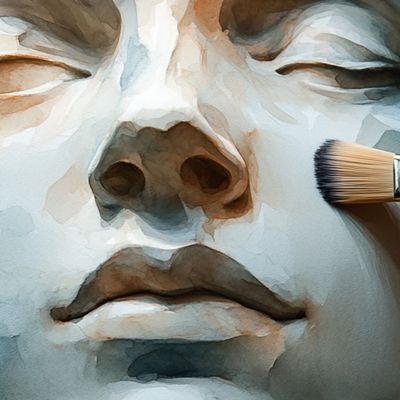
Wellness 2.0: Be Yourself
<p>We’re often drawn to people who appear to be true to themselves. Yet showing our authentic selves to the world can be terrifying. This week, we kick off 2025 with a new series, “Wellness 2.0.” We’ll go beyond New Year’s resolutions to take a deep look at how we can approach our lives with a sense of meaning and purpose. Today on the show, we begin our series with researcher <a href="https://haas.berkeley.edu/faculty/erica-r-bailey/">Erica Bailey</a>, who studies authenticity and what it means to truly be ourselves.</p><p><i>Happy New Year from all of us at Hidden Brain! If you liked today's episode, please check out our companion Hidden Brain+ conversation with Erica Bailey. We've extended our free trial period to 30 days for listeners who sign up via Apple Podcasts during the month of January. To try Hidden Brain+ on Apple Podcasts, click the "try free" button on our show page in the app, or go to </i><a href="https://podcasts.apple.com/us/podcast/hidden-brain/id1028908750?at=1010l3ab3&ct=hiddenbrain_podcasts&itsct=hiddenbrain_podcasts&itscg=30200S&ls=1"><i>apple.co/hiddenbrain</i></a><i>. </i></p><p> </p>
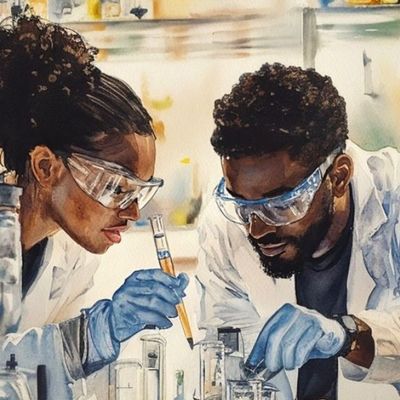
How to Be More Creative
<p>It's happened to all of us: We're in the shower, or on a walk, and boom — a big idea or a brilliant solution appears out of nowhere. These sorts of insights often seem to arise without explanation. But researchers increasingly find there is a science to cultivating creativity. This week, social psychologist <a href="https://business.columbia.edu/faculty/people/sheena-iyengar">Sheena Iyengar</a> shares research and case studies of innovation, and discusses what these examples tell us about the alchemy of creative breakthroughs. </p><p><i>Looking for a last-minute holiday gift for a fellow fan of Hidden Brain? Consider giving them a </i><a href="https://patreon.com/hiddenbrain/gift"><i>gift subscription to Hidden Brain+</i></a><i>! </i></p>

What Your Online Self Reveals About You
<p>Every day, we leave small traces of ourselves online. And we might not realize what these traces say about us. This week, computational social scientist <a href="https://business.columbia.edu/faculty/people/sandra-matz" target="_blank">Sandra Matz</a> explores how understanding what we <i>actually</i> do online – not just what we <i>think</i> we do – can help us improve our lives. </p><p><i>Looking for a last-minute holiday gift for a fellow Hidden Brain fan? You can now </i><a href="https://www.patreon.com/hiddenbrain/gift"><i>give a gift subscription</i></a><i> to Hidden Brain+! </i></p>

The Secret to Gift-Giving
<p>With the holidays fast approaching, many of us are hunting for that special something for the special someones in our lives. It’s how we show we care about them. So why is it so hard to find the right gift? This week, we revisit a favorite 2022 conversation with researcher <a href="https://scholars.cmu.edu/2187-jeffrey-galak">Jeff Galak</a>. We'll discuss why the presents we give for holidays and birthdays often miss their mark, and how to become a better gift-giver. </p><p><i>Looking for a holiday gift for a fellow Hidden Brain fan? You can now </i><a href="https://www.patreon.com/hiddenbrain/gift"><i>give a gift subscription to Hidden Brain+</i></a><i>! Or if material gifts are more your style, go to </i><a href="https://www.podswag.com/collections/hidden-brain"><i>shop.hiddenbrain.org</i></a><i> to find Hidden Brain t-shirts, mugs, stickers and more.</i></p>
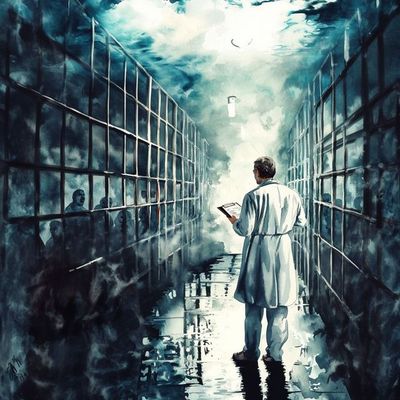
How Monsters are Made
<p>What makes ordinary people do evil things? It was a question that long fascinated the psychologist Philip Zimbardo, who died in October. Zimbardo was best known for the controversial Stanford prison experiment, in which he created a simulated prison in the basement of a university building and recruited volunteers to act as prisoners and guards. This week, we explore how Zimbardo came to create one of psychology's most notorious experiments – and inadvertently became the poster child for the human weaknesses he was trying to study. </p><p><i>We're bringing Hidden Brain to the stage in San Francisco and Seattle in February 2025! Join our host Shankar Vedantam as he shares seven key insights from his first decade hosting the show. </i><a href="https://hiddenbrain.org/tour/"><i>Click here for more info and tickets</i></a><i>. </i></p>

The Power of Family Stories
<p>There's a tradition around many Thanksgiving dinner tables that's as consistent as stuffing and pumpkin pie: the family stories that get told year after year. Sometimes these stories are funny; sometimes they make us roll our eyes. No matter how we feel about these tales, we rarely pause to consider how they shape who we are and how we view the world. This week, we talk to psychologist <a href="https://www.robynfivush.com/">Robyn Fivush</a> about the profound impact that family stories can have on our lives. </p><p><i>If you enjoyed today's conversation, here are more Hidden Brain episodes you might like:</i></p><p><a href="https://hiddenbrain.org/podcast/healing-2-0-change-your-story-change-your-life/"><i>Healing 2.0: Change Your Story, Change Your Life</i></a><i> </i></p><p><a href="https://hiddenbrain.org/podcast/the-story-of-your-life/"><i>The Story of Your Life</i></a></p><p><a href="https://hiddenbrain.org/podcast/rewinding-rewriting/"><i>Rewinding & Rewriting</i></a></p><p><i>Thanks for listening! </i></p>

The Logic of Rage
<p>Neuroscientist <a href="https://nacs.umd.edu/facultyprofile/fields/douglas">Doug Fields</a> was on a trip to Europe when a pickpocket stole his wallet. Doug, normally mild-mannered, became enraged — and his fury turned him into a stranger to himself. This week, we revisit a favorite 2020 episode about the secret logic of irrational anger.</p><p><i>This is the final episode in our Emotions 2.0 series. If you missed any of the episodes in the series, you can find them here in this podcast feed, or at </i><a href="https://hiddenbrain.org/"><i>hiddenbrain.org</i></a><i>. And if there's someone in your life who you think would enjoy this series, please tell them about it. Thanks for listening! </i></p>

Emotions 2.0: What's Better than Being Happy?
<p>Many of us go to great lengths to be happy. But is our singular focus on feeling good actually making us miserable? This week, psychologist <a href="https://www.esade.edu/faculty/jordi.quoidbach">Jordi Quoidbach</a> explores what happens when we try to live in an emotional monoculture, and makes a case for letting it all in — the ups ... and the downs.</p><p><i>Be sure to check out the other episodes in our Emotions 2.0 series. And for more of our work on the topic of happiness, here are some other episodes you might enjoy: </i></p><p><a href="https://hiddenbrain.org/podcast/where-happiness-hides/"><i>You 2.0: Where Happiness Hides</i></a></p><p><a href="https://hiddenbrain.org/podcast/happiness-2-0-the-path-to-contentment/"><i>Happiness 2.0: The Path to Contentment</i></a></p><p><a href="https://hiddenbrain.org/podcast/happiness-2-0-the-reset-button/"><i>Happiness 2.0: The Reset Button </i></a></p><p> </p>
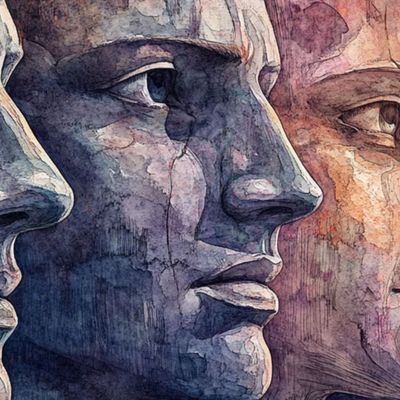
Emotions 2.0: The Benefits of Mixed Emotions
<p>Sometimes we feel just one single feeling with overwhelming force. We're joyously happy. We're crushingly sad. But sometimes it's more complicated than that: We feel happy <i>and </i>sad at the same time. This week, we revisit a favorite 2022 episode with psychologist <a href="https://business.lehigh.edu/directory/naomi-b-rothman" target="_blank">Naomi Rothman</a>, who shares her research on the mixed emotion of ambivalence. She explores how being of two minds changes the way we think, and how it changes the way others see us. </p><p><i>Did you catch the first two episodes in our Emotions 2.0 series? You can find them in this podcast feed, or on our website, </i><a href="https://hiddenbrain.org/"><i>hiddenbrain.org</i></a><i>. Thanks for listening! </i></p>

Emotions 2.0: The Feeling that Moves Us Forward
<p>For centuries, philosophers and theologians have warned about the dangers of pride and hubris. It’s an emotion that can make us arrogant, egotistical, and reckless. But psychologist <a href="https://ubc-emotionlab.ca/people/dr-jessica-tracy/">Jessica Tracy</a> suggests this caution is too broad. She argues that when we see pride only as a negative emotion, we miss out on all the powerful ways it can also be a driver of creativity, altruism, and accomplishment. </p><p><i>Did you catch last week's conversation about collective emotions? It's the episode in this feed called "Emotions 2.0: When I Feel What You Feel." </i></p><p> </p><p><br /> </p>

Emotions 2.0: When I Feel What You Feel
<p>This week, we kick off our new series, Emotions 2.0, with a special double episode about the emotions we experience with other people. We often think that emotions like happiness or sadness live inside our individual minds. But if you’ve ever gone to a music concert in a big stadium or attended a political rally with like-minded voters, you know that emotions can move through crowds in powerful ways. We begin with psychologist <a href="https://www.hbs.edu/faculty/Pages/profile.aspx?facId=1194484">Amit Goldenberg</a>, who studies how emotions spread and ratchet up in intensity as more people experience them. Then, we bring you a favorite 2022 conversation with anthropologist <a href="https://anthropology.uconn.edu/person/dimitris-xygalatas/">Dimitris Xygalatas</a>, who takes us inside the world of fire walking to explore the emotional power of rituals. </p><p><i>If you love Hidden Brain, you can help support our work by becoming a member of Hidden Brain+! Your subscription includes bonus episodes you won't hear anywhere else, plus you'll be helping us to continue bringing you ideas and insights for years to come. You can sign up via </i><a href="https://podcasts.apple.com/us/podcast/hidden-brain/id1028908750?at=1010l3ab3&ct=hiddenbrain_podcasts&itsct=hiddenbrain_podcasts&itscg=30200S&ls=1"><i>Apple Podcasts</i></a><i> or our </i><a href="https://www.patreon.com/c/HiddenBrain"><i>Patreon page</i></a><i>. Thanks for your support! </i></p>
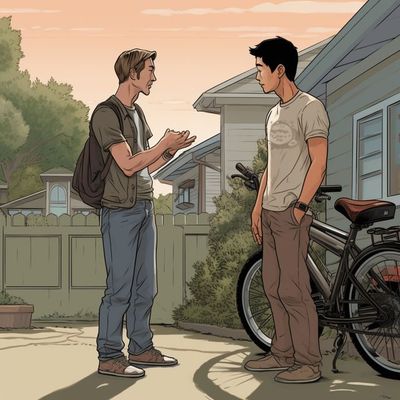
How To Make Amends
<p>When James and Donovan first met, they knew little about each other, except that Donovan had stolen James' bike. Donovan got caught, and spent a month in jail. It was a story with a happy ending, as far as James was concerned. But then he found out, nearly a decade later, what happened to Donovan after his conviction. This week on the show, we look at the unexpected aftermath of a crime, and what happens when adversaries meet in conversation instead of a courtroom.</p><p><i>Have you ever wondered whether you have beliefs that might be hidden from your conscious mind? Be sure to check out our recent series on implicit bias — you can find the first episode </i><a href="https://hiddenbrain.org/podcast/revealing-your-unconscious-part-1/"><i>here</i></a><i>. And if you like our work, please consider supporting it! See how you can help at </i><a href="https://www.patreon.com/HiddenBrain"><i>support.hiddenbrain.org</i></a><i>. </i></p>

Who's In Your Inner Circle?
<p>If you think about the people in your life, it's likely that they share a lot in common with you. Maybe they like the same kinds of food, or enjoy the same hobbies. But, if you dig a little deeper, you may find that they share much more: they might make the same amount of money as you, or share the same race. This week, we talk with economists <a href="https://profiles.stanford.edu/luigi-pistaferri">Luigi Pistaferri</a> and <a href="https://web.stanford.edu/~jacksonm/bio.html">Matthew Jackson</a> about why we often surround ourselves with people who are just like us — and how we can transform our lives by pushing back against this phenomenon. </p><p><i>Did you catch last week's episode on the science of figuring out what you want? You can find it </i><a href="https://hiddenbrain.org/podcast/what-do-you-want-to-be/" target="_blank"><i>here</i></a><i>. And if you'd like to make a financial contribution to support our work, you can do so </i><a href="https://www.patreon.com/HiddenBrain"><i>here</i></a><i>. Thanks!</i></p>
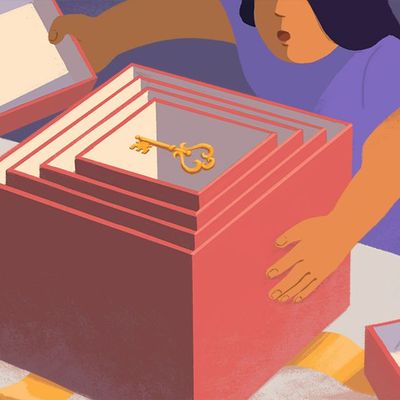
Who Do You Want To Be?
<p>We all have to make certain choices in life, such as where to live and how to earn a living. Parents and peers influence our major life choices. But they can also steer us in directions that leave us deeply unsatisfied. Psychologist<a href="https://psychology.missouri.edu/people/sheldon"> Ken Sheldon</a> studies the science of figuring out what you want. He says there are things we can do to make sure our choices align with our deepest values.</p><p><i>Did you catch last week's episode about how to develop healthy habits? You can find it </i><a href="https://hiddenbrain.org/podcast/you-but-better/"><i>here</i></a><i>. And if you'd like to make a financial contribution to support our work, you can do so </i><a href="https://www.patreon.com/HiddenBrain"><i>here</i></a><i>. Happy New Year from all of us at Hidden Brain!</i></p>
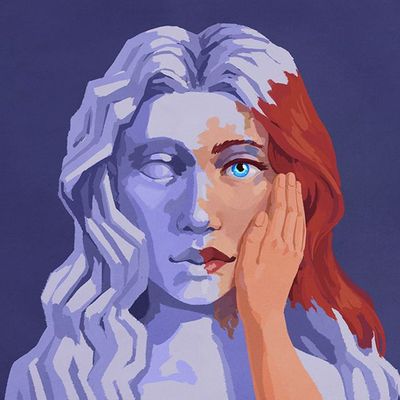
You 2.0: How To See Yourself Clearly
<p>How well do we know ourselves? Maybe the better question to ask is how well <i>can </i>we truly know ourselves? Psychologist <a href="https://psychology.as.virginia.edu/wilson-0">Tim Wilson</a> says introspection only gets us so far, and that we often make important decisions in life and love for reasons we don't even realize. But he says there are some simple ways to improve our self-knowledge. </p><p><i>If you like this show, be sure to check out our other work, including our two recent episodes on how our mindsets shape our lives in subtle but profound ways. Episode 1 looks at </i><a href="https://hiddenbrain.org/podcast/reframing-your-reality-part-1/"><i>how we respond to stress</i></a><strong>, </strong><i>and episode 2 examines how our beliefs about food and exercise </i><a href="https://hiddenbrain.org/podcast/reframing-your-reality-part-2/"><i>affect our bodies</i></a><i>. </i></p><p><i>Also, if you'd like to support our work, you can do so at support.hiddenbrain.org. Thanks! </i></p>
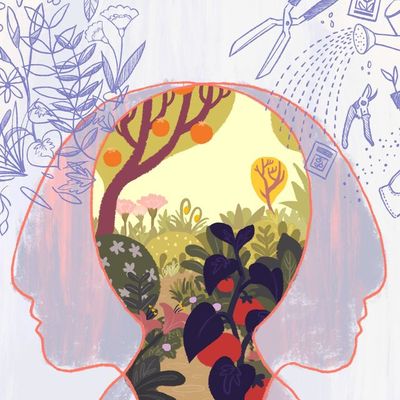
Reframing Your Reality: Part 1
<p>We often assume that we see ourselves and the world around us accurately. But psychologist <a href="https://profiles.stanford.edu/alia-crum">Alia Crum</a> says that our perceptions are always filtered through our mindsets — and these mindsets shape our lives in subtle but profound ways. In the first of two episodes, Alia explains how mindsets affect our response to stress.</p><p><i>If you like this show, be sure to check out our other work, including our </i><a href="https://hiddenbrain.org/podcast/separating-yourself-from-the-pack/"><i>recent episode</i></a><i> about how group identities can affect our behavior. And if you'd like to support our work, you can do so at support.hiddenbrain.org. </i></p>
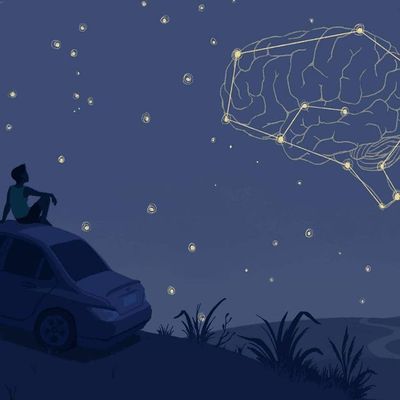
The Premonition
<p>When Paul Burnham was a teenager, he received what felt like a premonition: he would die at the age of 54. Now, he's 54. This week, what his story of confronting death reveals about life.</p><p><i>If you like this show, be sure to check out our other work, including our </i><a href="https://hiddenbrain.org/podcast/do-less/"><i>recent episode</i></a><i> about the power of doing less.</i></p><p><i>Also, check out our new podcast, </i><a href="https://hiddenbrain.org/myunsunghero/"><i>My Unsung Hero</i></a><i>! And if you'd like to support our work, you can do so at support.hiddenbrain.org. </i></p>
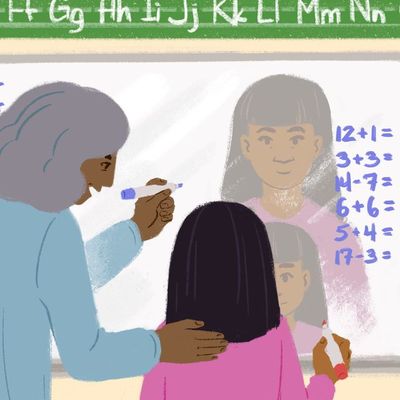
Why You're Smarter Than You Think
<p>From the time we are schoolchildren, we are ranked and sorted based on how smart we are. But what if our assumptions about intelligence limit our potential? This week, psychologist Scott Barry Kaufman proposes a more expansive notion of what it means to be "smart."</p><p><i>If you like this show, be sure to check out our other work, including our </i><a href="https://hiddenbrain.org/podcast/do-less/"><i>recent episode</i></a><i> about the power of subtraction.</i></p><p><i>Also, check out our new podcast, </i><a href="https://hiddenbrain.org/myunsunghero/"><i>My Unsung Hero</i></a><i>! And if you'd like to support our work, you can do so at support.hiddenbrain.org. </i></p>

Do Less
<p>The human drive to invent new things has led to pathbreaking achievements in medicine, science and society. But our desire for innovation can keep us from seeing one of the most powerful paths to progress: subtraction. Engineer <a href="https://engineering.virginia.edu/faculty/leidy-klotz">Leidy Klotz</a> says sometimes the best way forward involves removing, streamlining and simplifying things.</p><p><i>If you like this show, be sure to check out our other work, including our </i><a href="https://hiddenbrain.org/podcast/money-2-0-why-we-bust-our-budgets/"><i>recent episode</i></a><i> about the psychological traps we fall into when it comes to money. </i></p><p><i>Also, check out our new podcast, </i><a href="https://hiddenbrain.org/myunsunghero/"><i>My Unsung Hero</i></a><i>! And if you'd like to support our work, you can do so at support.hiddenbrain.org. </i></p>
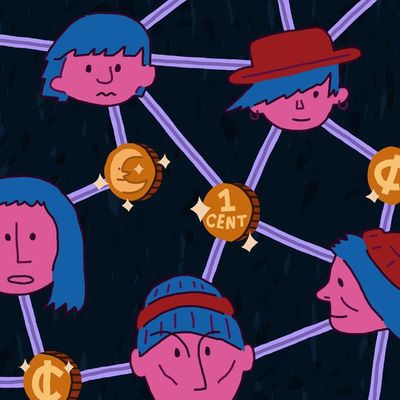
Money 2.0: The Rich and the Rest of Us
<p>Where do you stand on the income ladder? Do you think of yourself as rich, as poor, or as somewhere in between? Our perceptions of wealth — our own, and other people's — can affect us more profoundly than we realize. This week in our Money 2.0 series, we revisit two of our favorite conversations about wealth and inequality. Sociologist Brook Harrington takes us inside the lives of the über wealthy and the people who manage their fortunes. Then, psychologist Keith Payne shares surprising research about income inequality and how it shapes our minds. </p><p><i>If you like this show, be sure to listen to the other episodes in this series, including </i><a href="https://hiddenbrain.org/podcast/money-2-0-rewrite-your-money-story/"><i>our conversation</i></a><i> about the mental scripts that shape our choices around money.</i></p><p><i>Also, check out our new podcast, </i><a href="https://hiddenbrain.org/myunsunghero/"><i>My Unsung Hero</i></a><i>! And if you'd like to support our work, you can do so at support.hiddenbrain.org. </i></p><p> </p>
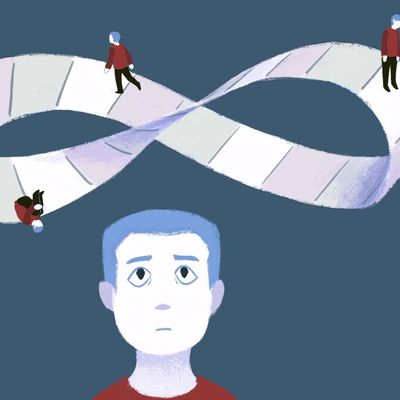
When Doing Right Feels Wrong
<p>Have you ever been in a position where you had to choose between someone you care about and a value that you hold dear? Maybe you had to decide whether to report a friend who was cheating on an exam, or a co-worker who was stealing from the tip jar. This week, we tell the story of a Detroit police officer who found himself in this sort of dilemma, forced to choose between people he loved and the oath he swore to serve his community. What happens in our minds when we have to decide what is right and what is wrong?</p><p><i>If you like this show, please check out our new podcast, </i><a href="https://hiddenbrain.org/myunsunghero/"><i>My Unsung Hero</i></a><i>! And if you'd like to support our work, you can do so at support.hiddenbrain.org.</i></p>
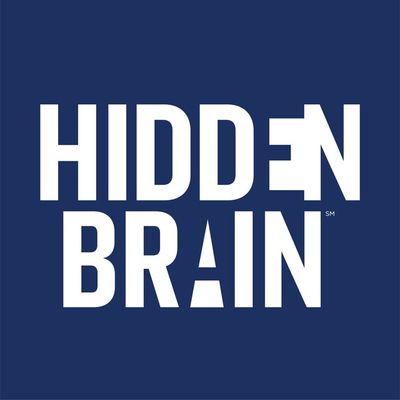
Work 2.0: Life, Interrupted
<p>Many of us spend our workdays responding to a never-ending stream of emails and texts. We feel stressed out and perpetually behind on our to-do list. But what if there was a better way to work? This week, we revisit a favorite conversation about "deep work" with computer scientist <a href="https://people.cs.georgetown.edu/~cnewport/">Cal Newport</a>. And we'll visit a lab that's studying whether brain stimulation can improve our ability to handle multitasking and interruptions. </p> <p><em>If you like this show, please check out our new podcast, <a href="https://hiddenbrain.org/myunsunghero/">My Unsung Hero</a>! And to learn more about human behavior and ideas that can improve your life, subscribe to our newsletter at<a href="http://news.hiddenbrain.org/"> news.hiddenbrain.org</a>.</em></p> <p> </p>

My Unsung Hero: Terri Powers' Story
<p>Today we're sharing another episode of our new podcast, My Unsung Hero. To hear more stories like this, <a href="https://hiddenbrain.org/myunsunghero/">subscribe, and enjoy!</a></p> <p>It's a few days after her mother's death, and Terri Powers is at the checkout line in a grocery store. As she turns to leave, the bagger stops her, and asks a question. </p>
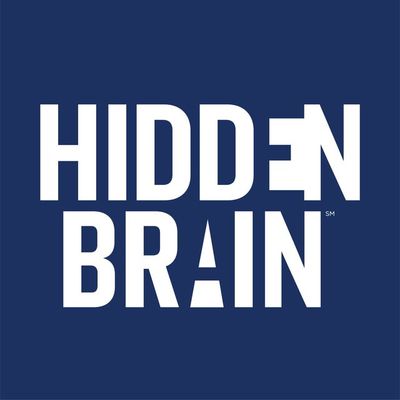
Work 2.0: Game On!
<p>The world of play and the world of work are often seen as opposites. But they may have more in common than we think. In the second installment of our new Work 2.0 series, <a href="https://mgmt.wharton.upenn.edu/profile/emollick/">Ethan Mollick</a> makes the case that we can make our jobs more engaging by incorporating elements of games. </p> <p><em>If you like our work, please consider supporting it! See how you can help at</em><a href="http://support.hiddenbrain.org/"><em> support.hiddenbrain.org</em></a><em>. And to learn more about human behavior and ideas that can improve your life, subscribe to our newsletter at</em><a href="http://news.hiddenbrain.org/"><em> </em><em>news.hiddenbrain.org</em></a><em>.</em></p>
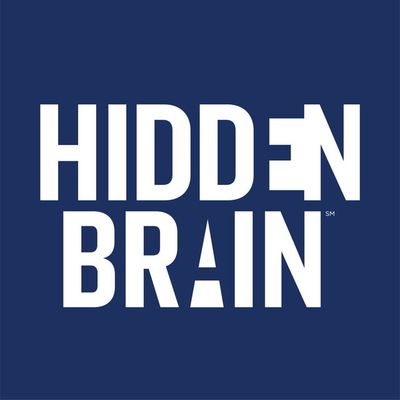
Work 2.0: The Obstacles You Don't See
<p>Introducing new ideas is hard. Most of us think the best way to win people over is to push harder. But organizational psychologist <a href="https://www.kellogg.northwestern.edu/faculty/directory/nordgren_loran.aspx">Loran Nordgren</a> says a more effective approach is to focus on the invisible obstacles to new ideas. </p> <p><em>If you like our work, please consider supporting it! See how you can help at</em><a href="http://support.hiddenbrain.org/"><em> support.hiddenbrain.org</em></a><em>. And to learn more about human behavior and ideas that can improve your life, subscribe to our newsletter at</em><a href="http://news.hiddenbrain.org/"><em> </em><em>news.hiddenbrain.org</em></a><em>.</em></p>
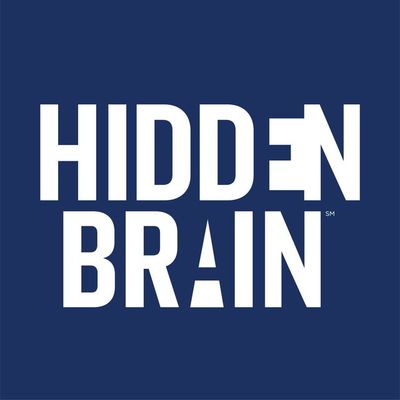
We Broke the Planet. Now What?
<p>We’ve grown accustomed to viewing climate change as an enemy we must urgently defeat. But is that the right metaphor for the greatest existential problem of our time? This week, we consider how to reframe the way we think about life on a changing planet. </p> <p><em>If you like our work, please consider supporting it! See how you can help at</em><a href="http://support.hiddenbrain.org/"><em> support.hiddenbrain.org</em></a><em>. And to learn more about human behavior and ideas that can improve your life, subscribe to our newsletter at</em><a href="http://news.hiddenbrain.org/"><em> </em><em>news.hiddenbrain.org</em></a><em>.</em></p>
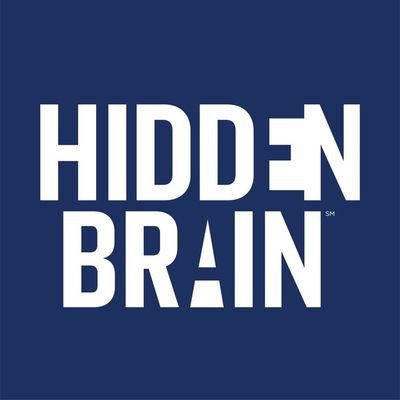
My Unsung Hero: Rick Mangnall's Story
<p>Today we're sharing another episode of our new podcast, My Unsung Hero. <a href="https://hiddenbrain.org/myunsunghero/">Subscribe, and enjoy!</a></p> <p>In 2008, while driving to work, Rick Mangnall crashes into a slab of granite rock. He's hanging upside down in his seatbelt when he sees an old Ford truck pull over across the road.</p>
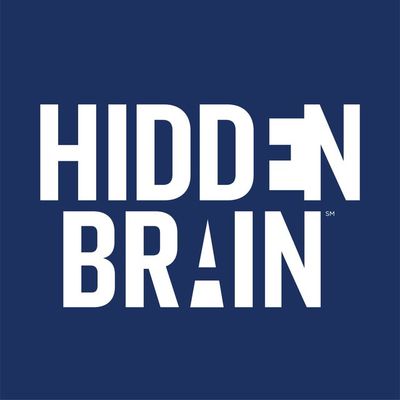
The Halo Effect
<p>In 1978, Judy, Lyn and Donna Ulrich were driving to a volleyball game when their Ford Pinto was hit from behind by a van. The Pinto caught fire, and the three teenagers died. This week, we revisit a 2020 episode with a former Ford insider who played a key role in weighing the risks associated with the Pinto. And we consider what his story tells us about a question we all face: is it possible to fairly evaluate our past actions when we know how things turned out?</p> <p><em>If you like our work, please consider supporting it! See how you can help at</em><a href="http://support.hiddenbrain.org/"><em> support.hiddenbrain.org</em></a><em>. And to learn more about human behavior and ideas that can improve your life, subscribe to our newsletter at</em><a href="http://news.hiddenbrain.org/"><em> </em><em>news.hiddenbrain.org</em></a><em>.</em></p>

Being Kind to Yourself
<p>Self-criticism is often seen as a virtue. But psychologist <a href="https://education.utexas.edu/faculty/kristin_neff">Kristin Neff</a> says there’s a better path to self-improvement — self-compassion. She says people who practice self-compassion are more conscientious and more likely to take responsibility for their mistakes.</p> <p><em>If you like our work, please consider supporting it! See how you can help at</em><a href="http://support.hiddenbrain.org/"><em> support.hiddenbrain.org</em></a><em>. And to learn more about human behavior and ideas that can improve your life, subscribe to our newsletter at</em><a href="http://news.hiddenbrain.org/"><em> </em><em>news.hiddenbrain.org</em></a><em>.</em></p>
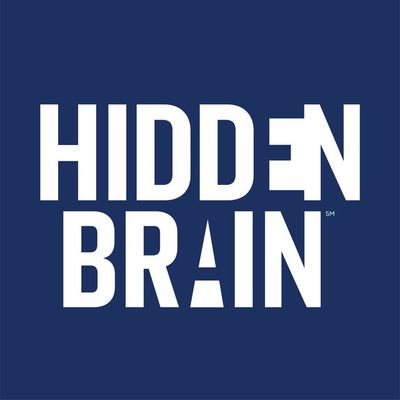
My Unsung Hero: Jackie Briggs' Story
<p>My Unsung Hero is here! We're excited to share one of the first episodes of our new podcast. Episode one features listener Jackie Briggs from Portland, Oregon. In 2006, a stranger noticed an unusual mark on Jackie's arm, and realized something was wrong.</p> <p>You can subscribe to My Unsung Hero <a href="https://hiddenbrain.org/myunsunghero/">here.</a></p>
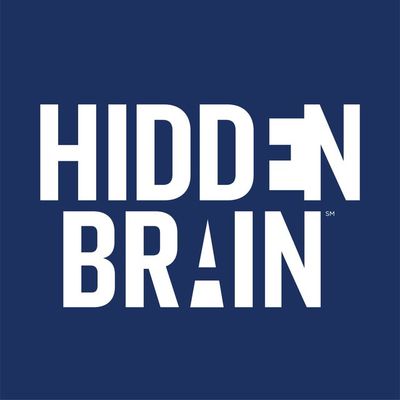
When You Need It To Be True
<p>When we want something very badly, it can be hard to see warning signs that might be obvious to other people. This week, we bring you two stories about how easy it can be to believe in a false reality — even when the facts don’t back us up. </p> <p><em>If you like our work, please consider supporting it! See how you can help at</em><a href="http://support.hiddenbrain.org/"><em> </em><em>support.hiddenbrain.org</em></a><em>. And to learn more about human behavior and ideas that can improve your life, subscribe to our newsletter at </em><a href="http://news.hiddenbrain.org/"><em>news.hiddenbrain.org</em></a><em>.</em></p> <p> </p>
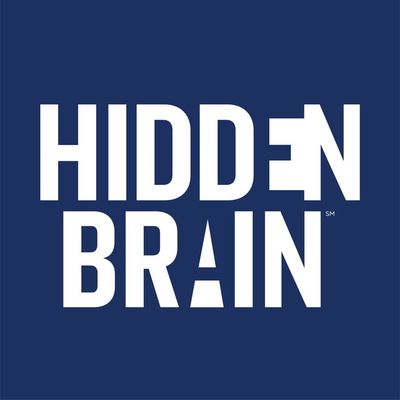
Passion Isn't Enough
<p>Many Americans feel an obligation to keep up with political news. But maybe we should be focusing our energies elsewhere. In this episode from 2020, political scientist <a href="https://as.tufts.edu/politicalscience/people/faculty/hersh">Eitan Hersh</a> says there's been a rise in "political hobbyism" in the United States. We treat politics like entertainment, following the latest updates like we follow our favorite sports teams. Instead, he says, we should think of politics as a way to acquire power and persuade our neighbors to back the issues we support.</p>
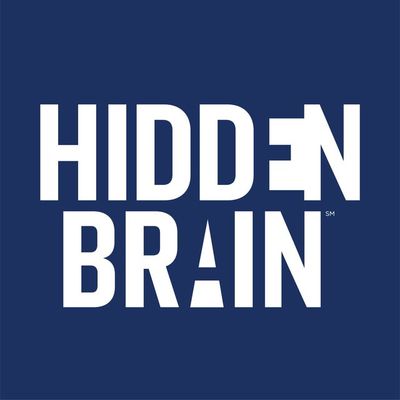
Introducing My Unsung Hero
<p>Longtime Hidden Brain listeners know that for years, we've thanked an unsung hero at the end of every episode. Now, we're launching a new show inspired by that tradition. Each week, we'll share a short story about a moment when one person helped another in a time of need. And we'll show you how these acts of heroism — some big, some small — transformed someone's life. </p>
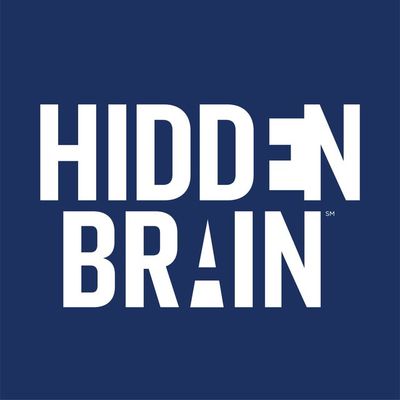
Group Think
<p>How do the groups you identify with shape your sense of self? Do they influence the beer you buy? The way you vote? Psychologist <a href="https://as.nyu.edu/content/nyu-as/as/faculty/jay-van-bavel.html">Jay Van Bavel</a> says our group loyalties affect us more than we realize, and can even shape our basic senses of sight, taste and smell. </p> <p><em>If you like our work, please consider supporting it! See how you can help at</em><a href="http://support.hiddenbrain.org/"><em> </em><em>support.hiddenbrain.org</em></a><em>. And to learn more about human behavior and ideas that can improve your life, subscribe to our newsletter at </em><a href="http://news.hiddenbrain.org/"><em>news.hiddenbrain.org</em></a><em>.</em></p>
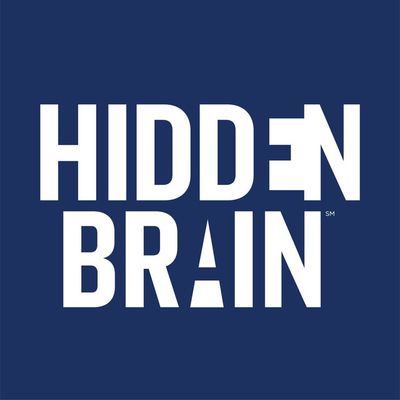
Just Sex
<p>Casual sex typically isn't about love. But what if it's not even about lust? Sociologist <a href="https://liberalarts.tulane.edu/departments/sociology/people/lisa-wade">Lisa Wade</a> studies "hookup culture," and believes the rules and expectations around sex and relationships are different for college students today than they were for previous generations. This week we revisit our 2017 conversation with Wade, and consider how the pandemic may be changing students' views on hookups and intimacy. </p>
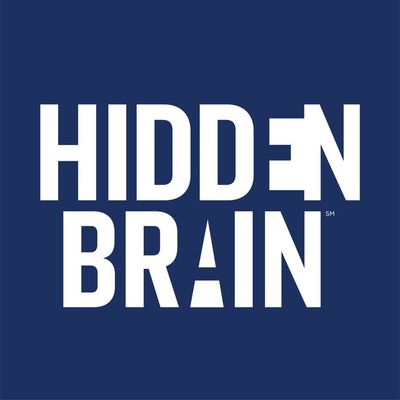
Where Happiness Hides
<p>We all think we know what will make us happy: more money. A better job. Love. But psychologist <a href="https://profiles.ucr.edu/app/home/profile/sonja">Sonja Lyubomirsky</a> says happiness doesn't necessarily work like that. This week, we explore why happiness often slips through our fingers, and how to savor — and stretch out — our joys. </p> <p><em>I</em><em>f you like our work, please consider supporting it! See how you can help at </em><em><a href="http://support.hiddenbrain.org/">support.hiddenbrain.org</a></em><em>. And to learn more about human behavior and ideas that can improve your life, subscribe to our newsletter at </em><em><a href="http://news.hiddenbrain.org/">news.hiddenbrain.org</a></em><em>.</em></p> <p> </p>
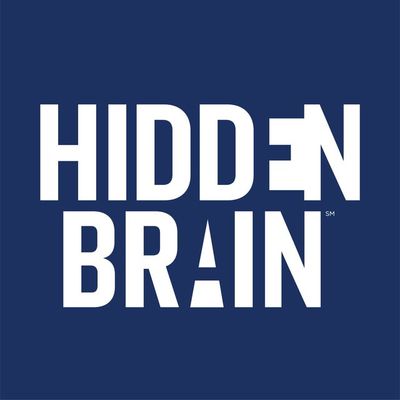
You 2.0: Regrets, I Have a Few...
<p>We all have regrets. By some estimates, regret is one of the most common emotions we experience in our daily lives. In the final episode of our You 2.0 series, we bring you a favorite interview with Amy Summerville, the former head of the Regret Lab at Miami University in Ohio. After years of studying this emotion, she says she's learned something that may seem counterintuitive: regret doesn't always have to be a negative force in our lives. </p> <p><em>If you like our work, please consider supporting it! See how you can help at </em><em><a href="http://support.hiddenbrain.org/">support.hiddenbrain.org</a></em><em>. And to learn more about human behavior and ideas that can improve your life, subscribe to our newsletter at </em><em><a href="http://news.hiddenbrain.org/">news.hiddenbrain.org</a></em><em>.</em></p>
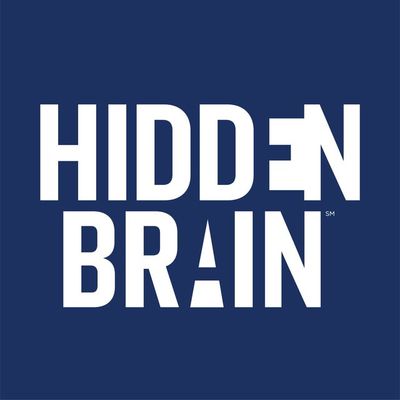
You 2.0: Did That Really Happen?
<p>Our memories are easily contaminated. We can be made to believe we rode in a hot air balloon or kissed a magnifying glass — even if those things never happened. So how do we know which of our memories are most accurate? This week, psychologist <a href="https://as.tufts.edu/psychology/people/faculty/ayanna-thomas">Ayanna Thomas </a>explains how we remember, why we forget, and the simple tools we all can use to sharpen our memories. </p> <p><em>If you like our work, please consider supporting it! See how you can help at </em><em><a href="http://support.hiddenbrain.org/">support.hiddenbrain.org</a></em><em>. And to learn more about human behavior and ideas that can improve your life, subscribe to our newsletter at </em><em><a href="http://news.hiddenbrain.org/">news.hiddenbrain.org</a></em><em>.</em></p>
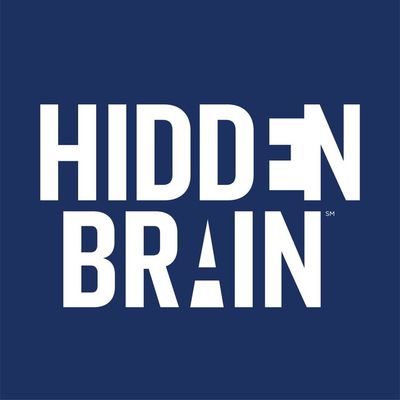
You 2.0: When Did Marriage Become So Hard?
<p>Marriage is hard — and there are signs it's becoming even harder. In the third episode of our You 2.0 summer series, we examine how long-term relationships have changed over time, and whether we might be able to improve marriage by asking <em>less</em> of it. </p> <p><em>If you like our work, please consider supporting it! See how you can help at </em><em><a href="http://support.hiddenbrain.org/">support.hiddenbrain.org</a></em><em>. And to learn more about human behavior and ideas that can improve your life, subscribe to our newsletter at </em><em><a href="http://news.hiddenbrain.org/">news.hiddenbrain.org</a></em><em>.</em></p>
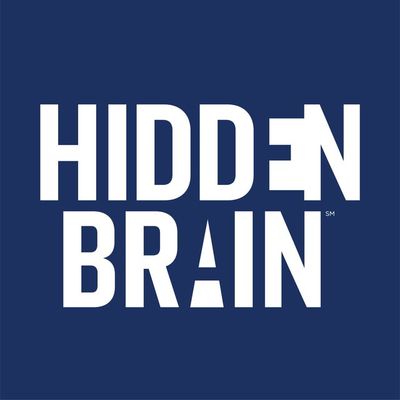
You 2.0: In the Heat of the Moment
<p>In a fit of anger or in the grip of fear, many of us make decisions that we never would have anticipated. As part of our You 2.0 summer series, we look at situations that make us strangers to ourselves — and why it's so difficult to remember what these "hot states" feel like once the moment is over.</p> <p><em>I</em><em>f you like our work, please consider supporting it! See how you can help at </em><em><a href="http://support.hiddenbrain.org/">support.hiddenbrain.org</a></em><em>. And to learn more about human behavior and ideas that can improve your life, subscribe to our newsletter at </em><em><a href="http://news.hiddenbrain.org/">news.hiddenbrain.org</a></em><em>.</em></p>
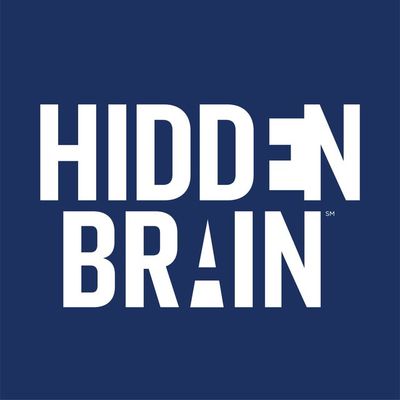
You 2.0: Cultivating Your Purpose
<p>Having a sense of purpose can be a buffer against the challenges we all face at various stages of life. Purpose can also boost our health and longevity. In the kick-off to our annual You 2.0 series, Cornell University psychologist <a href="https://www.human.cornell.edu/people/alb325">Anthony Burrow</a> explains why purpose isn't something to be found — it's something we can develop from within.</p> <p><em>I</em><em>f you like our work, please consider supporting it! See how you can help at </em><em><a href="http://support.hiddenbrain.org/">support.hiddenbrain.org</a></em><em>. And to learn more about human behavior and ideas that can improve your life, subscribe to our newsletter at </em><em><a href="http://news.hiddenbrain.org/">news.hiddenbrain.org</a></em><em>.</em></p>
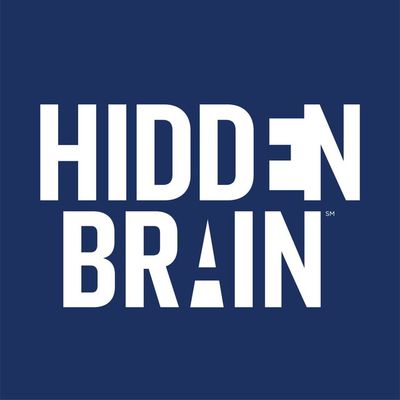
Losing Alaska
<p>As floods, wildfires, and heatwaves hit many parts of the world, signs of climate change seem to be all around us. Scientists have been warning us for years about the looming threat of a warming planet. And yet it’s really hard for many of us to wrap our minds around this existential challenge. Why is that? This week, we bring you a favorite episode about why our brains struggle to grasp the dangers of global climate change. </p> <p><em>I</em><em>f you like our work, please consider supporting it! See how you can help at </em><em><a href="http://support.hiddenbrain.org/">support.hiddenbrain.org</a></em><em>. And to learn more about human behavior and ideas that can improve your life, subscribe to our newsletter at </em><em><a href="http://news.hiddenbrain.org/">news.hiddenbrain.org</a></em><em>.</em></p>
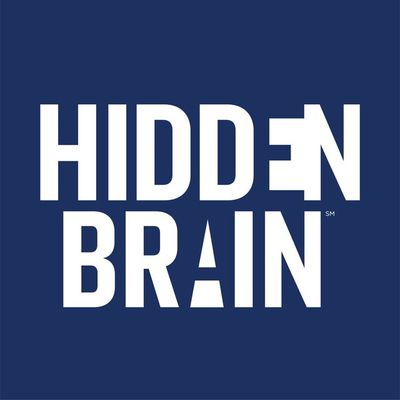
Stage Fright
<p>The pressure. The expectations. The anxiety. If there's one thing that connects the athletes gathering for the Olympic games with the rest of us, it's the stress that can come from performing in front of others. In this week’s episode, we talk with cognitive scientist <a href="https://barnard.edu/president-sian-leah-beilock">Sian Beilock</a> about why so many of us crumble under pressure –– and what we can do about it.</p> <p><em>I</em><em>f you like our work, please consider supporting it! See how you can help at </em><em><a href="http://support.hiddenbrain.org/">support.hiddenbrain.org</a></em><em>. And to learn more about human behavior and ideas that can improve your life, subscribe to our newsletter at </em><em><a href="http://news.hiddenbrain.org/">news.hiddenbrain.org</a></em><em>.</em></p>
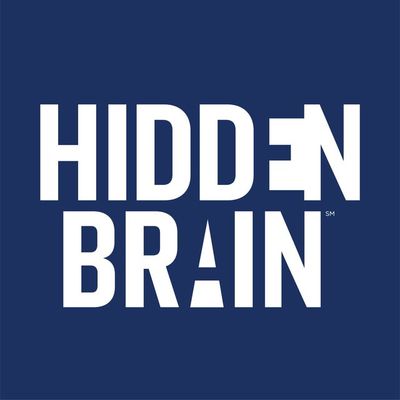
Playing the Gender Card
<p>What is it like to be the only woman at the (poker) table? Or a rare man in a supposedly "feminine" career? In this favorite episode from 2019, we tell the stories of two people who grappled with gender stereotypes on the job, and consider how such biases can shape our career choices. </p> <p><em>I</em><em>f you like our work, please consider supporting it! See how you can help at </em><em><a href="http://support.hiddenbrain.org/">support.hiddenbrain.org</a></em><em>. And to learn more about human behavior and ideas that can improve your life, subscribe to our newsletter at </em><em><a href="http://news.hiddenbrain.org/">news.hiddenbrain.org</a></em><em>.</em></p>
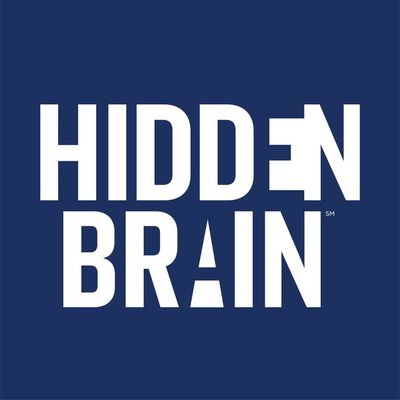
You, But Better
<p>Think about the resolutions you made this year: to quit smoking, eat better, or get more exercise. If you're like most people, you probably abandoned those resolutions within a few weeks. That's because change is hard. Behavioral scientist <a href="https://oid.wharton.upenn.edu/profile/kmilkman/">Katy Milkman</a> explains how we can use our minds to do what's good for us.</p> <p><em>I</em><em>f you like our work, please consider supporting it! See how you can help at </em><em><a href="http://support.hiddenbrain.org/">support.hiddenbrain.org</a></em><em>. And to learn more about human behavior and ideas that can improve your life, subscribe to our newsletter at </em><em><a href="http://news.hiddenbrain.org/">news.hiddenbrain.org</a></em><em>.</em></p>
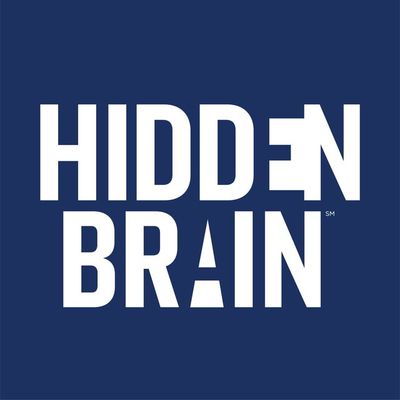
The Influence You Have
<p>Think about the last time you asked someone for something. Maybe you were nervous or worried about what the person would think of you. Chances are that you didn't stop to think about the pressure <em>you</em> were exerting on that person. This week, we revisit a favorite episode about a phenomenon known as "egocentric bias," and look at how this bias can lead us astray. </p> <p><em>I</em><em>f you like our work, please consider supporting it! See how you can help at </em><em><a href="http://support.hiddenbrain.org/">support.hiddenbrain.org</a></em><em>. And to learn more about human behavior and ideas that can improve your life, subscribe to our newsletter at </em><em><a href="http://news.hiddenbrain.org/">news.hiddenbrain.org</a></em><em>.</em></p>
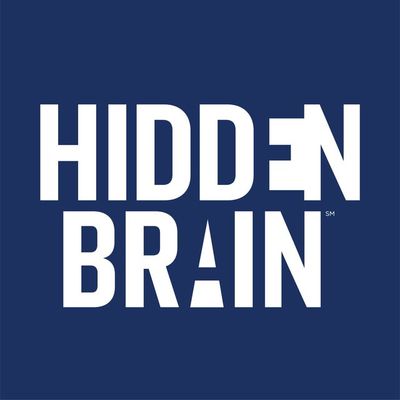
What Twins Tell Us
<p>In December 1988, two sets of identical twins became test subjects in a study for which they had never volunteered. It was an experiment that could never be performed in a lab, and had never before been documented. This week, we revisit this fascinating story, told by <a href="http://psychology.fullerton.edu/faculty/facultyprofiles/n_segal.aspx">psychologist Nancy Segal</a>, about the eternal tug between nature and nurture in shaping who we are.</p> <p><em>I</em><em>f you like our work, please consider supporting it! See how you can help at </em><em><a href="http://support.hiddenbrain.org/">support.hiddenbrain.org</a></em><em>. And to learn more about human behavior and ideas that can improve your life, subscribe to our newsletter at </em><em><a href="http://news.hiddenbrain.org/">news.hiddenbrain.org</a></em><em>.</em></p>
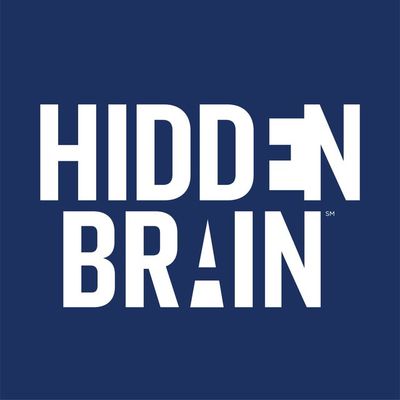
The Power of Apologies
<p>Why is it so hard to say 'I'm sorry?' In part two of our series on forgiveness and apologies, we talk with psychologist <a href="https://business.uq.edu.au/profile/788/tyler-okimoto">Tyler Okimoto</a> about the mental barriers that keep us from admitting when we've done something wrong, as well as the transformative power of apologies.</p> <p><em>I</em><em>f you like our work, please consider supporting it! See how you can help at </em><em><a href="http://support.hiddenbrain.org/">support.hiddenbrain.org</a></em><em>. And to learn more about human behavior and ideas that can improve your life, subscribe to our newsletter at </em><em><a href="http://news.hiddenbrain.org/">news.hiddenbrain.org</a></em><em>.</em></p>
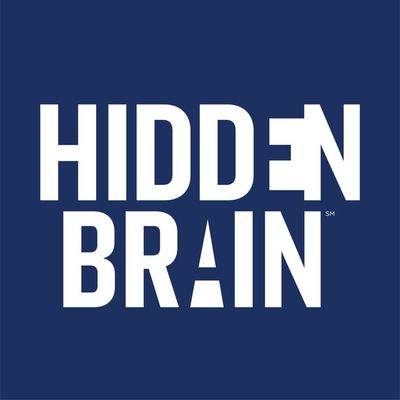
The Power of Mercy
<p>Granting forgiveness for the wrongs done to us can be one of the hardest things we face in life. But forgiveness can also be transformative. In the first of a two-part series on apologies and mercy, we talk with psychologist <a href="https://hope.edu/directory/people/vanoyen-witvliet-charlotte/index.html">Charlotte Witvliet</a> about the benefits of forgiveness, for both the mind and the body. </p> <p><em>If you like our work, please consider supporting it! See how you can help at <a href="https://www.patreon.com/HiddenBrain">support.hiddenbrain.org</a>. And to learn more about human behavior and ideas that can improve your life, subscribe to our newsletter at <a href="https://news.hiddenbrain.org/">news.hiddenbrain.org</a>. </em></p>
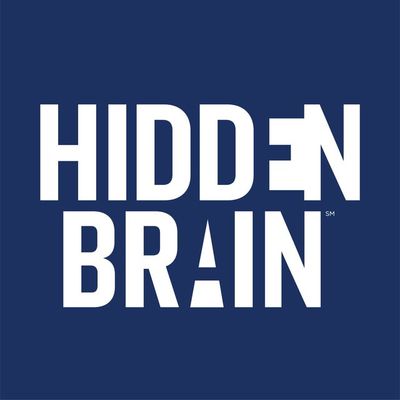
What are the Odds?
<p>Coincidences can feel like magic. When we realize that a co-worker shares our birthday or run into a college roommate while on vacation, it can give us a surge of delight. Today, we revisit a favorite episode about these moments of serendipity. Mathematician <a href="http://www.josephmazur.com/">Joseph Mazur</a> explains why coincidences aren't as unlikely as we think they are, and psychologist <a href="https://www.chicagobooth.edu/faculty/directory/e/nicholas-epley">Nicholas Epley</a> tells us why we can't help but find meaning in them anyway. </p>
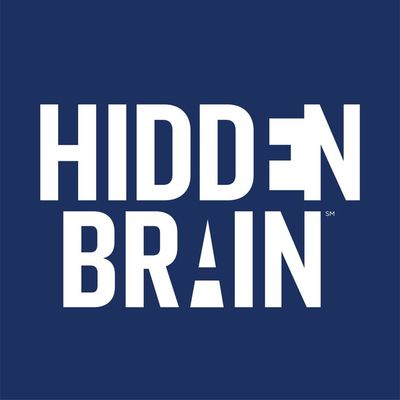
This is Your Brain on Ads
<p>Have you ever opened your computer with the intention of sending one email — only to spend an hour scrolling through social media? Maybe two hours? In this favorite episode from our archives, we look at how media, tech, and entertainment companies hijack our attention. Plus, we consider how the commercials we saw as children continue to shape our behavior as adults. </p> <p><em>If you like our work, please consider supporting it! See how you can help at <a href="https://www.patreon.com/HiddenBrain">support.hiddenbrain.org</a>. And to learn more about human behavior and ideas that can improve your life, subscribe to our newsletter at <a href="https://news.hiddenbrain.org/">news.hiddenbrain.org</a>. </em></p>
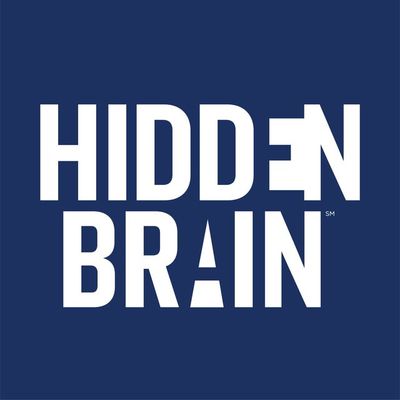
Why We Hold on to Things
<p>What do the things you own say about who you are? Psychologist <a href="https://research-information.bris.ac.uk/en/persons/bruce-m-hood">Bruce Hood</a> studies our relationship with our possessions – from beloved childhood objects to the everyday items we leave behind.</p> <p><em>If you like our work, please consider supporting it! See how you can help at <a href="https://www.patreon.com/HiddenBrain">support.hiddenbrain.org</a>. And to learn more about human behavior and ideas that can improve your life, subscribe to our newsletter at <a href="https://news.hiddenbrain.org/">news.hiddenbrain.org</a>. </em></p>
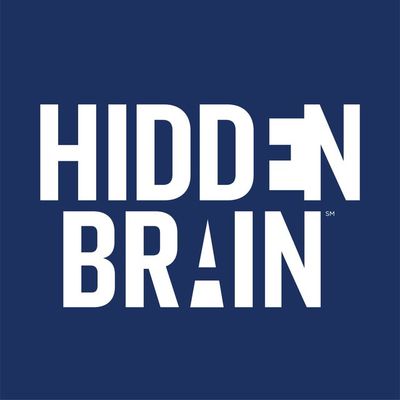
Loss and Renewal
<p>No matter how hard we work, we won’t always achieve the goals we set for ourselves. When cognitive scientist Maya Shankar was a girl, she wanted to be a concert violinist. Then an injury forced her to imagine her life anew. This week, we revisit a favorite episode from 2015 with Maya. She’s now the host of a new podcast, <a href="https://www.pushkin.fm/show/slight-change-of-plans/">A Slight Change of Plans</a>.</p> <p><em>If you like our work, please consider supporting it! See how you can help at <a href="https://www.patreon.com/HiddenBrain">support.hiddenbrain.org</a>. And to learn more about human behavior and ideas that can improve your life, subscribe to our newsletter at <a href="https://news.hiddenbrain.org/">news.hiddenbrain.org</a>. </em></p>
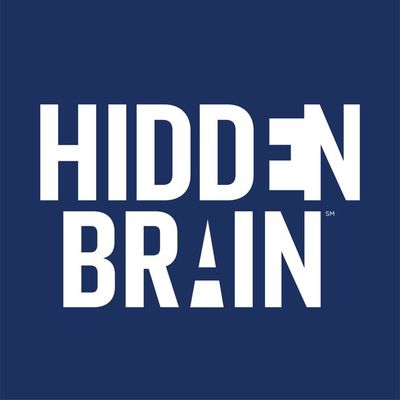
Tribes and Traitors
<p>In the past weeks, headlines around the world have focused on the violent conflict between Israelis and Palestinians. In this favorite episode from our archive, we hear from a former Israeli soldier and a Palestinian man who asked a radical question: <em>what happens when you empathize with your enemy? </em> They found that showing such empathy can be powerful — but also carries risks. </p> <p><em>If you like our work, please consider supporting it! See how you can help at <a href="https://www.patreon.com/HiddenBrain">support.hiddenbrain.org</a>. And to learn more about human behavior and ideas that can improve your life, subscribe to our newsletter at <a href="https://news.hiddenbrain.org/">news.hiddenbrain.org</a>. </em></p>
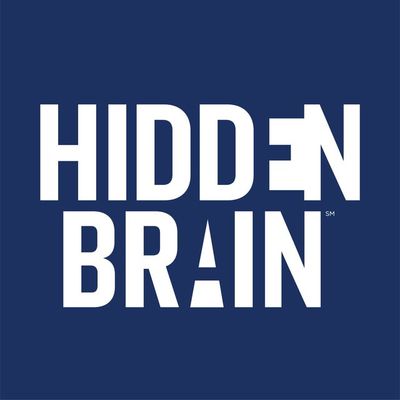
Our Noisy Minds
<p>Psychologist <a href="https://scholar.princeton.edu/kahneman/home">Daniel Kahneman</a> says there are invisible factors that distort our judgment. He calls these factors “noise.” The consequences can be found in everything from marriage proposals to medical diagnoses and prison sentences. This week on <em>Hidden Brain</em>, we consider how to identify noise in the world, and in our own lives.</p> <p><em>If you like our work, please consider supporting it! See how you can help at <a href="https://www.patreon.com/HiddenBrain">support.hiddenbrain.org</a>. And to learn more about human behavior and ideas that can improve your life, subscribe to our newsletter at <a href="https://news.hiddenbrain.org/">news.hiddenbrain.org</a>. </em></p>
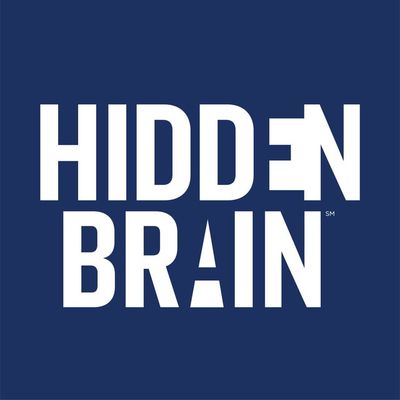
The Fake Bride
<p>Have you ever felt as if someone else was writing your personal narrative? Controlling what you do, shaping how you act? This week on <em>Hidden Brain</em>, we bring you a surreal tale about a woman who became a reluctant character in someone else’s love story.</p> <p><em>If you like our work, please consider supporting it! See how you can help at <a href="https://www.patreon.com/HiddenBrain">support.hiddenbrain.org</a>. And to learn more about human behavior and ideas that can improve your life, subscribe to our newsletter at <a href="https://news.hiddenbrain.org/">news.hiddenbrain.org</a>. </em></p>
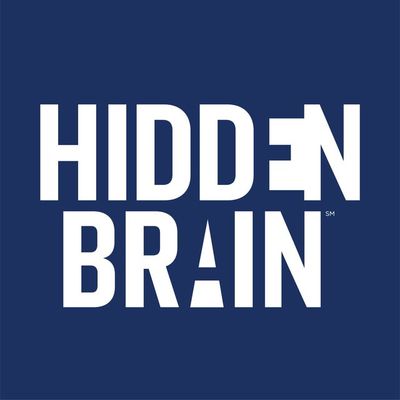
Josh Gitelson: My Unsung Hero
<p>At the end of every episode, we take a moment to thank an Unsung Hero: someone who’s not on the staff of the show, but who went above and beyond in helping us out. In recent weeks, we've been asking you to share your own examples of someone who's made an impact on your life. This time, Josh Gitelson of State College, Pa., recalls a small gesture of kindness from a stranger on a plane. <br /><br />Do you have a story of an unsung hero you want to share with our listeners? Tell us about it! Please email us at <a href="mailto:ideas@hiddenbrain.org">ideas@hiddenbrain.org</a>, with the subject line "Unsung Hero." For some guidelines on what we're looking for, go to <a href="https://hiddenbrain.org/unsunghero/">hiddenbrain.org/unsunghero</a>.</p>
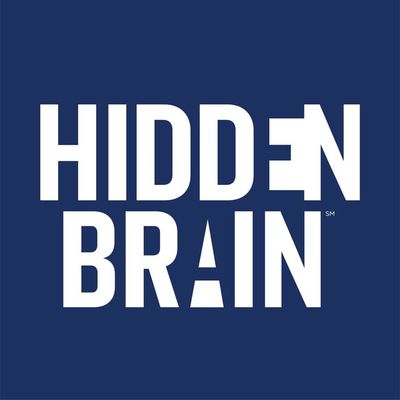
One Head, Two Brains
<p>Your brain is divided in two: a left hemisphere and a right hemisphere. In this 2019 episode of <em>Hidden Brain</em>, we dive into <a href="https://channelmcgilchrist.com/">Iain McGilchrist's</a> research on how the left and right hemispheres shape our perceptions. Iain argues that differences in the brain — and Western society's preference for what one hemisphere has to offer — have had enormous effects on our lives.</p> <p><em>If you like our work, please consider supporting it! See how you can help at <a href="http://support.hiddenbrain.org/">support.hiddenbrain.org</a>. To learn more about human behavior and ideas that can improve your life, subscribe to our newsletter at <a href="http://news.hiddenbrain.org/">news.hiddenbrain.org</a></em></p>
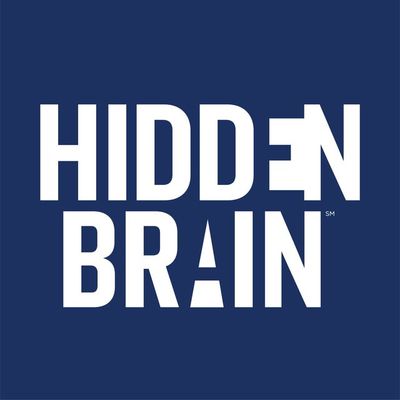
Deb Pierce: My Unsung Hero
<p>In every episode of <i>Hidden Brain</i>, we thank an Unsung Hero — a colleague, a friend or a family member who has helped make our work possible from behind the scenes. Recently, we asked you to tell us about your own unsung heroes. This week, Deb Pierce remembers the nurse who showed up at one of the hardest moments in her life — when her newborn daughter passed away.</p>
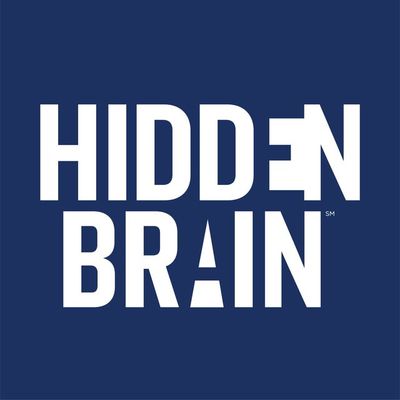
Why Conversations Go Wrong
<p>Do you ever struggle to communicate with your mom? Or feel like you and your spouse sometimes speak different languages? We talk with linguist <a href="http://www.deborahtannen.com/">Deborah Tannen</a> about how our conversational styles can cause unintended conflicts, and what we can do to communicate more effectively with the people in our lives.</p> <p><em>If you like our work, please try to support us! See how you can help at <a href="http://support.hiddenbrain.org/">support.hiddenbrain.org</a>. To learn more about human behavior and ideas that can improve your life, subscribe to our newsletter at <a href="http://news.hiddenbrain.org/">news.hiddenbrain.org</a></em></p>
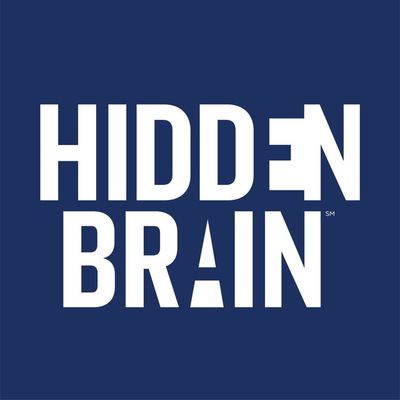
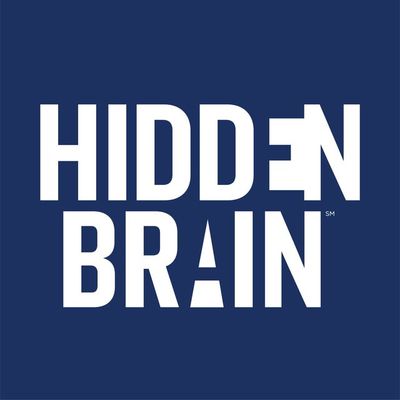
Humor Us
<p>Hahaha! The average four-year-old child laughs 300 times a day. By contrast, it takes more than two months for the average 40-year-old adult to laugh that many times. This week, we talk with behavioral scientist <a href="https://www.gsb.stanford.edu/faculty-research/faculty/jennifer-lynn-aaker">Jennifer Aaker</a> of Stanford University about why so many of us fall off a “humor cliff” as we become adults. Plus, how we can inject more laughter into our lives, even during the most difficult of times. </p>
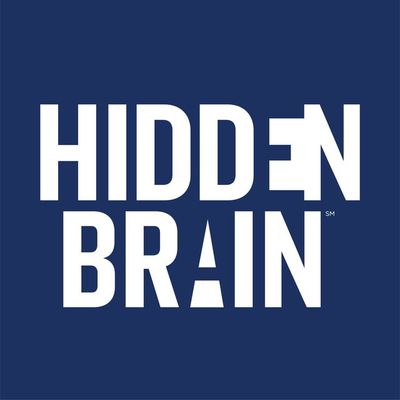
An Unfinished Lesson
<p>More than a century ago, millions of people around the world died in a massive influenza pandemic. The so-called "Spanish flu" outbreak of 1918 revealed a truth about viruses: they don't just infect us biologically. They also detect fissures in societies and fault lines between communities. Historian <a href="https://www.pugetsound.edu/faculty-pages/nbristow">Nancy Bristow</a> says this remains true today, as we continue to grapple with the COVID-19 pandemic.This week, we revisit our 2020 conversation with Bristow, and consider what history can tell us about human behavior during public health crises. </p>
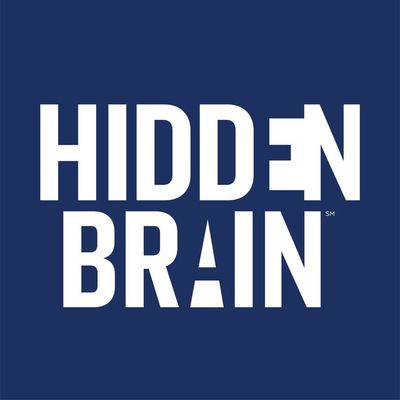
Useful Delusions
<p>Podcast hosts are used to being the ones asking the questions. This week, though, we’re going to flip that script, and put Shankar in the guest seat. We’ll hear a recent interview he did with Krys Boyd of the public radio show <em>Think</em> from KERA in Dallas. The discussion revolves around Shankar's latest book, <a href="https://hiddenbrain.org/books/"><em>Useful Delusions</em></a>, and how self-deceptions can bind together marriages, communities, and even entire nations.</p>
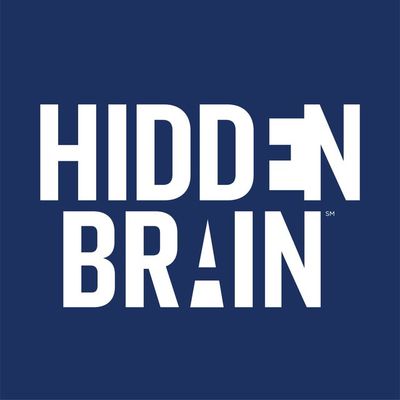
Made of Honor
<p>Stories help us make sense of the world, and can even help us to heal from trauma. They also shape our cultural narratives, for better and for worse. This week on <em>Hidden Brain</em>, we conclude our three-part series on storytelling with a look at the phenomenon of "honor culture," and how it dictates the way we think and behave. </p> <p> </p>

The Story of Your Life
<p>We can’t go back and change the past. We can’t erase trauma and hardship. But what if there was a way to regain control of our personal narratives? In the second part of our series on storytelling, we look at how interpreting the stories of our lives — and rewriting them — can change us forever.</p> <p><em>Also, a note that this week's episode touches on themes of trauma and suicide. If you or someone you know may be having thoughts of suicide, please call or text the National Suicide Prevention Lifeline at 1-800-273-8255. </em></p> <p> </p>
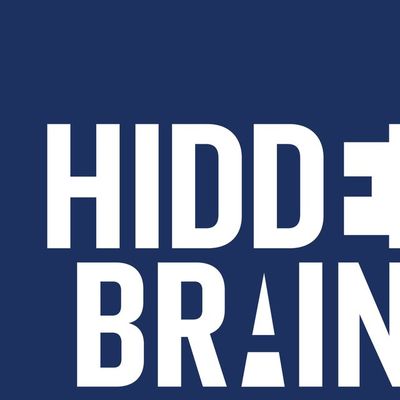
The Story of Stories
<p>Why is my friend late? How does nuclear fission work? What occurs when I sneeze? We all need to understand why certain things happen. Some researchers think the drive to explain the world is a basic human impulse, similar to thirst or hunger. This week on Hidden Brain, we begin a three part series on why we tell stories. <a href="https://psych.princeton.edu/person/tania-lombrozo">Psychologist Tania Lombrozo</a> discusses how explanations can lead to discovery, delight, and disaster.</p>
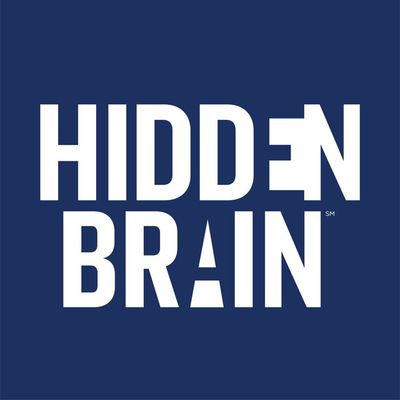
Radically Normal
<p>For generations, it was difficult, even dangerous, to express a sexual orientation other than heterosexuality in the United States. But in recent years, much has changed. This week, we revisit our 2019 episode about one of the most striking transformations of public attitude ever recorded. And we consider whether the strategies used by the LGBTQ community hold lessons for other groups seeking change.</p>

The Snowball Effect
<p>Why do some companies become household names, while others flame out? How do certain memes go viral? And why do some social movements take off and spread, while others fizzle? Today on the show, we talk with sociologist <a href="https://www.asc.upenn.edu/people/faculty/damon-centola-phd">Damon Centola</a> about social contagion, and how it can be harnessed to build a better world.</p>
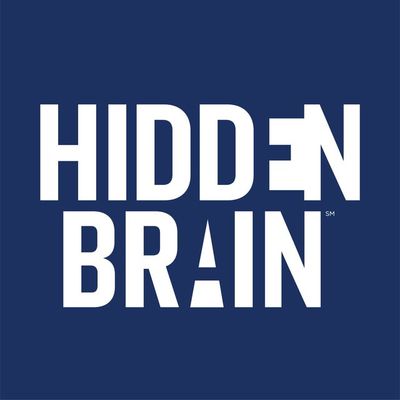
The Match
<p>We get messages all the time from listeners who say <em>Hidden Brain</em> has helped them to think differently about the world, and about themselves. As producers, nothing is more rewarding or gratifying. Today, we bring you a listener story that especially moved us. It’s a tale about two friends, and how our show played a small role in their dramatic story.</p>
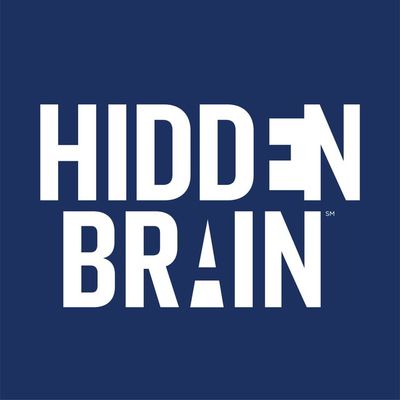
Creating God
<p>If you've taken part in a religious service, have you ever stopped to think about how people become believers? Where do the rituals come from? And what purpose does it all serve? This week, we bring you a 2018 episode with social psychologist <a href="https://psych.ubc.ca/profile/azim-shariff/">Azim Shariff</a>. He argues that we should consider religion from a Darwinian perspective, as an innovation that helped human societies to grow and flourish. </p>
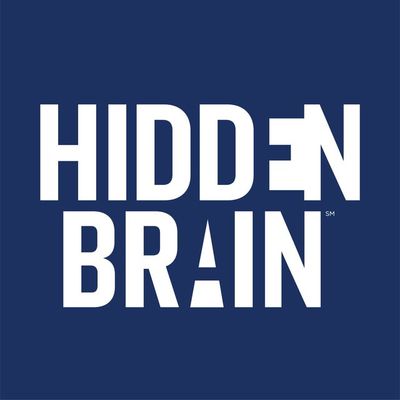
Is It Better to Know?
<p>Being able to see what’s happening around us can help us make smart decisions. But knowledge — especially knowledge of how others perceive us — can also hold us back, mire us in needless worry, and keep us from achieving our potential. This week, we look at the paradox of knowledge. </p>
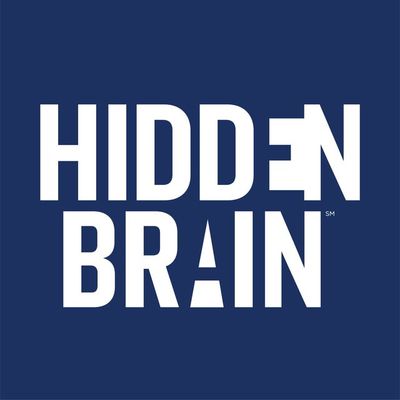
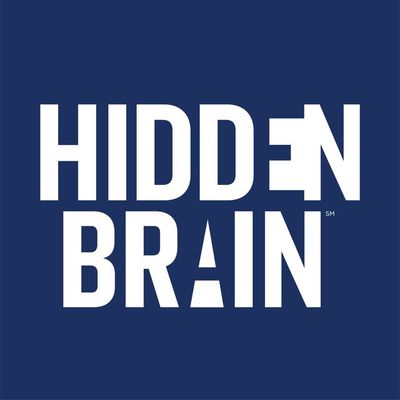
How They See Us
<p>Stereotypes are all around us, shaping how we see the world – and how the world sees us. On the surface, the stereotypes that other people hold shouldn’t affect the way we think or act. But our concerns about other people’s perceptions have a way of burrowing deep into our minds. This week, social psychologist <a href="https://claudesteele.com/">Claude Steele</a> explains the psychology of “stereotype threat.”</p>
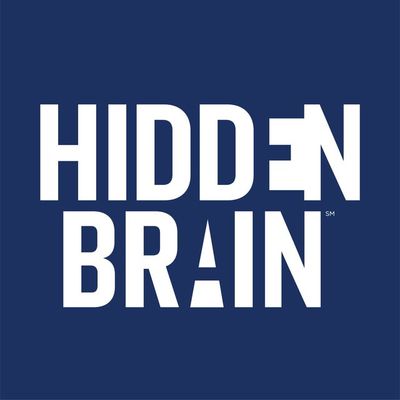
The Easiest Person to Fool
<p>Physicist Richard Feynman once said, “The first principle is that you must not fool yourself, and you are the easiest person to fool.” One way we fool ourselves is by imagining we know more than we do; we think we are experts. This week on <em>Hidden Brain</em>, psychologist <a href="https://mgmt.wharton.upenn.edu/profile/grantad/">Adam Grant</a> describes the magic that unfolds when we challenge our own deeply-held beliefs.</p>
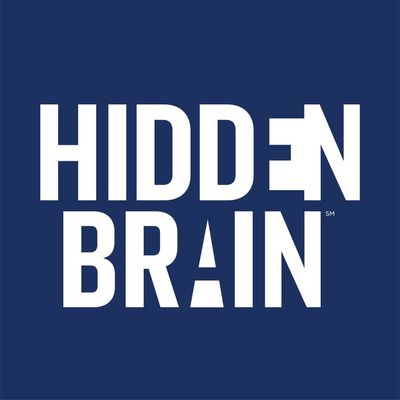
Afraid of the Wrong Things
<p>Around the world, people are grappling with the risks posed by the COVID-19 pandemic. How do our minds process that risk, and why do some of us process it so differently? This week, we talk with psychologist <a href="https://psychology.uoregon.edu/profile/pslovic/">Paul Slovic</a> about the disconnect between our own assessments of risk and the dangers we face in our everyday lives. </p>
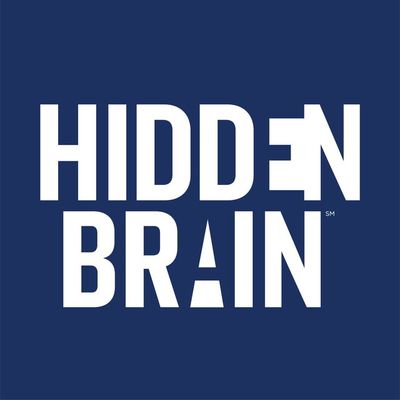
Our Brands, Our Selves
<p>All of us are surrounded by brands. Designer brands. Bargain-shopper brands. Brands for seemingly every demographic slice among us. But have you ever stopped to ask yourself how brands influence you? This week, we bring you our 2019 conversation with <a href="https://marketing.wharton.upenn.edu/profile/amreed/">Americus Reed</a>, who studies how companies create a worldview around the products they sell, and then get us to make those products a part of who we are. </p>
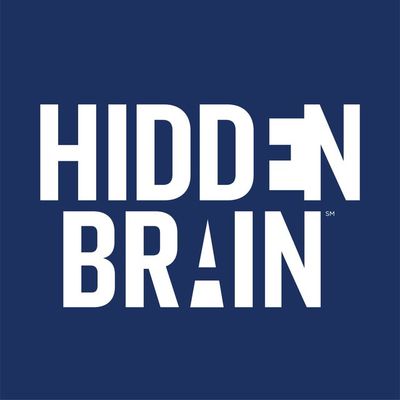
The Secret Life of Secrets
<p>It’s human nature to hide parts of ourselves that produce shame or anxiety. We tend to skip over details that could change how others perceive us. But no matter how big or small our secret, it will often weigh on our minds, and not for the reasons you might expect. This week on <em>Hidden Brain</em>, we talk with psychologist <a href="http://www.columbia.edu/~ms4992/">Michael Slepian</a> about the costs of secret keeping.</p>
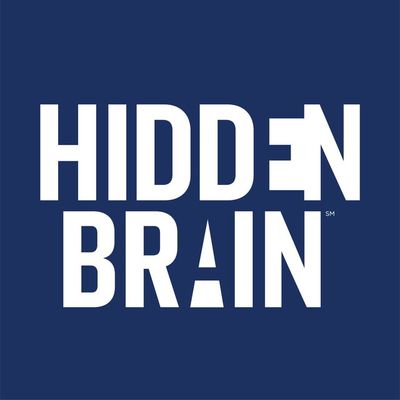
The Double Standard
<p>It's easy to spot bias in other people, especially those with whom we disagree. But it’s not so easy to recognize our own biases. Psychologist Emily Pronin says it’s partly because of our brain architecture. This week on <em>Hidden Brain</em>, we explore what Pronin calls the introspection illusion.</p>
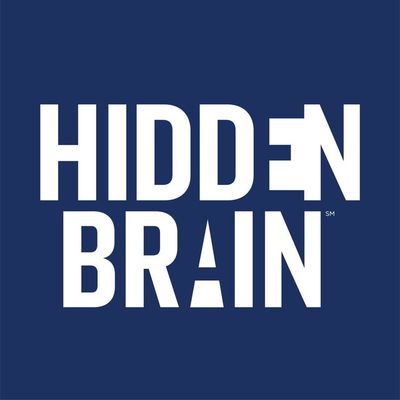
A Creature of Habit
<p>At the beginning of the year, many of us make resolutions for the months to come. We resolve to work out more, to procrastinate less, or to save more money. Though some people stick with these aspirations, many of us fall short. This week, we revisit our 2019 conversation with psychologist Wendy Wood, who shares what researchers have found about how to build good habits — and break bad ones. </p>
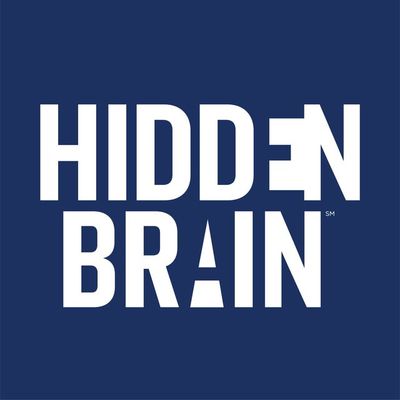
Waiting Games
<p>For so many people across the globe, 2020 has been a year of waiting and uncertainty. Waiting to see friends and family in far-flung locales. Waiting to hear about unemployment aid, or job opportunities. Waiting to hear about loved ones in the hospital. And even though the end of 2020 does not mean the end of these hardships, many of us are letting out a sigh of relief as we say goodbye to this difficult year. This week on <em>Hidden Brain</em>, we look at the psychology of relief and waiting, and how we can make periods of limbo less painful.</p>
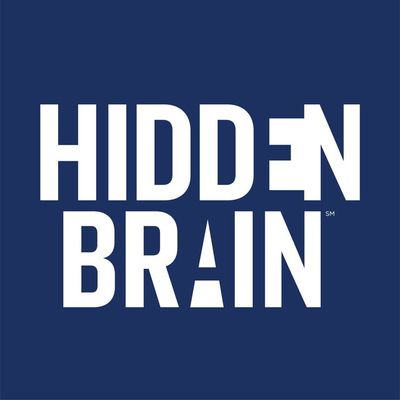
Minimizing Pain, Maximizing Joy
<p>Life is filled with hardships and tragedies — a fact that 2020 has made all too clear for people across the globe. For thousands of years, philosophers have come up with strategies to help us cope with such hardship. This week on <em>Hidden Brain</em>, we talk with philosopher William Irvine about ancient ideas — backed by modern psychology — that can help us manage disappointment and misfortune.</p>
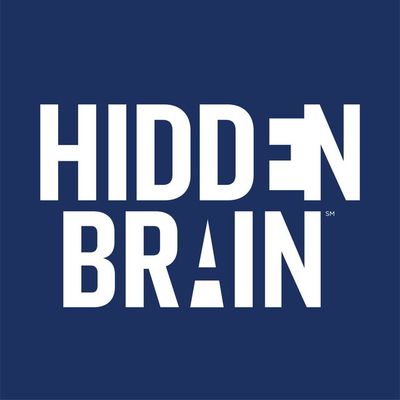
Screaming into a Void
<p>Turn on the news or look at Twitter, and it's likely you'll be bombarded by outrage. Many people have come to believe that the only way to spark change is to incite anger. This week on <em>Hidden Brain</em>, we revisit a favorite 2019 episode about how outrage is hijacking our conversations, our communities, and our minds. </p>
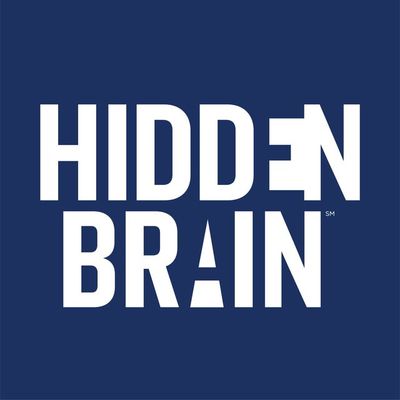
A Conspiracy of Silence
<p>We all self-censor at times. We keep quiet at dinner with our in-laws, or nod passively in a work meeting. But what happens when we take this deception a step further, and pretend we believe the opposite of what we really feel? This week on <em>Hidden Brain</em>, economist and political scientist Timur Kuran explains how our personal, professional and political lives are shaped by the fear of what other people think.</p>
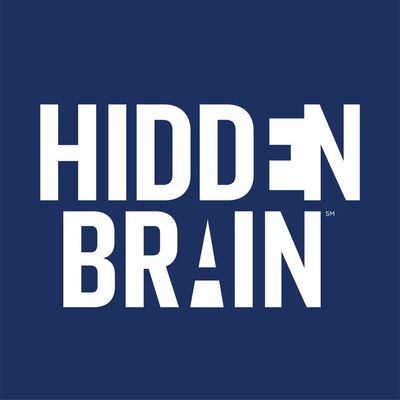
Where Gratitude Gets You
<p>Many of us struggle with self-control. And we assume willpower is the key to achieving our goals. But there's a simple and often overlooked mental habit that can improve our health and well-being. This week on <em>Hidden Brain</em>, we talk with psychologist David DeSteno about that habit — the practice of gratitude. </p>
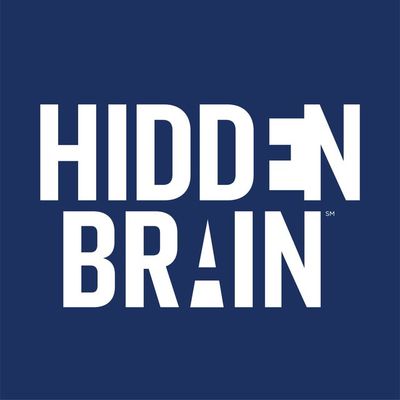
When You Start to Miss Tony from Accounting
<p>If you're one of the 40 percent of Americans now working from home, you might be reveling in your daily commute to the dining room table. Or you might be saying, "Get me out of here." Economist Nicholas Bloom joins us from his spare bedroom to ponder whether working from home is actually working. </p>
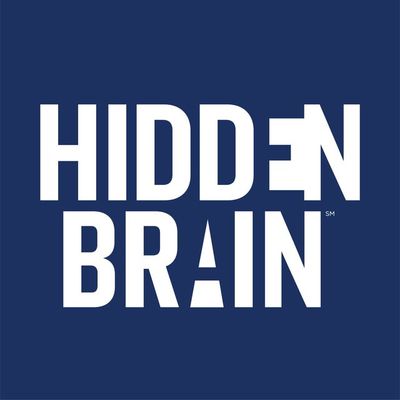
Between Two Worlds
<p>Determination, hard work and sacrifice are core ingredients in the story of the American dream. But philosopher Jennifer Morton argues there is another, more painful requirement to getting ahead: a willingness to leave family and friends behind. This week, we explore the ethical costs of upward mobility.</p>
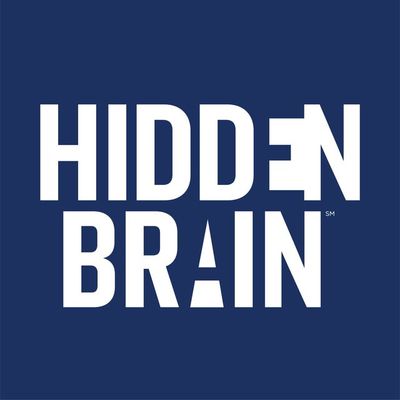
From Pedestals to Guillotines
<p>As election season comes to a close, we explore our contradictory relationship with winners and losers. We tend to idolize the powerful, but we also enjoy seeing the high and mighty fall. Today we explore this paradox with a 2017 episode that takes us from Hollywood and the White House to the forests of Tanzania.</p>

Not at the Dinner Table
<p>We typically divide the country into two distinct groups: Democrats and Republicans. But what if the real political divide in our country isn't between "left" and "right"? What if it's between those who care intensely about politics, and those who don’t? </p> <p>This week we talk to Yanna Krupnikov, a political scientist at Stony Brook University, about an alternative way to understand Americans' political views. </p>
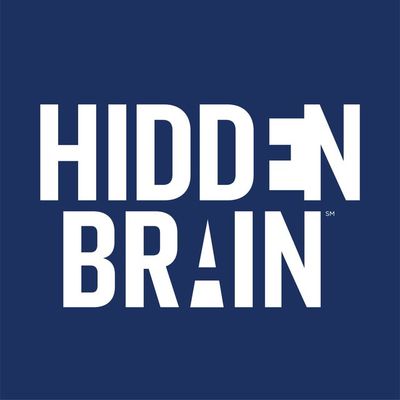
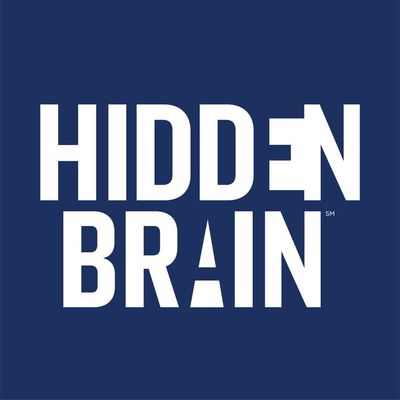
Beyond Doomscrolling
<p>There’s no question that 2020 has been a tough year. We're grappling with a global pandemic. A deep recession. Fresh reminders of racial injustice. But today — without minimizing the justifiable pain that 2020 has brought to so many people — we wanted to explore another way of seeing things. We talk with psychologist Steven Pinker about why it's so hard to see things that are going well in the world. </p>
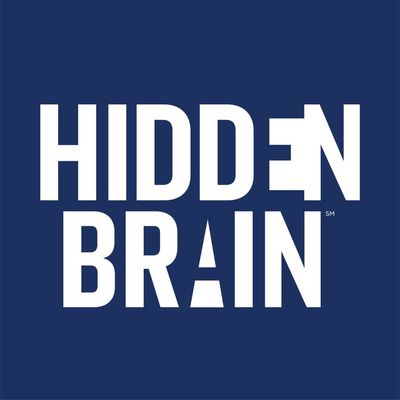
The Logic of Rage
<p>Neuroscientist Doug Fields was on a trip to Europe when a pickpocket stole his wallet. Doug, normally mild-mannered, became enraged — and his fury turned him into a stranger to himself. Today on <em>Hidden Brain</em>, we explore the secret logic of irrational anger. </p>
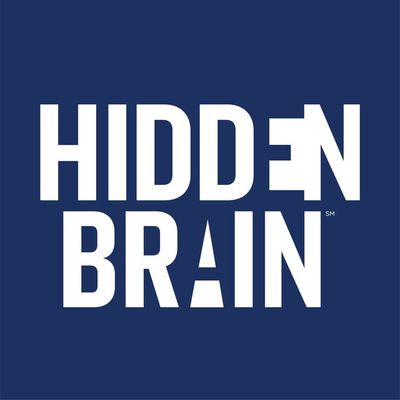
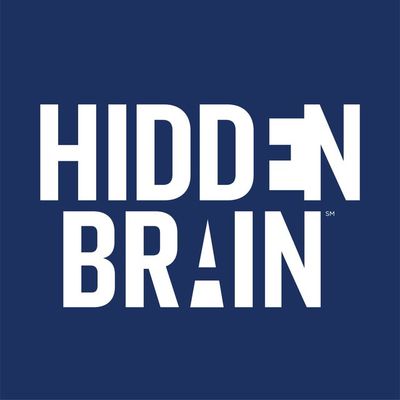
Laughter: The Best Medicine
<p>If you listen closely to giggles, guffaws, and polite chuckles, you can discern a huge amount of information about people and their relationships with each other. This week, we talk with neuroscientist Sophie Scott about the many shades of laughter, from cackles of delight among close friends to the "canned" mirth of TV laugh tracks.</p>
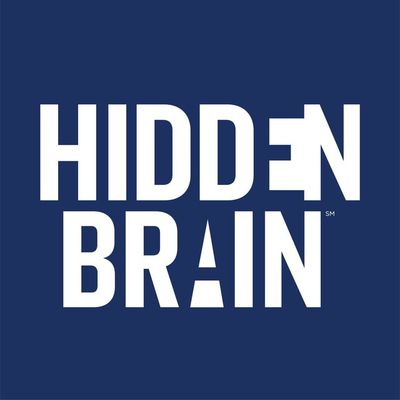
The Halo Effect
<p>Judy, Lyn and Donna Ulrich were driving to a volleyball game when their Ford Pinto was hit from behind by a Chevy van. The Pinto caught fire, and the three teenagers were<strong> </strong>burned to death. This week on Hidden Brain, we talk to a former Ford insider who could have voted to recall the Pinto years before the Ulrich girls were killed — but didn't. And we ask, is it possible to fairly evaluate our past actions when we know how things turned out?</p>
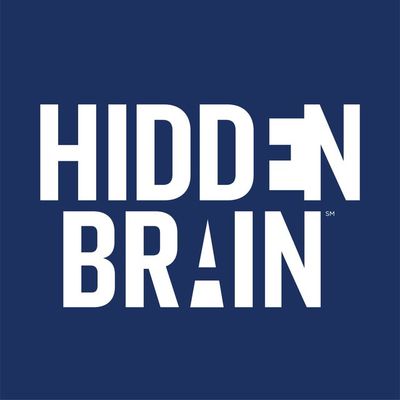
Why Nobody Feels Rich
<p>If you've ever flown in economy class on a plane, you probably had to walk through the first class cabin to get to your seat. Maybe you noticed the extra leg room. The freshly-poured champagne. Maybe you were annoyed, or envious. Social psychologist Keith Payne says we tend to compare ourselves with those who have more than us, but rarely with those who have less. This week, we revisit our 2019 episode on the psychology of income inequality, and how perceptions of our own wealth shape our lives.</p>
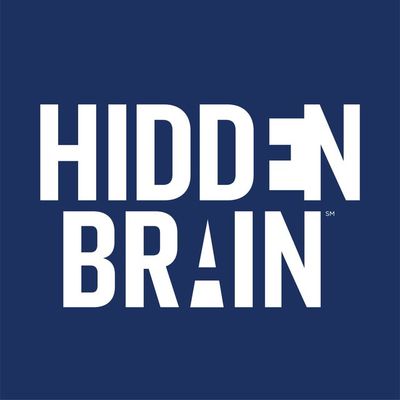
The Fee-for-Service Monster
<p>The United States spends trillions of dollars on healthcare every year, but our outcomes are worse than those of other countries that spend less money. Why? Physician and healthcare executive Vivian Lee explains the psychological and economic incentives embedded in the American model of medicine, and makes the case for a different way forward.</p>
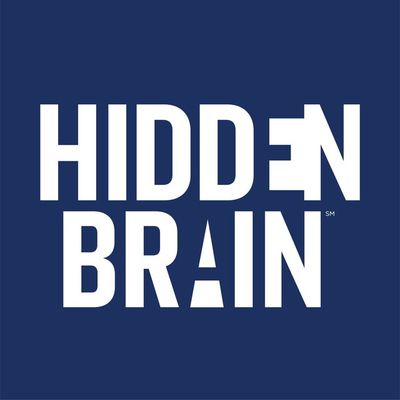
You 2.0: Empathy Gym
<p>Some people are good at putting themselves in another person's shoes. Others may struggle to relate. But psychologist Jamil Zaki argues that empathy isn't a fixed trait. This week, in our final installment of You 2.0, we revisit a favorite episode about how to exercise our empathy muscles.</p>
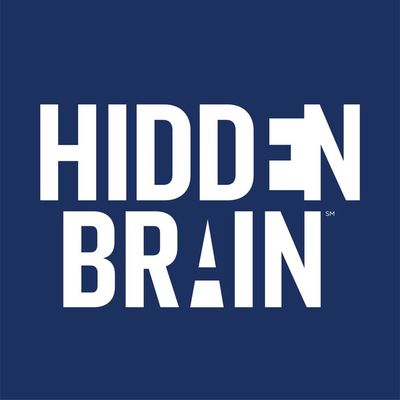
You 2.0: WOOP, WOOP!
<p>American culture is all about positive affirmations. Dream big! Shoot for the stars! But do positive fantasies actually help us achieve our goals? This week, as part of our You 2.0 summer series, we revisit a conversation with researcher Gabriele Oettingen about how we can make our goals more attainable.</p>
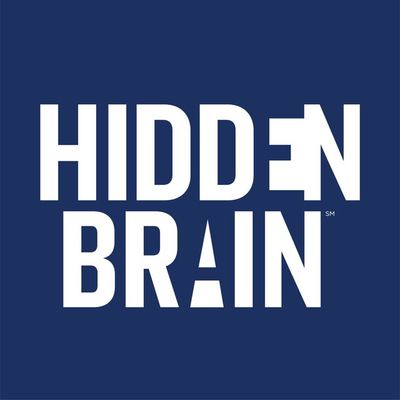
You 2.0: Loss And Renewal
<p>Maya Shankar was well on her way to a career as a violinist when an injury closed that door. This week, as part of our annual You 2.0 series on personal growth and reinvention, we revisit our 2015 conversation with Maya, in which she shares how she found a new path forward after losing an identity she loved.</p>
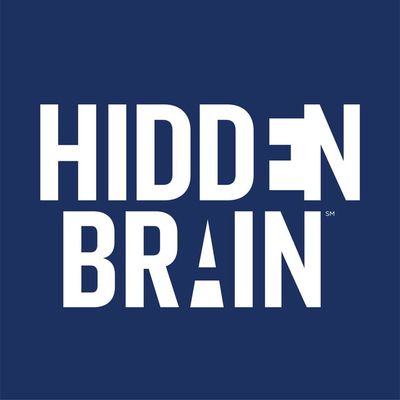
You 2.0: The Mind's Eye
<p>Some challenges feel insurmountable. But psychologist Emily Balcetis says the solutions are often right in front of our eyes. This week, as part of our annual series on personal growth and reinvention, Emily explains how we can harness our sight to affect our behavior.</p>
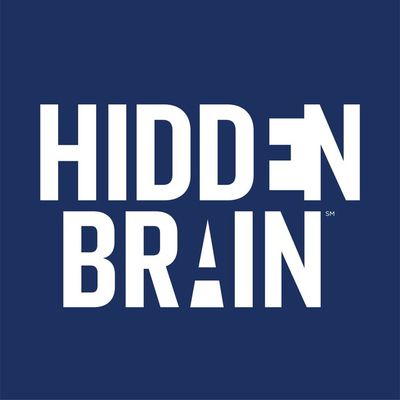
You 2.0: Our Pursuit of Happiness
<p>Sometimes, life can feel like being stuck on a treadmill. No matter how hard you try to get happier, you end up back where you started. What's going on here? We kick off our annual You 2.0 summer series with happiness researcher Elizabeth Dunn, who explains how to fight the treadmill feeling.</p>
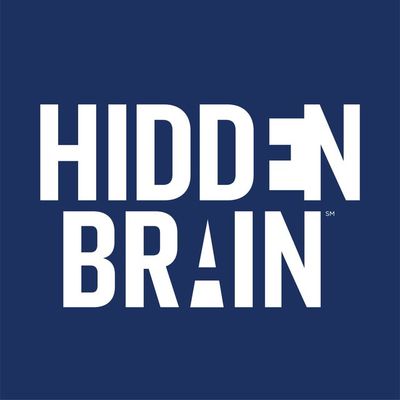
Edge Effect
<p>There is great comfort in the familiar. It's one reason humans often flock to other people who share the same interests, laugh at the same jokes, hold the same political views. But familiar ground may not be the best place to cultivate creativity. Researchers have found that people with deep connections to those from other countries and cultures often see benefits in terms of their creative output. This week, we revisit a favorite 2018 episode about the powerful connection between the ideas we dream up and the people who surround us, and what it really takes to think outside the box.</p>
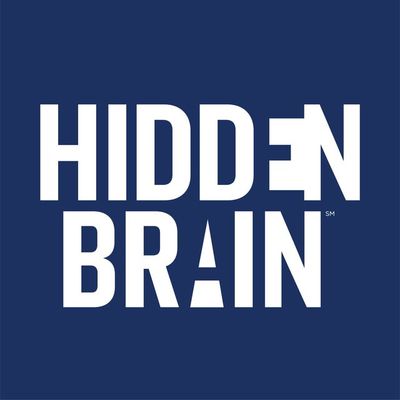
The Untold Story Of Lyndie B. Hawkins
<p>In 2019, a novel by a new author, Gail Shepherd, arrived in bookstores. <em>The True History of Lyndie B. Hawkin</em>s tells the story of a young white girl growing up in the South. The book has been well received, but it is not the book Shepherd intended to write. In her original drafts, Shepherd, a white author, created a Lyndie who was Vietnamese-American, and dealing with issues of race in the deep South. This week we look at what it means to be a storyteller in a time of caustic cultural debate and ask when, if ever, is it okay to tell a story that is not your own?</p>
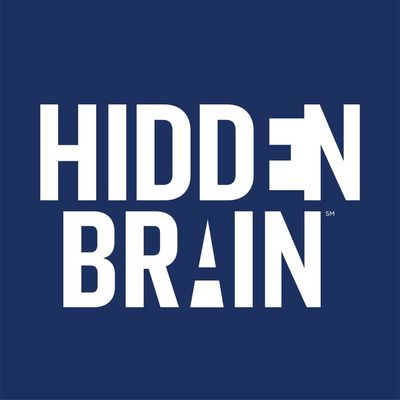
Romeo & Juliet In Rwanda
<p>How do you change someone's behavior? Most of us would point to education or persuasion. But what if the answer lies elsewhere? This week, we revisit a 2018 story about human nature and behavior change — a story that will take us on a journey from Budapest to the hills of Rwanda.</p>
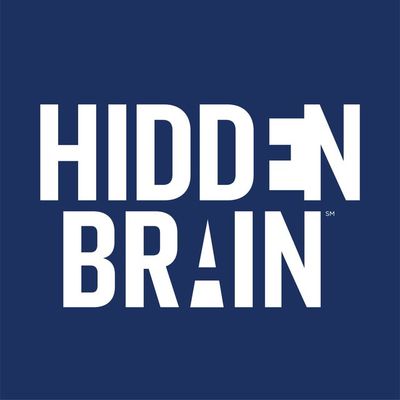
The Night That Lasted A Lifetime
<p>Not long after his sixteenth birthday, Fred Clay was arrested for the murder of a cab driver in Boston. Eventually, Fred was found guilty — but only after police and prosecutors used questionable psychological techniques to single him out as the killer. This week on <em>Hidden Brain</em>, we go back four decades to uncover the harm that arises when flawed ideas from psychology are used to determine that a teenager should spend the rest of his life behind bars.</p>
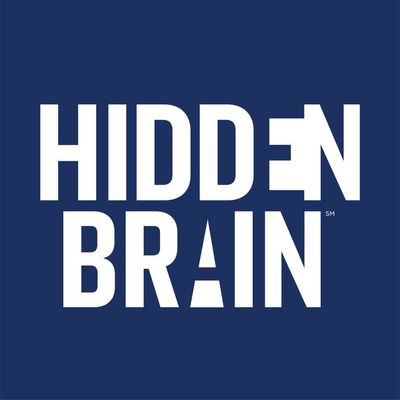
The Founding Contradiction
<p>"We hold these truths to be self-evident, that all men are created equal." These words, penned by Thomas Jefferson more than 240 years ago, continue to inspire many Americans. And yet they were written by a man who owned hundreds of slaves, and fathered six children by an enslaved woman. As we mark Independence Day this week, we return to a 2018 episode with Pulitzer Prize-winning historian Annette Gordon-Reed. We explore the contradictions in Jefferson's life — and how those contradictions might resonate in our own lives.</p>
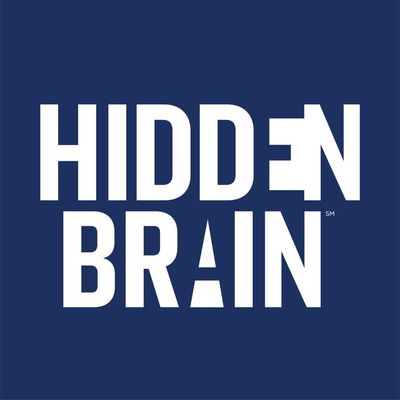
Buy, Borrow, Steal
<p>Policymakers have a tried-and-true game plan for jump-starting the economy in times of severe recession: Push stimulus packages and lower interest rates so Americans will borrow and spend. But economist Amir Sufi says the way we traditionally address a recession is deeply flawed. He argues that by encouraging "sugar-rush" solutions, the nation is putting poor and middle-class Americans <em>and</em> the entire economy at even greater risk. This week we look at the role of debt as a hidden driver of recessions, and how we might create a more stable system.</p>
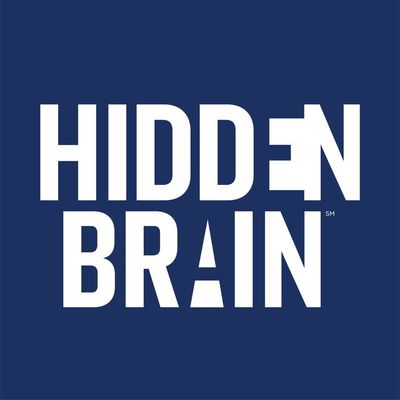
A Rap on Trial
<p>In the past few weeks, the nation has been gripped by protests against police brutality toward black and brown Americans. The enormous number of demonstrators may be new, but the biases they're protesting are not. In 2017, we looked at research on an alleged form of bias in the justice system. This week, we revisit that story, and explore how public perceptions of rap music may have played a role in the prosecution of a man named Olutosin Oduwole.</p>
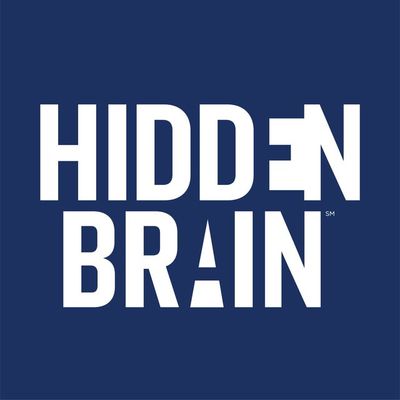
The Air We Breathe
<p>President Trump said this week that a few "bad apples" were to blame for police killings of black people. But research suggests that something more complicated is at play — a force that affects everyone in the culture, not just police officers. In this bonus episode, we revisit our 2017 look at implicit bias and how a culture of racism can infect us all.</p>
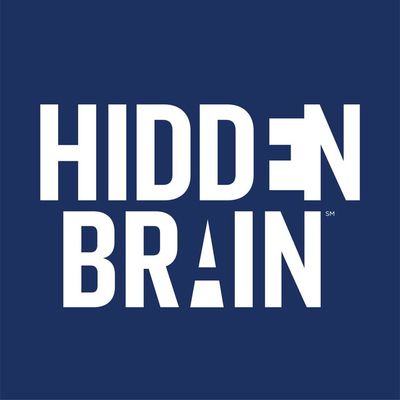
Playing Favorites
<p>If we do a favor for someone we know, we think we've done a good deed. What we don't tend to ask is: Who have we harmed by treating this person with<strong> </strong>more kindness than we show toward others? This week, in the second of our two-part series on moral decision-making, we consider how actions that come from a place of love can lead to a more unjust world.</p>
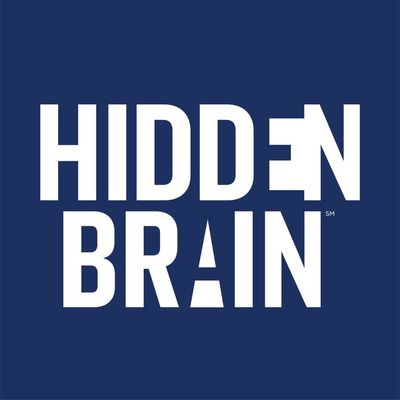
Justifying The Means
<p>When we are asked to make a moral choice, many of us imagine it involves listening to our hearts. To that, philosopher Peter Singer says, "nonsense." Singer believes there are no moral absolutes, and that logic and calculation are better guides to moral behavior than feelings and intuitions. This week, we talk with Singer about why this approach is so hard to put into practice, and look at the hard moral choices presented by the COVID-19 pandemic.</p>
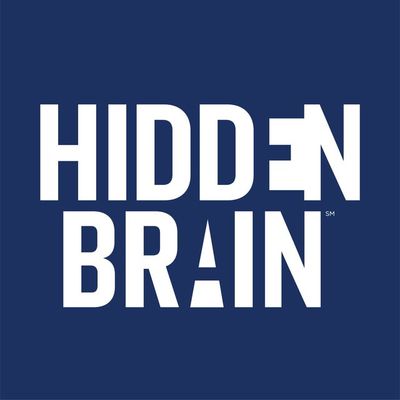
The Time Machine
<p>In recent months, many of us have looked back with longing at our lives before COVID-19. For many of us, that world was one of bustle and activity — marked by scenes of packed restaurants, crowded subway cars, and chaotic playgrounds. In this audio essay, Shankar discusses our wistfulness for the world before the pandemic, and why such nostalgia can actually help to orient us toward the future.</p>
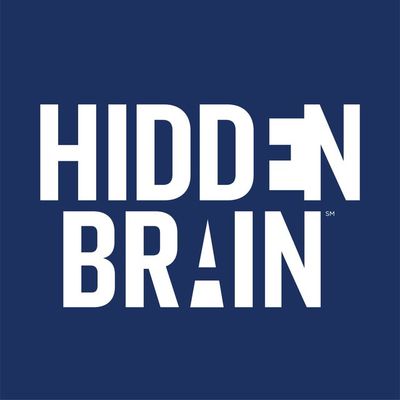
The People Like Us
<p>Far from being "the great equalizer," COVID-19 has disproportionately sickened and killed African Americans and Latinos in the U.S. Many of the reasons for these inequalities reach back to before the pandemic began. This week, we return to a 2019 episode that investigates a specific source of racial disparities in medicine and beyond—and considers an uncomfortable solution.</p>
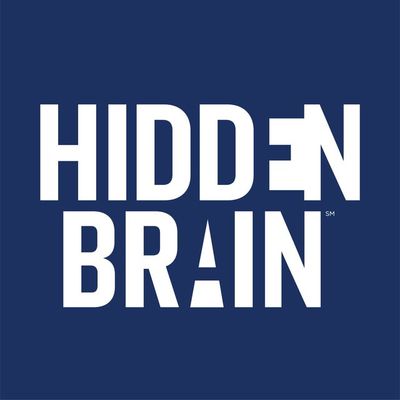
Our Better Angels
<p>In the months since the spread of the coronavirus, stories of selfishness and exploitation have become all too familiar: people ignoring social distancing guidelines, or even selling medical equipment at inflated prices. Most of our public and economic policies take aim at these sorts of people — the wrongdoers and the profiteers. But is there a hidden cost to the rest of us when we put bad actors at the center of our thinking? Do the measures we put in place to curtail the selfish inadvertently hurt our capacity to do right by others?</p>
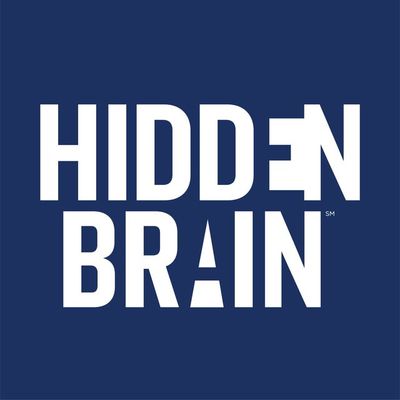
A Hidden Brain Commencement Address
<p>Commencement ceremonies allow us to take stock of what we've accomplished and where we're headed. This is one of the key opportunities that students and families have lost, as social distancing precautions lead schools to cancel in-person graduations. In this "commencement address," recorded at the request of the public radio program <em>1A</em>, Shankar Vedantam offers thoughts on what it means to mark such a milestone at this moment, and how graduates can use the disruption caused by the pandemic to think about their lives in new ways.</p>

The Dramatic Cure
<p>In recent months, many of us have become familiar with the sense of fear expressing itself in our bodies. We may feel restless or physically exhausted. At times, we may even have trouble catching our breath. The deep connection between mind and body that seems so salient now was also at the center of our episode about the placebo effect. This week, we return to this 2019 story that asks what placebos might teach us about the nature of healing.</p>
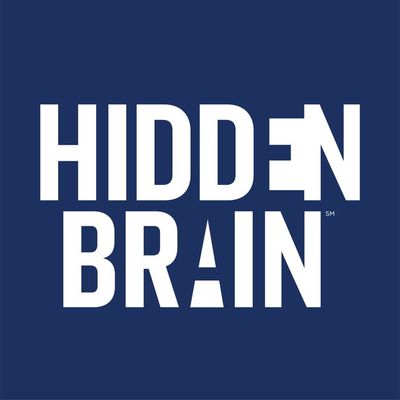
The Choices Before Us
<p>An abundance of choices is a good thing, right? In the United States, where choice is often equated with freedom and control, the answer tends to be a resounding 'yes.' But researchers say the relationship between choice and happiness isn't always so clear-cut. This week, we talk with psychologist Sheena Iyengar about making better decisions, and how she's thinking about the relationship between choices and control during the coronavirus pandemic.</p>
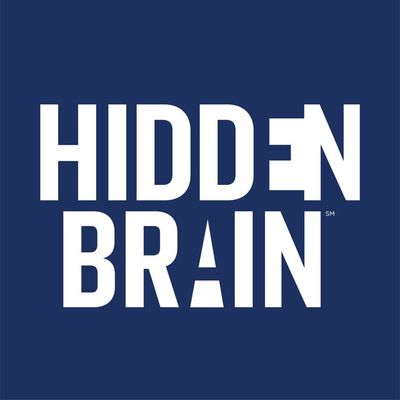
Starving The Watchdogs
<p>Amidst the confusion and chaos of the COVID-19 pandemic, many of us have sought out a long-trusted lifeline: the local newspaper. Though the value of local journalism is more apparent now than ever, newspapers are not thriving. They're collapsing. For many communities, this means fewer local stories and job losses. But new research suggests there's another consequence that's harder to spot — one that comes with a hefty price tag for residents. This week on <em>Hidden Brain, </em>we<em> </em>return to a 2018 episode that's acutely relevant today and ask, who bears the cost when nobody wants to pay?</p>
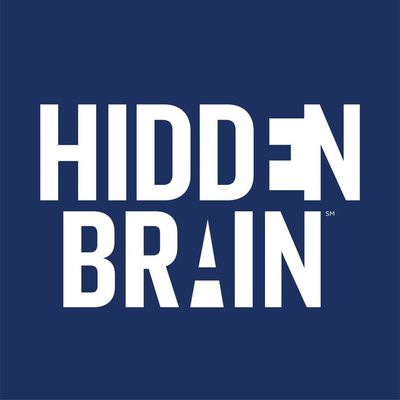
A Social Prescription
<p>Confined to our homes, many of us are experiencing a newfound appreciation for our social relationships. What we may not realize — and what physicians and researchers have only recently started emphasizing — is the importance of these connections to our physical health. This week, we talk with former U.S. Surgeon General Vivek Murthy about why he considers loneliness a matter of public health, and how we can all deepen our social ties.</p>
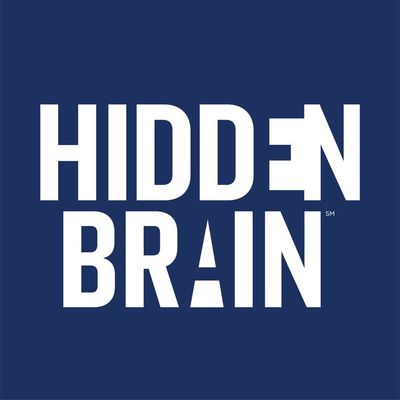
Sex Machines
<p>From stone statues to silicone works of art, we have long sought solace and sex from inanimate objects. Time and technology have perfected the artificial lover: today we have life-size silicone love dolls so finely crafted they feel like works of art. Now, with the help of robotics and artificial intelligence, these dolls are becoming even more like humans. This week, we revisit our 2019 story about the history of the artificial lover, and consider what love and sex look like in the age of robots.</p>
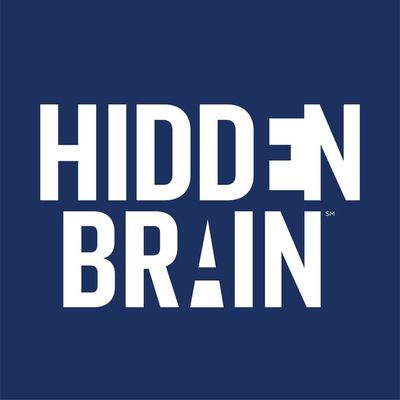
Playing Tight And Loose
<p>We all know people who prefer to follow the rules, and others who prefer to flout them. Psychologist Michele Gelfand defines these two ways of being as "tight" and "loose." She says the tight/loose framework can help us to better understand individuals, businesses, and even nations. This week, we look at the core traits of tight and loose worldviews, and how they may shape our lives — from interactions with our spouses to global efforts to fight the coronavirus.</p>
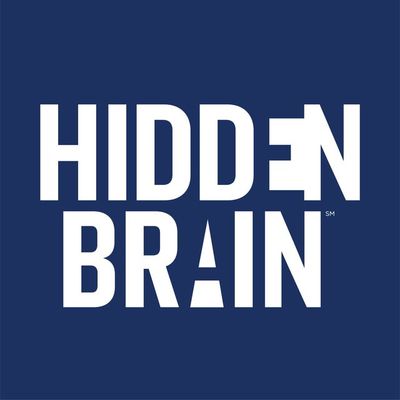
Close Enough: Living Through Others
<p>A silver lining of social distancing: you may have more time and space to pursue the projects you've bookmarked on your web browser. Whether your goal is to build a barn door or to update your makeup routine, online tutorials have made it easier than ever to bring the world into your living room or kitchen or bedroom. But a curious thing can happen when we watch experts doing expert things. This week, we explore the dangers and the delights of vicarious living, with a favorite episode from 2019.</p>
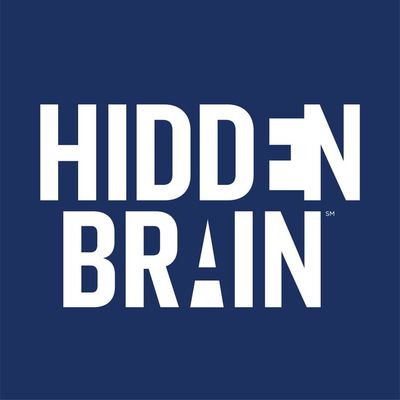
An Unfinished Lesson
<p>A virus is more than a biological organism. It's a social organism. It detects fissures in societies and fault lines between communities. Historian Nancy Bristow shares the lessons about human behavior that we can take away from a century-old pandemic.</p>
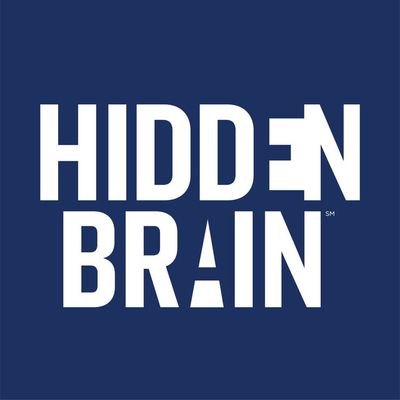
Panic In The Street
<p>It sounds like a movie plot: police discover the body of a young man who's been murdered. The body tests positive for a deadly infectious disease. Authorities trace the killing to a gang. They race to find the gang members, who may also be incubating the virus. This week on <em>Hidden Brain</em>, we revisit our 2016 story about disease, panic, and how a public health team used psychology to confront an epidemic.</p>
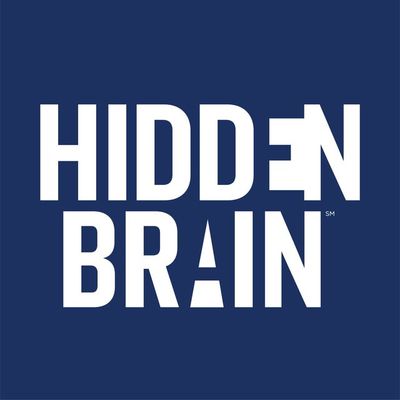
The Bomb That Didn't Explode
<p>We know that we live in an ever-changing world, but one thing we often overlook is demographic change. Whether the world's population is growing or shrinking can affect many aspects of our lives, from the number of kids we have to the likelihood that we'll live to old age. This week on <em>Hidden Brain, </em>we explore how our planet's population is changing, and what that means for us in the century to come.</p>
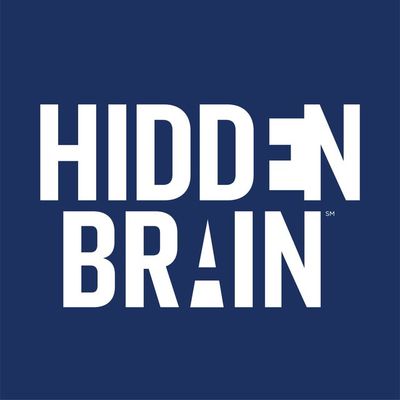
The Tale of the Cowboy Philosopher
<p>In 2009, an old man died in a California nursing home. His obituary included not just his given name, but a long list of the pseudonyms he'd been known to use. In this episode, which we originally released in 2019, we trace the life of Riley Shepard, a hillbilly musician, writer, small-time con man and, perhaps, a genius.</p>

The Influence You Have
<p>Think about the last time you asked someone for something. Maybe you were nervous or worried about what the person would think of you. Chances are that you didn't stop to think about the pressure <em>you</em> were exerting on that person. This week, we explore a phenomenon that psychologists refer to as "egocentric bias," and look at how this bias can lead us astray.</p>
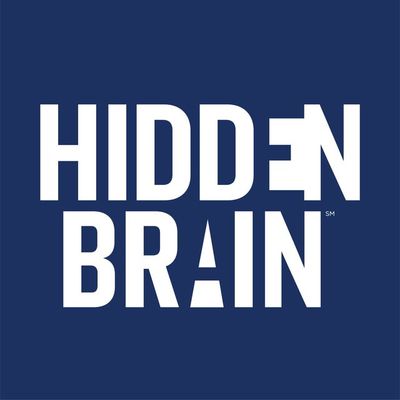
Liar, Liar, Liar
<p><i>Editor’s note: Since this episode first aired, researchers have raised concerns about a number of studies authored by Dan Ariely, including one cited in this episode. That study included data from an insurance company that purported to show that people are more truthful when they sign an ethics declaration at the beginning of a form than at the end. In an independent review, a group of researchers found evidence of data fabrication in that study. You can read more about </i><a href="https://datacolada.org/98"><i>their findings here</i></a><i>, along with </i><a href="http://datacolada.org/storage_strong/DanBlogComment_Aug_16_2021_final.pdf"><i>Dan Ariely’s response</i></a><i>. The insurance company that provided the data, The Hartford, released a statement to NPR’s Planet Money in July 2023. In that statement, the company said that it had done a review of its records and that “there appear to be significant changes made to the size, shape and characteristics of our data after we provided it and without our knowledge or consent.” You can hear the full Planet Money story and read the full statement from The Hartford </i><a href="https://www.npr.org/2023/07/27/1190568472/dan-ariely-francesca-gino-harvard-dishonesty-fabricated-data"><i>here</i></a><i>. </i></p><p><i>Additionally, a second study cited in this episode – in which Ariely reported reduced cheating among test-takers asked to recall the Ten Commandments before taking the test – has not stood up to replication by other researchers. You can read more about that </i><a href="https://ppw.kuleuven.be/okp/_pdf/Verschuere2018RRROM.pdf"><i>here</i></a><i>. </i></p><p>We all lie. But what separates the average person from the infamous cheaters we see on the news? Dan Ariely says we like to think it's character — but in his research he's found it's more often opportunity. Dan Ariely is a professor at Duke University and the author of the book, The Honest Truth About Dishonesty: How We Lie to Everyone — Especially Ourselves. We spoke to him in March 2017.</p>
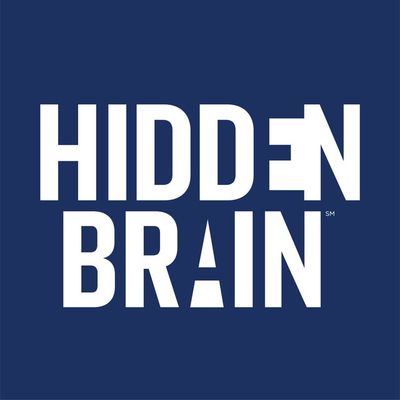
Passion Isn't Enough
<p>Many Americans feel an obligation to keep up with political news. But maybe we should be focusing our energies elsewhere. Political scientist Eitan Hersh says there's been a rise in "political hobbyism" in the United States. We treat politics like entertainment, following the latest updates like we follow our favorite sports teams. Instead, he says, we should think of politics as a way to acquire power and persuade our neighbors to back the issues we support.</p>
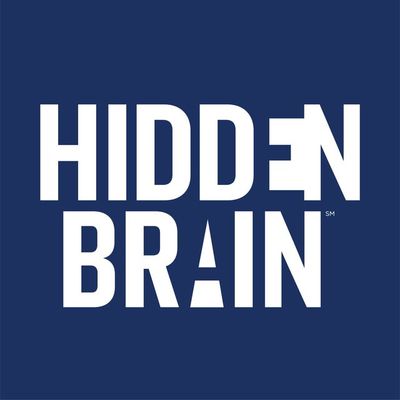
When Things Click
<p>There can be a lot of psychological noise involved in teaching. But what if we replaced all that mental clutter...with a click? This week, we bring you a 2018 episode exploring an innovative idea about how we learn. It will take us from a dolphin exhibit in Hawaii to a top teaching hospital in New York. It's about a method to quiet the noise that can turn learning into a minefield of misery.</p>
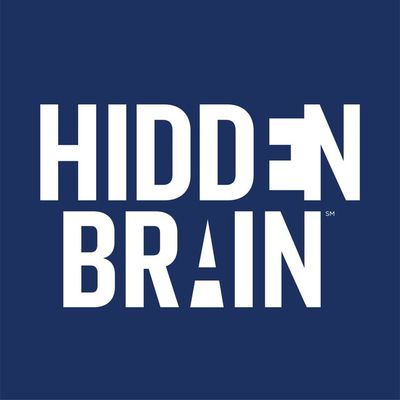
Secret Friends
<p>Where is the line between what is real and what is imaginary? It seems like an easy question to answer: if you can see it, hear it, or touch it, then it's real, right? But what if this way of thinking is limiting one of the greatest gifts of the mind? This week, we meet people who experience the invisible as real, and learn how they hone their imaginations to see the world with new eyes.</p>
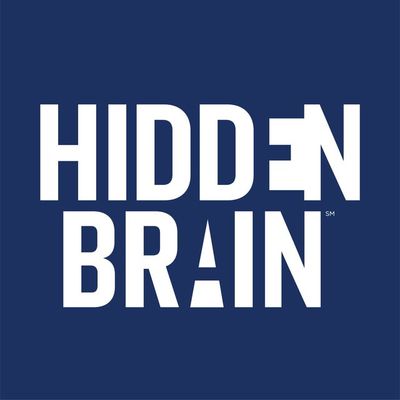
Warnings, Warnings Everywhere
<p>After a disaster happens, we want to know whether something could have been done to avoid it. Did anyone see this coming? Many times, the answer is yes. So why didn't the warnings lead to action? This week, we revisit a favorite 2018 episode about the psychology of warnings. We visit a smelly Alaskan tunnel, hear about a gory (and fictional) murder plot, and even listen to some <a href="https://www.youtube.com/watch?v=Os_bSwg02J4">ABBA</a>.</p>
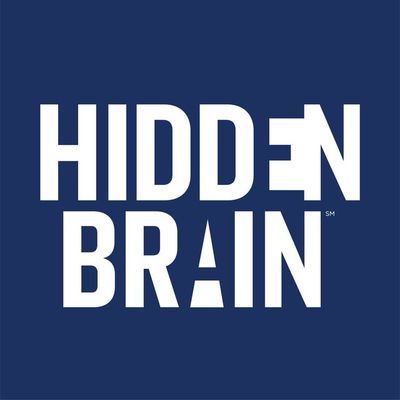
Emotional Currency
<p>What's the point of money? The answer might seem obvious: we need it to get paid for our work, and to buy the things we need. But there's also a deeper way to look at the role of money in our lives. This week we explore an anthropologist's take on the origin story of money. What if the cash and coins we carry are not just tools for transactions, but manifestations of human relationships?</p>
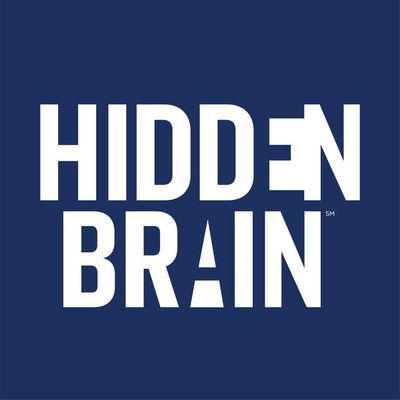
On The Knife's Edge
<p>What would drive someone to take another person's life? When researchers at the University of Chicago asked that question, the answer was a laundry list of slights: a stolen jacket, or a carelessly lobbed insult. It made them wonder whether crime rates could be driven down by teaching young men to pause, take a deep breath, and think before they act. In this 2017 episode, we go inside a program that teaches Chicago teens to do just that. We also explore what research has found about whether this approach actually works.</p>
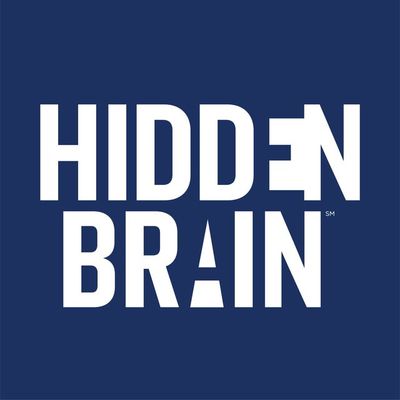
Creatures Of Habit
<p>At the beginning of the year, many of us make resolutions for the months to come. We resolve to work out more, procrastinate less, or save more money. Though some people stick with these aspirations, many of us fall short. This week, psychologist Wendy Wood shares what researchers have found about how to build good habits — and break bad ones.</p>
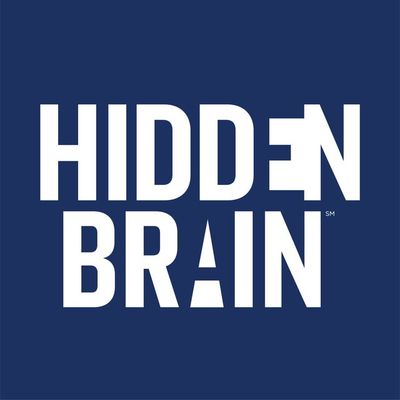
Why We Love Surprises
<p>Why do we fall for surprise endings? It turns out that our capacity to be easily fooled in books and movies is made possible by a handful of predictable mental shortcuts. In this 2018 conversation, we talk with Vera Tobin, one of the world's first cognitive scientists to study plot twists. She says storytellers have been exploiting narrative twists and turns for millennia — and that studying these sleights of hand can give us a better understanding of the contours of the mind.</p>
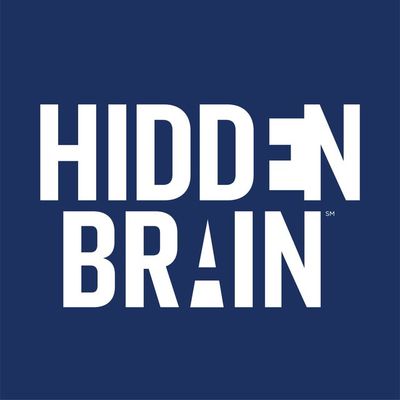
Did That Really Happen?
<p>Our memories are easily contaminated. We can be made to believe we rode in a hot air balloon or kissed a magnifying glass — even if those things never happened. So how do we know which of our memories are most accurate? This week, psychologist Ayanna Thomas explains how memory works, how it fails, and ways to make it better.</p>
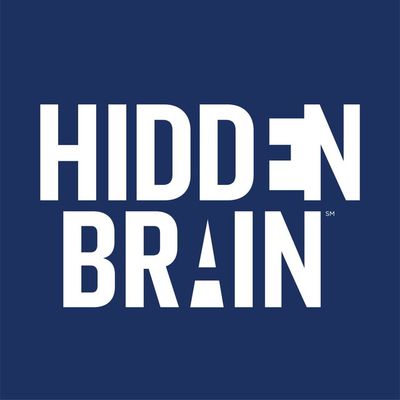
Zipcode Destiny
<p>There's a core belief embedded in the story of the United States — the American Dream. Today we look at the state of that dream as we revisit our 2018 conversation with economist Raj Chetty. We'll ask some questions that carry big implications: can you put an economic value on a great kindergarten teacher? How is it that two children living just a few blocks from each other can have radically different chances in life? And what gives Salt Lake City an edge over Cleveland when it comes to offering people better prospects than their parents?</p>

In The Heat Of The Moment
<p>In a fit of anger or in the grip of fear, many of us make decisions that we never would have anticipated. This week, we look at situations that make us strangers to ourselves — and why it's so difficult to remember what these "hot states" feel like once the moment is over.</p>
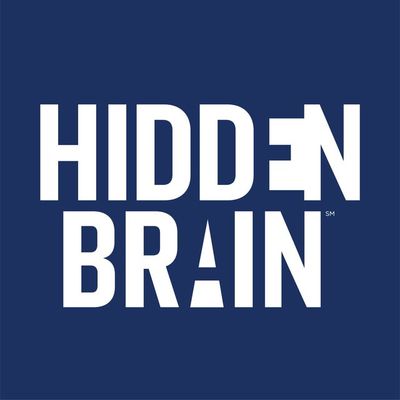
Counting Other People's Blessings
<p>Envy is one of the most unpleasant of all human emotions. It also turns out to be one of the most difficult for researchers to study. And yet, there's mounting evidence that envy is a powerful motivator. This week, we explore an emotion that can inspire us to become better people — or to commit unspeakable acts.</p>
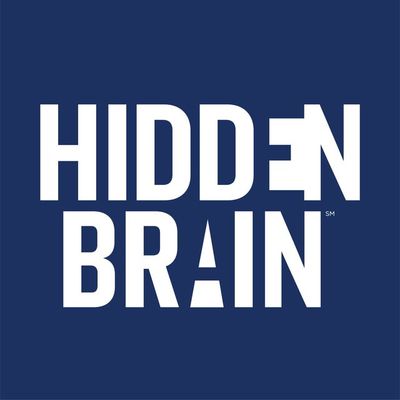
The Ventilator
<p>Many of us believe we know how we'd choose to die. We have a sense of how we'd respond to a diagnosis of an incurable illness. This week, we have the story of one family's decades-long conversation about dying. What they found is that the people we are when death is far in the distance may not be the people we become when death is near.</p>
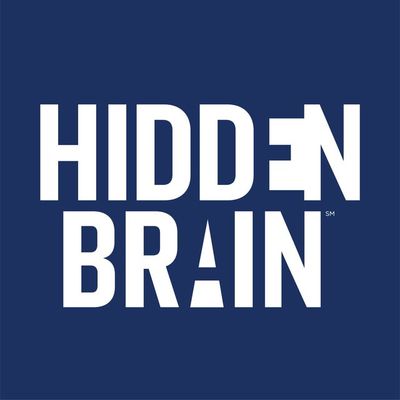
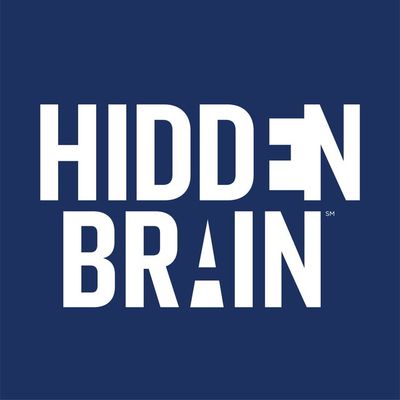
The Talk Market
<p>Can we affect the rise and fall of the economy? This week on <em>Hidden Brain,</em> we talk with Nobel Prize-winning economist Robert Shiller about the powerful ways in which stories and psychology shape our economic lives. He argues that narratives affect not just the purchases we make as individuals, but the fate of our entire economic system.</p>
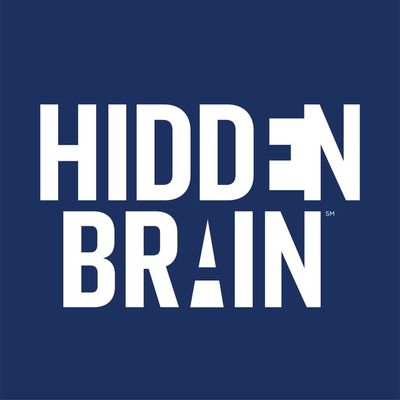
BS Jobs
<p>Have you ever had a job where you had to stop and ask yourself: what am I doing here? If I quit tomorrow, would anyone even notice? This week on <em>Hidden Brain</em>, we revisit our 2018 conversation with anthropologist David Graeber about the rise of what he calls "bullsh*t jobs," and how these positions affect the people who hold them.</p>

The Monkey Marketplace
<p>What makes the mind of a human different from that of other animals? Psychologist Laurie Santos says we can't know the answer to that question if we only study humans. This week, we turn to Laurie's work with monkeys to understand which parts of human behavior are distinct, and which we share with other species.</p>
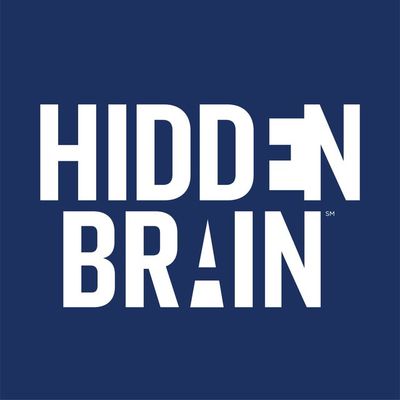
The Lonely American Man
<p>Boys get the message at a young age: don't show your feelings. Don't rely on anyone. This week, we bring you a favorite 2018 episode about misguided notions of masculinity in the United States. We explore how these notions create stressed-out romantic relationships, physical health problems, and a growing epidemic of loneliness. Plus, we consider how we might begin to tell a different story about what it means to be a man.</p>
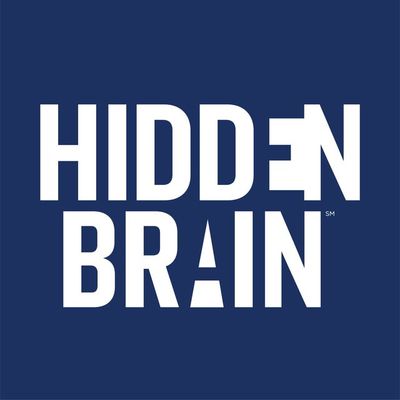
Screaming Into The Void
<p>Turn on the news or look at Twitter, and it's likely you'll be bombarded by outrage. Many people have come to believe that the only way to spark change is to incite anger. This week on <em>Hidden Brain</em>, how outrage is hijacking our conversations, our communities, and our minds.</p>
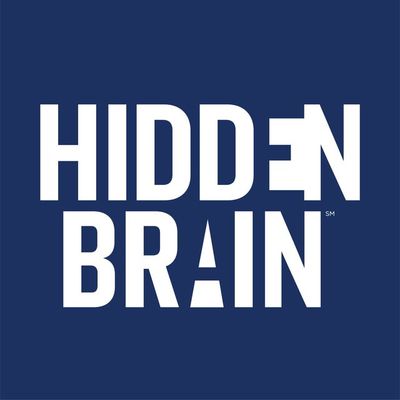
Baby Talk
<p>Babies are speaking to us all the time, but most of us have no clue what they're saying. To researchers, though, the babbling of babies is knowable, predictable, and best of all, teachable to us non-experts. This week, we revisit our May 2018 primer on how to decipher the secret language of babies and young children.</p>
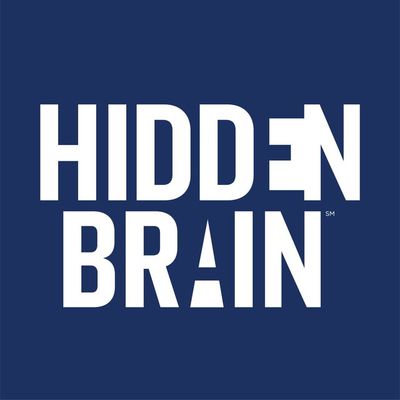
We're All Gonna Live Forever!
<p>Last week, we spoke with psychologist Sheldon Solomon about the fear of death and how it shapes our actions. This week, we pivot from psychology and politics to religion and history as we explore how people have tried to resolve these fears. We talk with philosopher Stephen Cave about the ways we assure ourselves that death is not really the end.</p>
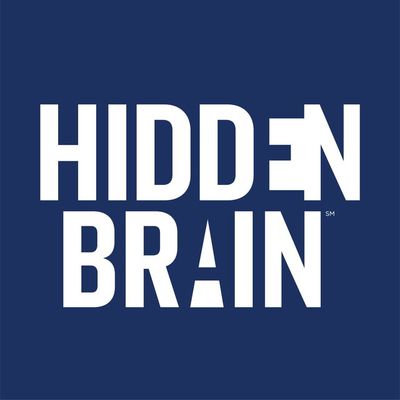
We're All Gonna Die!
<p>Death may be inescapable, but we do our best to avoid thinking about it. Psychologist Sheldon Solomon says we're not very successful though. This week on <em>Hidden Brain</em>, we confront how death anxiety courses through our actions, even when we don't realize it.</p>
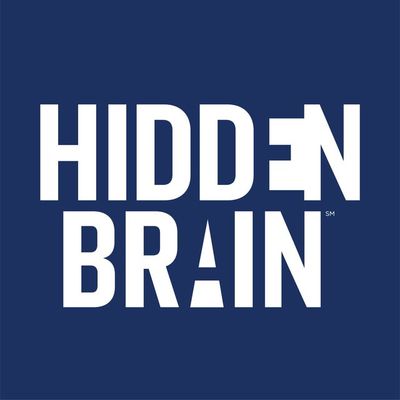
You Can't Hit Unsend
<p>Social media sites offer quick and easy ways to share ideas, crack jokes, find old friends. They can make us feel part of something big and wonderful and fast-moving. But the things we post don't go away. And they can come back to haunt us. This week, we explore how one teenager's social media posts destroyed a golden opportunity he'd worked for all his life.</p>

You 2.0: Decide Already!
<p>For the last episode in our You 2.0 series, we bring you a favorite conversation with Harvard researcher Dan Gilbert. He explains why we're bad at predicting our future happiness, how that affects our decision making, and why we're actually happier after making a decision that feels irrevocable.</p>
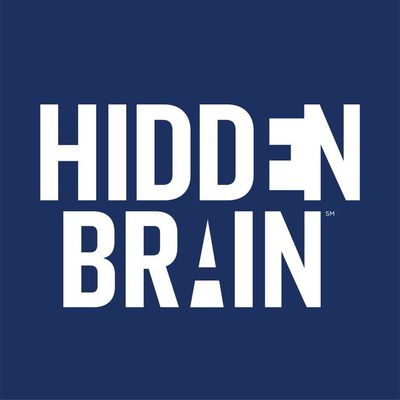
You 2.0: Deep Work
<p>When your phone buzzes or a notification pops up your screen, do you stop what you're doing to look and respond? That's what many of us are doing. Even though we think we should be less distracted by technology, we haven't admitted the true cost of these interruptions. This week, we revisit our 2017 conversation with computer scientist Cal Newport, and consider ways we can all immerse ourselves in more meaningful work.</p>
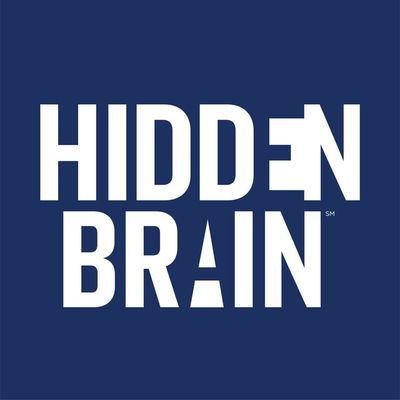
You 2.0: Rebel With A Cause
<p><i><strong>Editor's note, December 6, 2024: </strong>Since we first published this episode with Francesca Gino in 2018, other researchers have raised concerns about the integrity of her work. In 2023, a group of scientists </i><a href="https://datacolada.org/109" target="_blank"><i>publicly alleged</i></a><i> that she had fabricated data in some of her studies. You can find more information about their analysis at </i><a href="http://datacolada.org/" target="_blank"><i>Data Colada.org</i></a><i>. </i></p><p><i>Gino has denied these allegations.</i></p><p><i>A number of Francesca Gino’s studies have been retracted by the journals that published them, including a </i><a href="https://www.sciencedirect.com/science/article/pii/S074959781630437X" target="_blank"><i>study about karaoke</i></a><i> that is referenced in this episode. </i></p><p>Francesca Gino studies rebels — people who practice "positive deviance" and achieve incredible feats of imagination. They know how, and when, to break the rules that should be broken. So how can you activate your own inner non-conformist? This week, we ponder the traits of successful rebels as we revisit our 2018 conversation with Gino.</p>
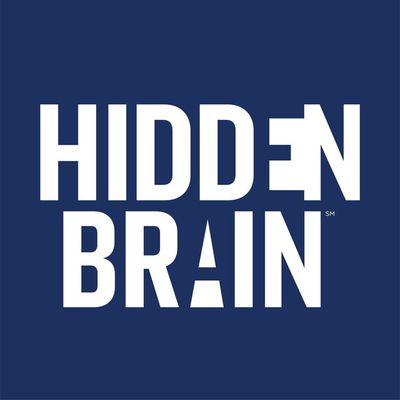
You 2.0: Our Better Nature
<p>If you live in a big city, you may have noticed new buildings popping up — a high-rise here, a skyscraper there. The concrete jungles that we've built over the past century have allowed millions of us to live in close proximity, and modern economies to flourish. But what have we given up by moving away from the forest environments in which humans first evolved? This week, we revisit our 2018 conversation about the healing power of nature with psychologist Ming Kuo.</p>
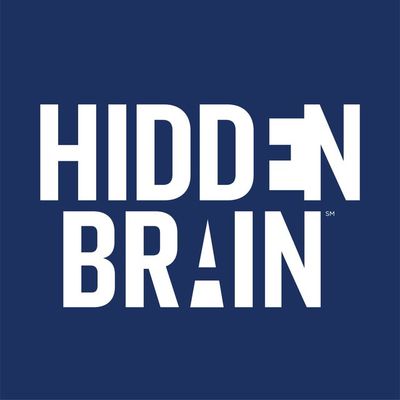
You 2.0: Tunnel Vision
<p>When you're hungry, it can be hard to think of anything other than food. When you're desperately poor, you may constantly worry about making ends meet. When you're lonely, you might obsess about making friends. This week, as part of our You 2.0 series, we bring you a favorite 2017 episode about the psychological phenomenon of scarcity. Researchers say this form of tunnel vision can affect our ability to see the big picture and cope with problems in our lives.</p>
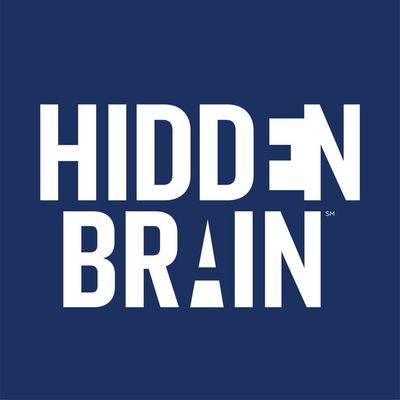
You 2.0: The Empathy Gym
<p>Some people are good at putting themselves in another person's shoes. Others may struggle to relate. But psychologist Jamil Zaki argues that empathy isn't a fixed trait. This week: how to exercise our empathetic muscles. It's the first episode in our You 2.0 summer series.</p>
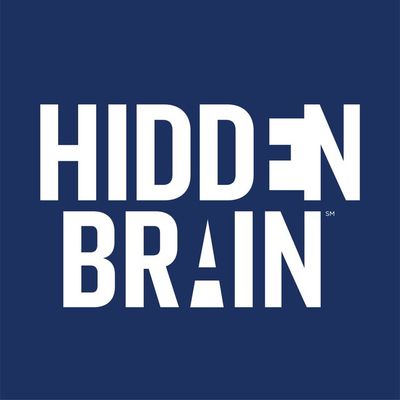
Facts Aren't Enough
<p>Sometimes when we believe something, we resist data that can change our minds. This week, we look at how we rely on the people we trust to shape what we believe, and why emotions can be more powerful than facts. This episode features new reporting and favorite conversations with neuroscientist Tali Sharot and philosopher of science Cailin O'Connor.</p>
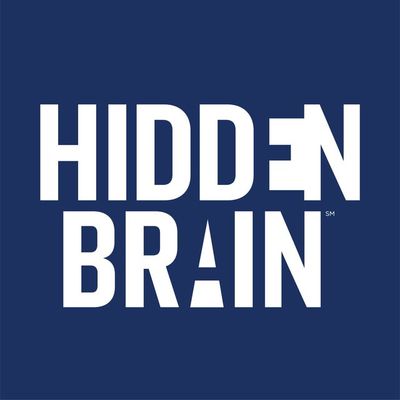
Finding Your Voice
<p>At some point in our lives, many of us realize that the way we hear our own voice isn't the way others hear us. This week on <em>Hidden Brain</em>, we look at the relationship between our voices and our identities. Plus, we hear how advances in technology might help people with vocal impairments, and consider the ethical quandaries that arise when we can create personalized, customized voices.</p>
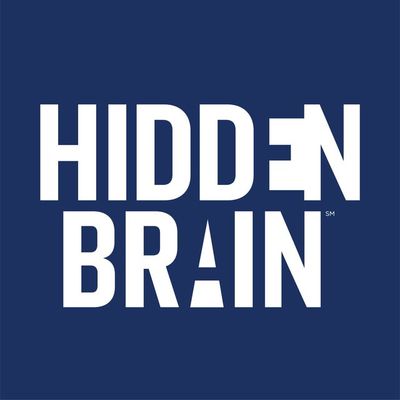
The Fox And The Hedgehog
<p>The Greek poet Archilochus wrote that "the fox knows many things, but the hedgehog knows one big thing." This week, we'll use the metaphor of the fox and the hedgehog as a way to understand the differences between tacticians and big-picture thinkers. We'll explore the story of a pioneering surgeon whose hedgehog tendencies led him to great triumphs, and a heartbreaking tragedy. This episode first aired in May 2017.</p>
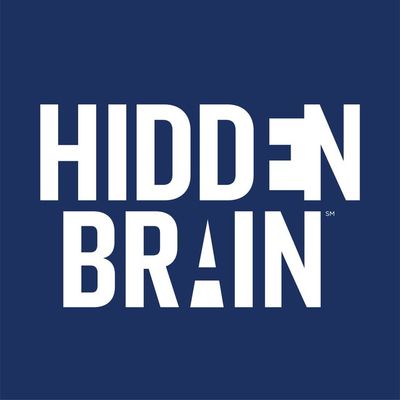
I Buy, Therefore I Am
<p>All of us are surrounded by brands. Designer brands. Bargain-shopper brands. Brands for seemingly every demographic slice among us. But have you ever stopped to ask yourself how brands influence you? This week, we look at how companies create a worldview around the products they sell, and then get us to make those products a part of who we are.</p>
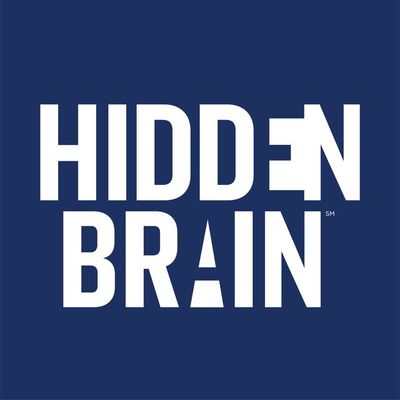
The Lazarus Drug
<p>More than 70,000 people died of drug overdoses in 2017 — many of them from heroin and other opioids. One of the most widely-used tools to confront this crisis is a drug called naloxone. It can reverse an opioid overdose within seconds, and has been hailed by first responders and public health researchers. But in 2018, two economists released a study that suggested naloxone might be leading some users to engage in riskier behavior — and causing more deaths than it saves. This week, we talk with researchers, drug users, and families about the mental calculus of opioid use, and why there's still so much we're struggling to understand about addiction. This episode originally aired in October 2018.</p>
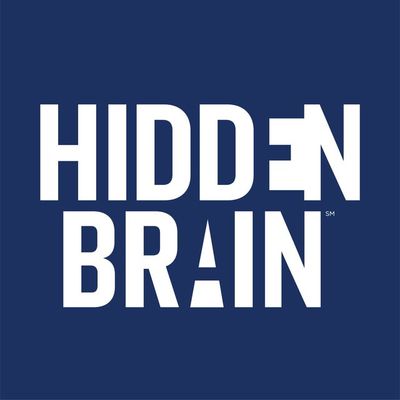
Our Animal Instincts
<p>Does living with animals really make us healthier? Why do we eat some animals and keep others as pets? This week on <em>Hidden Brain</em>, we talk with psychology professor Hal Herzog about the contradictions embedded in our relationships with animals.</p>
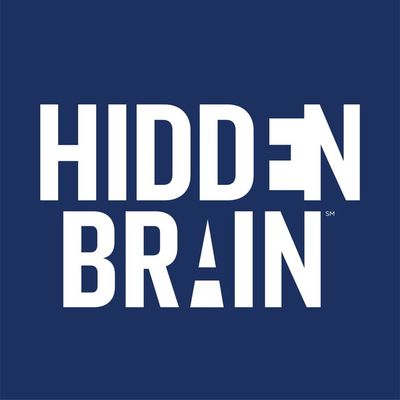
Me, Myself, and IKEA
<p>Are women named Virginia more likely to move to Virginia? Are people with the last name of Carpenter more likely to be carpenters? This week on <em>Hidden Brain</em>, we bring you a favorite 2017 episode about our preference for things that remind us of ourselves, and why this tendency can have larger implications than we might at first imagine.</p>
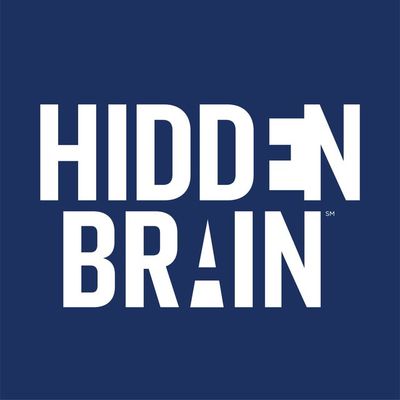
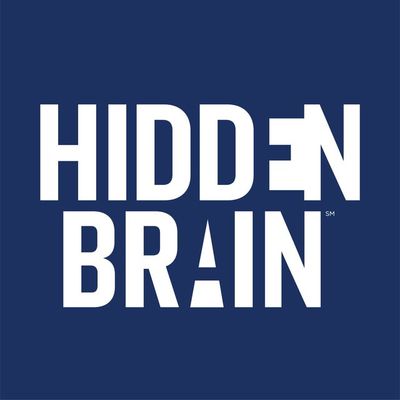
More Divided Than Ever?
<p>Many of us intuitively feel that the bitter partisanship of American politics is bad for our nation. So should we be concerned about the health of our democracy? This week on <em>Hidden Brain, </em>we revisit two of our favorite conversations about U.S. politics. We start by talking with political scientist John Hibbing about the psychological differences between liberals and conservatives. Then, we explore the role of conflict in democracy with historian David Moss.</p>
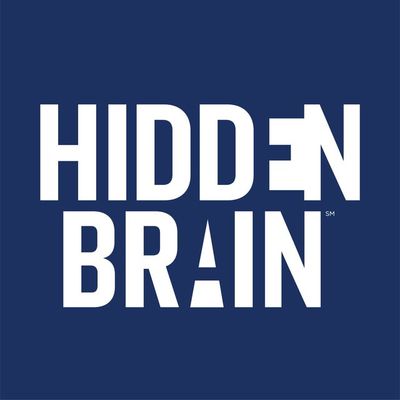
Losing Face
<p>It happens to all of us: someone recognizes you on the street, calls you by name, and says hello. You, meanwhile, have no idea who that person is. Researchers say this struggle to read other faces is common. This week on <em>Hidden Brain</em>, we revisit a favorite 2016 episode about "super-recognizers" and the rest of us.</p>
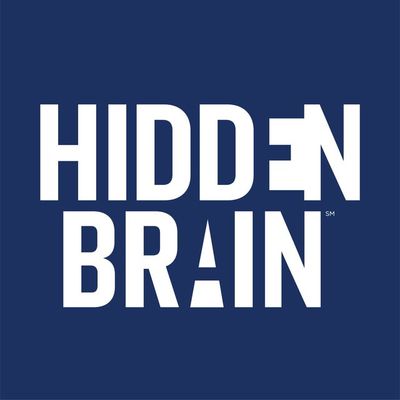
What's Not On The Test
<p>Smarts matter. But other factors may play an even bigger role in whether someone succeeds. This week, we speak with Nobel Prize-winning economist James Heckman about the skills that predict how you'll fare in life. We'll also look at programs that build these skills in the neediest of children – and new research that suggests the benefits of investing in kids and families can last for generations.</p>
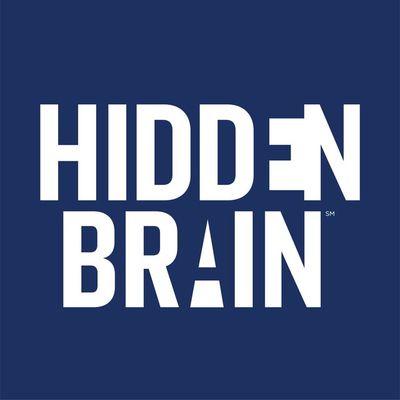
Creating God
<p>If you've taken part in a religious service, have you ever stopped to think about how it all came to be? How did people become believers? Where did the rituals come from? And what purpose does it all serve? This week, we bring you a July 2018 episode with social psychologist Azim Shariff. He argues that we should consider religion from a Darwinian perspective, as an innovation that helped human societies to thrive and flourish.</p>
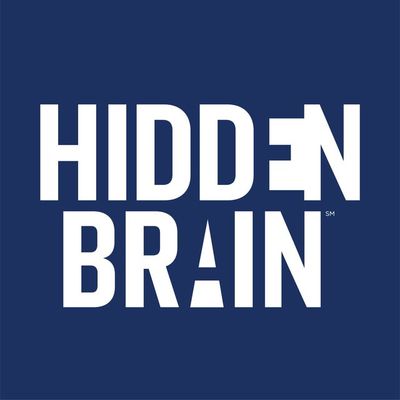
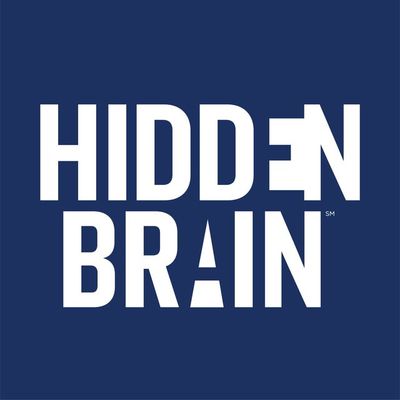
Why No One Feels Rich
<p>If you've ever flown in economy class on a plane, you probably had to walk through the first class cabin to get to your seat. Maybe you noticed the extra leg room. The freshly-poured champagne. Maybe you were annoyed, or envious. Social psychologist Keith Payne says we tend to compare ourselves with those who have more than us, but rarely with those who have less. This week, we explore the psychology of income inequality, and how perceptions of our own wealth shape our lives.</p>
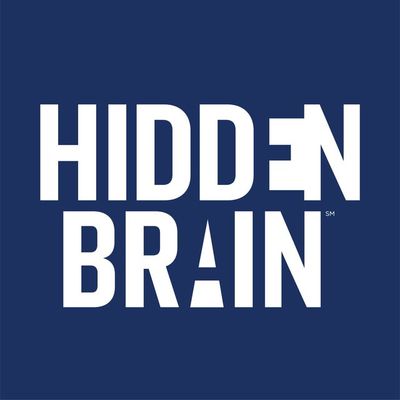
The Sorting Hat
<p>The desire to find our tribe is universal. We like to know who we are and where we belong. This fascination has led to a thriving industry built on the marketing and sale of personality tests. These tests offer individuals – and, increasingly, employers – quick and easy insights that can be used to make some of life's biggest decisions. But most fail to stand up to scientific scrutiny. This week, we revisit our 2017 episode about the world of personality testing, and explore the many different ways we assess personality and potential – from the Chinese zodiac to Harry Potter houses to the Myers-Briggs test.</p>
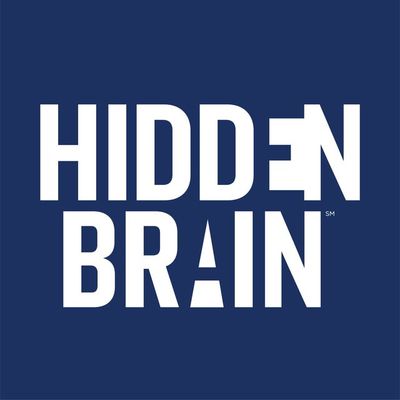
Radically Normal
<p>For generations, living openly as a gay person in the United States was difficult, and often dangerous. But there's been a dramatic change in public attitudes toward gay people. This week, we explore one of the most striking transformations of public attitude ever recorded. And we consider whether the strategies used by gay rights activists hold lessons for other groups seeking change.</p>
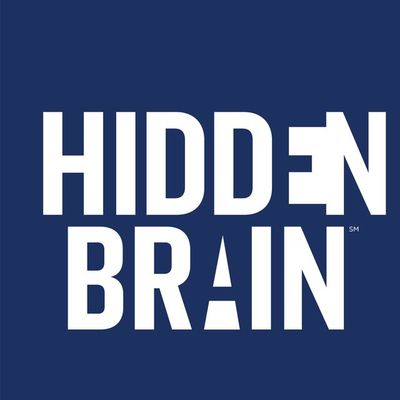
Don't Panic!
<p>Chaos is a part of all of our lives. Sometimes we try to control it. And other times, we just have to live with it. On this week's <em>Hidden Brain</em>, we bring you two of our favorite stories about coping with chaos. They come from our 2016 episodes "Panic in the Streets" and "Embrace the Chaos."</p>
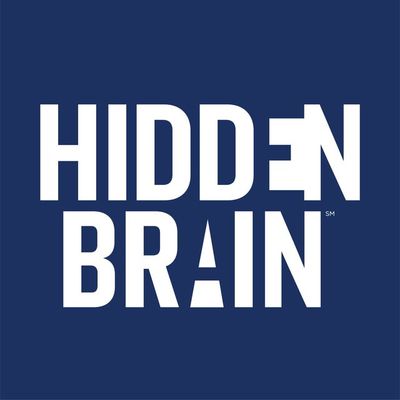
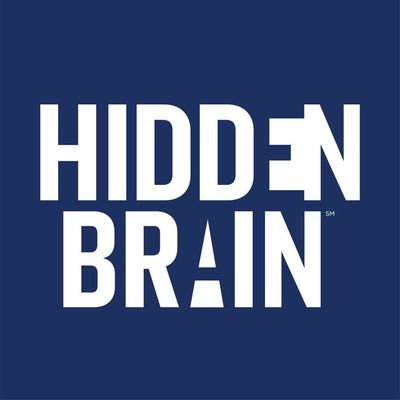
Never Go To Vegas
<p>All social classes have unspoken rules. From A-list celebrities to teachers, doctors, lawyers, and journalists — there are social norms that govern us, whether we realize it or not. This week on Hidden Brain, we look celebrity culture, as well as another elite group: the yoga-loving, Whole Foods-shopping, highly-educated people whom one researcher calls the new "aspirational class." This episode is from December 2017.</p>
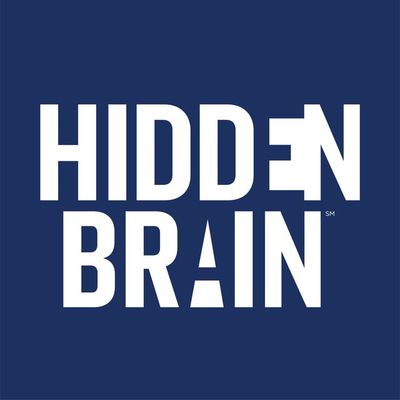
Unreal Sex
<p>From stone statues to silicone works of art, we have long sought solace and sex from inanimate objects. Time and technology have perfected the artificial lover: today we have life-size silicone love dolls so finely crafted they feel like works of art. Now, with the help of robotics and artificial intelligence, these dolls are becoming even more like humans. This week we talk with researcher Kate Devlin about the history of the artificial lover, and consider what love and sex look like in the age of robots.</p>
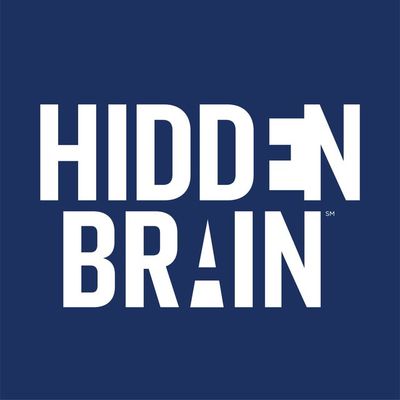
For Sale, By Owner
<p>You own your body. So should you be able to sell parts of it? This week, we explore the concept of "repugnant transactions" with the man who coined the term, Nobel Prize- winning economist Al Roth. He says repugnant transactions can range from selling organs to poorly-planned gift exchanges — and what's repugnant in one place and time is often not repugnant in another.</p>
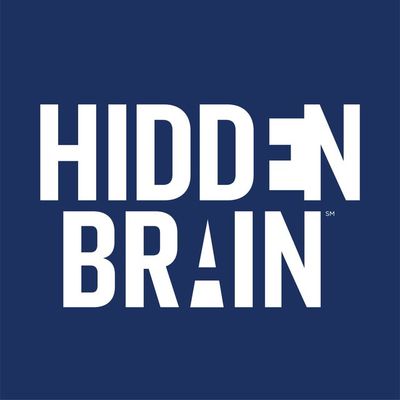
Radio Replay: Playing The Gender Card
<p>Annie Duke was about to win $2 million. It was 2004, and she was at the final hand of the World Series of Poker Tournament of Champions. But as a woman at a table full of men, she wasn't sure she deserved to be there. In this week's Radio Replay, we tell the stories of two people who grappled with gender stereotypes on the job. Annie Duke shares her experiencing at the World Series of Poker, and then we hear the story of Robert Vaughan, a former Navy sailor who decided to pursue a new career as a nurse.</p>

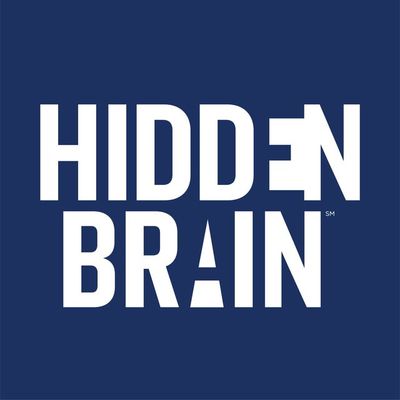
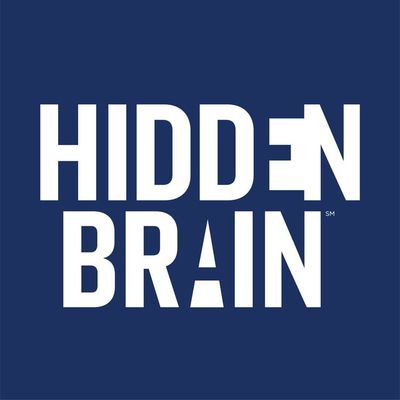
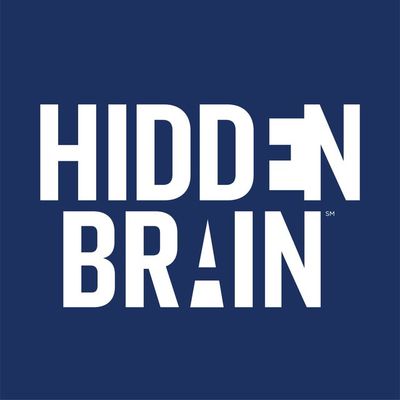
One Head, Two Brains
<p>This week, we search for the answer to a deceptively simple question: why is the brain divided? Psychiatrist Iain McGilchrist explains why popular distinctions between the "left brain" and "right brain" aren't supported by research. He argues that one hemisphere has come to shape Western society — to our detriment. <br /><br />For more information about this episode, please visit https://n.pr/2SxITco</p>
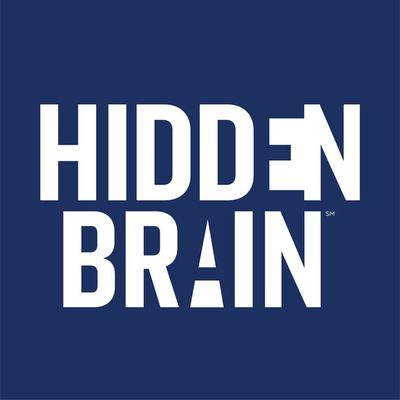
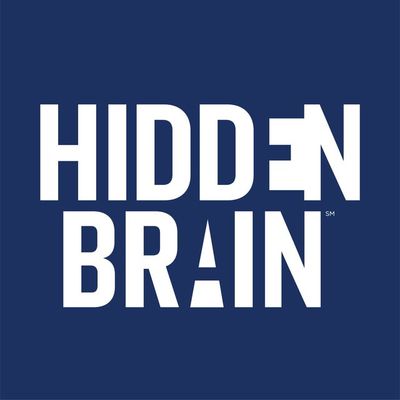
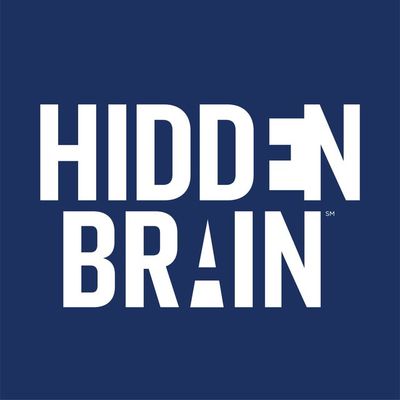
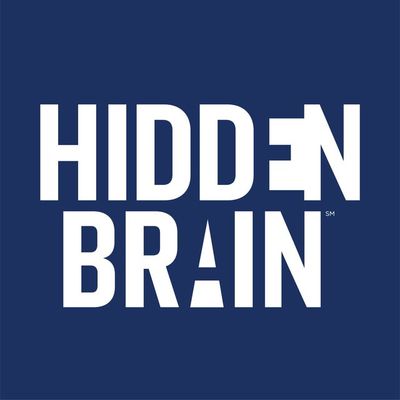
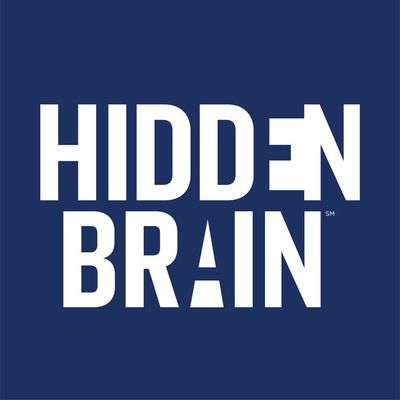
The Cowboy Philosopher
<p>In 2009, an old man died in a California nursing home. His obituary included not just his given name, but a long list of the pseudonyms he'd been known to use. In this episode, we trace the life of Riley Shepard, a hillbilly musician, writer, small-time con man and, perhaps, a genius.</p>
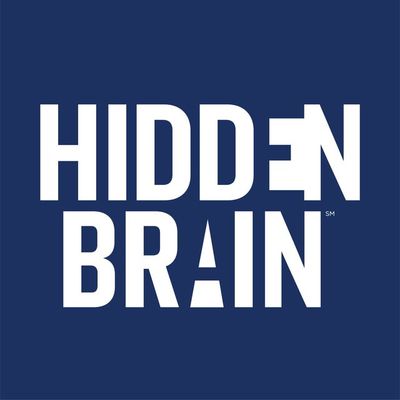
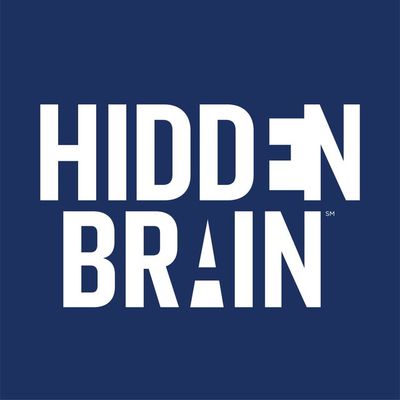
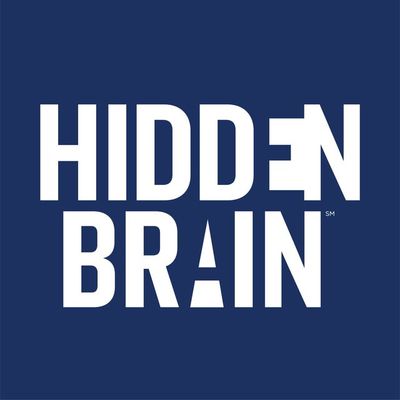
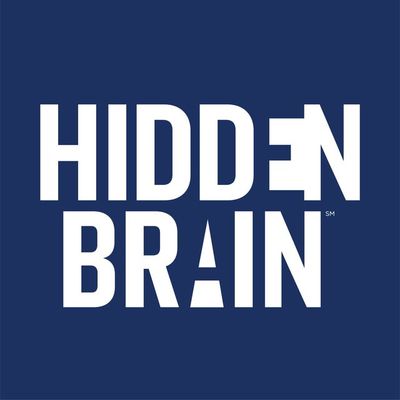
Alan Alda Wants Us To Have Better Conversations
<p>Arguments and bickering can sour family gatherings during the holiday season. This week, we share tips on how to avoid miscommunication from our January 2018 conversation with actor Alan Alda. You might know him from his roles on television shows like M<em>A</em>S*H, The West Wing and 30 Rock, but in recent years Alda has also focused on helping scientists, and the rest of us, communicate better. His book is <em>If I Understood You, Would</em> <em>I Have This Look on My Face? My Adventures in the Art and Science of Relating and Communicating.</em></p>
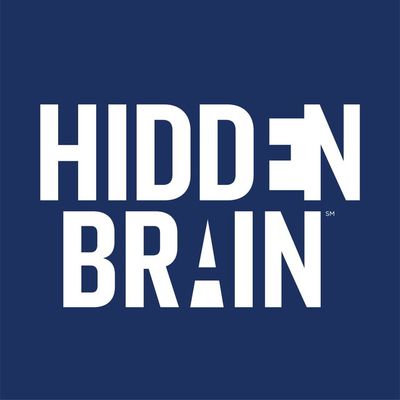
Starving the Watchdog
<p>When a newspaper shuts down, there are obvious costs to the community it serves: job losses, fewer local stories. But new research suggests there's another consequence that's harder to spot—one that comes with a hefty price tag for residents. This week on <em>Hidden Brain </em>we ask, who bears the cost when nobody wants to pay? For more information about the research in this episode, visit https://n.pr/2zSPraS.</p>
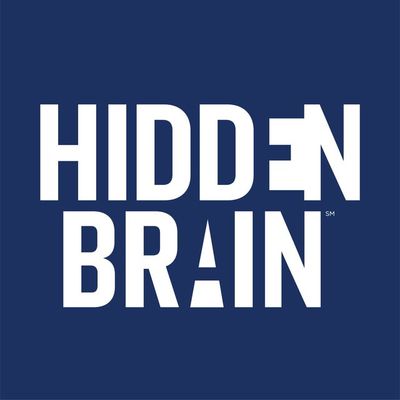
Spoiler Alert!
<p>Why do we always fall for surprise endings? It turns out that our capacity to be easily fooled in books and movies is made possible by a handful of predictable mental shortcuts. We talk this week with Vera Tobin, one of the world's first cognitive scientists to study plot twists. She says storytellers have been exploiting narrative twists and turns for millennia — and that studying these sleights of hand can give us a better understanding of the contours of the mind.</p>
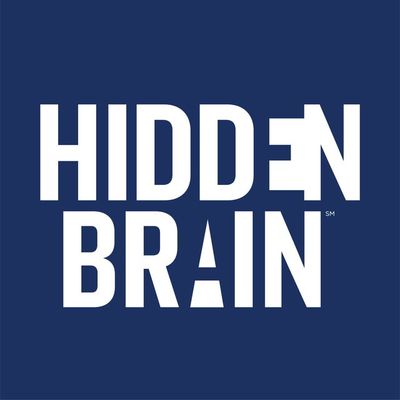
A Founding Contradiction
<p>"We hold these truths to be self-evident, that all men are created equal." These words, penned by Thomas Jefferson more than 240 years ago, continue to inspire many Americans. And yet they were written by a man who owned hundreds of slaves, and fathered six children by an enslaved woman. This week, we talk with Pulitzer Prize-winning historian Annette Gordon-Reed about the contradictions in Jefferson's life — and how those contradictions might resonate in our own lives.</p>
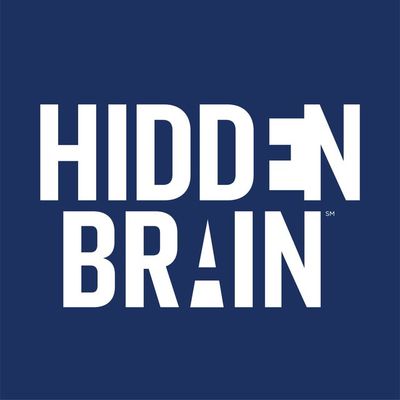
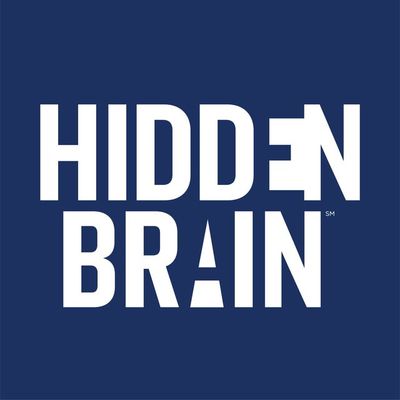
The Edge of Gender
<p>Gender is one of the first things we notice about the people around us. But where do our ideas about gender come from? Can gender differences be explained by genes and chromosomes, or are they the result of upbringing, culture and the environment? In this encore episode from October 2017, we delve into debates over nature vs. nurture, and meet the first person in the United States to officially reject the labels of both male and female, and be recognized as "non-binary."</p>
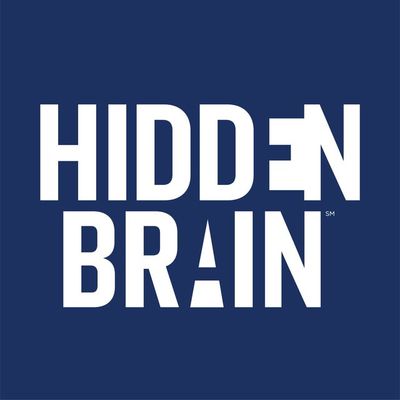
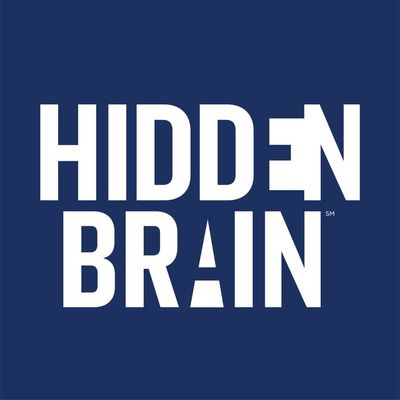
Sounds Like a Winner
<p>We're used to the idea that rhetoric sways voters. But what about another element of language: a candidate's voice? This week on <em>Hidden Brain</em>, what happens when our political system and ancient biological rules meet. For more information about the research in this episode, visit https://n.pr/2Pe1Fog.</p>
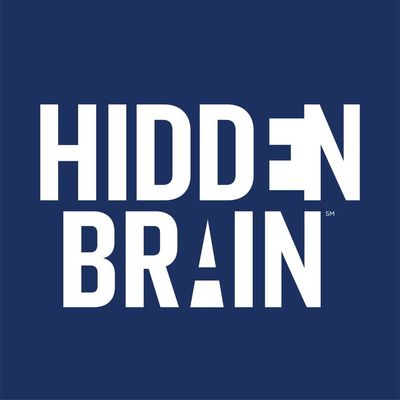
The Lazarus Drug
<p>More than 70,000 people died of drug overdoses last year — many of them from heroin and other opioids. One of the most widely-used tools to confront this crisis is a drug called naloxone. It can reverse an opioid overdose within seconds, and has been hailed by first responders and public health researchers. But earlier this year, two economists released a study that suggested naloxone might be leading some users to engage in riskier behavior — and causing more deaths than it saves. This week, we talk with researchers, drug users, and families about the mental calculus of opioid use, and why there's still so much we're struggling to understand about addiction. For more information about the research in this episode, visit https://n.pr/2OZfuGQ.</p>
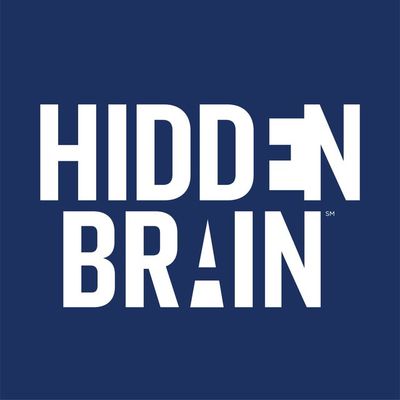
Radio Replay: Too Little, Too Much
<p>Have you ever noticed that when something important is missing in your life, your brain can only seem to focus on that missing thing? On this week's Radio Replay, we bring you a March 2017 story about the phenomenon of scarcity, and how it can blind us to the big picture. Then, we go to the opposite end of the spectrum to look at the perils of excess. We'll bring you an October 2016 conversation with Brooke Harrington, a sociologist who wanted to know what it's like to be one of the richest people on the planet. For more on these topics, visit us at https://n.pr/2O8DkdV.</p>
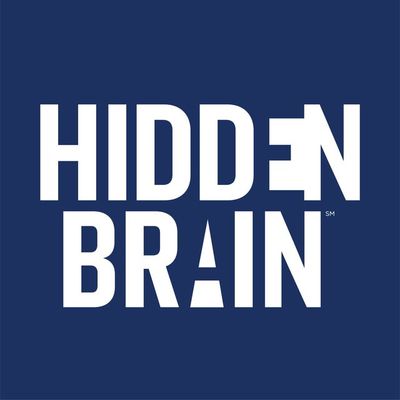
Be The Change
<p>"Be the change you wish to see in the world." It's a popular quote that's made its way onto coffee mugs and bumper stickers — but it's not the easiest principle to live. On this week's Hidden Brain, we meet Royce and Jessica James, a couple who decided to raise their daughter in a gender-neutral way. It was far harder than they ever could have imagined. For further reading on children and gender norms, visit us at https://n.pr/2AmmiW1.</p>
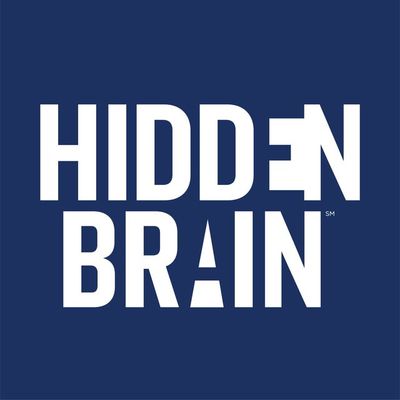
Voting With Your Middle Finger
<p>There is one truth that has endured through the first two years of Donald Trump's presidency: he has kept the support of the core voters who propelled him to the White House. This week on <em>Hidden Brain</em>, we explore two competing perspectives on the motivations of Trump supporters, and what they can tell us about the state of our union.</p>
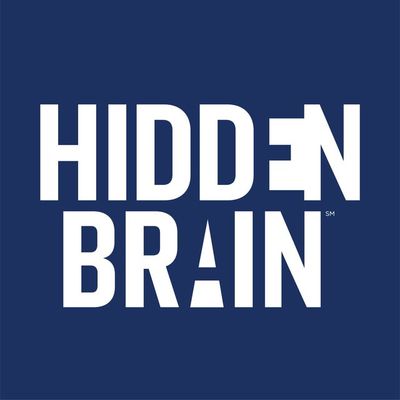
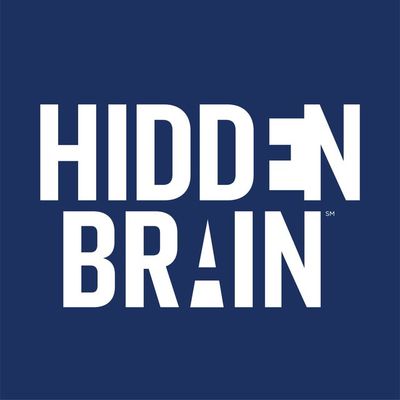
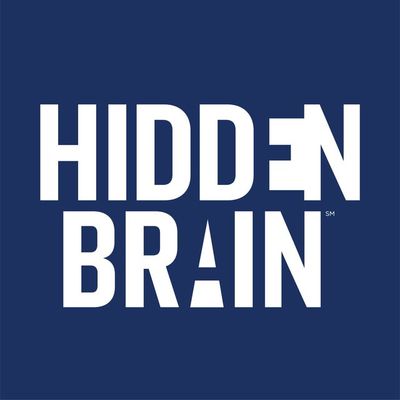
Why Now?
<p>Nearly a quarter century ago, a group of women accused a prominent playwright of sexual misconduct. For the most part, the allegations went nowhere. In 2017, in the midst of the #MeToo movement, more women came forward to accuse the same playwright of misconduct. This time, everyone listened. On this episode — originally broadcast in February 2018 — we explore the story through the lens of social science research and ask, "Why Now?" What has changed in our minds and in our culture so that allegations of sexual harassment and assault are being taken more seriously than they were in the past? A note: This story includes descriptions of sexual harassment and assault. It may not be suitable for all listeners.</p>
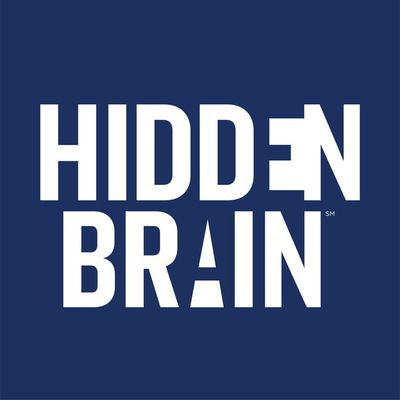
Radio Replay: Eyes Wide Open
<p>When Randy Gardner was 17, he won a world record for going eleven days without sleeping. On this Radio Replay, Randy shares insights from that experience and warns others against copying his stunt. Later in the program, we speak with neuroscientist Matthew Walker about the mind and body benefits of eight full hours of sleep.</p>
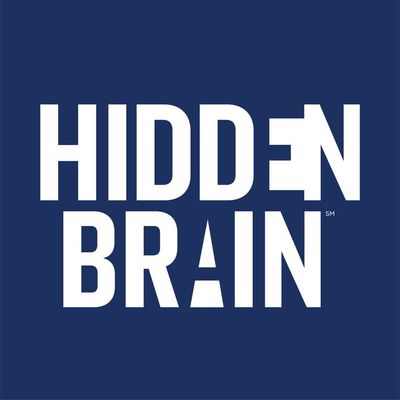
The Cassandra Curse
<p>After a disaster happens, we want to know whether something could have been done to avoid it. Did anyone see this coming? Many times, the answer is yes. So why didn't the warnings lead to action? This week, we explore the psychology of warnings with a visit to a smelly Alaskan tunnel, a gory (and fictional) murder plot, and even some <a href="https://www.youtube.com/watch?v=Os_bSwg02J4">ABBA</a>.</p>
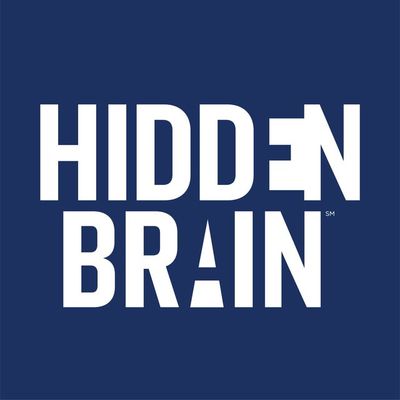
Our Better Nature
<p>If you live in a big city, you may have noticed new buildings popping up — a high-rise here, a skyscraper there. The concrete jungles that we've built over the past century have allowed millions of us to live in close proximity, and modern economies to flourish. But what have we given up by moving away from the forest environments in which humans first evolved? This week, we discuss this topic with psychologist Ming Kuo, who has studied the effects of nature for more than 30 years.</p>
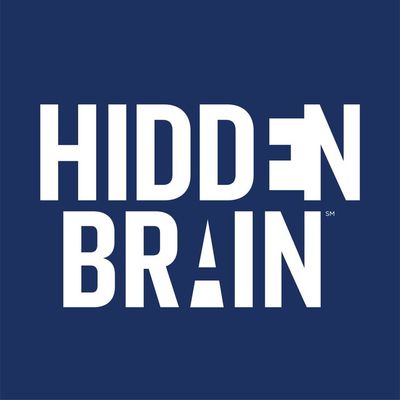
Bullshit Jobs
<p>Have you ever had a job where you had to stop and ask yourself: what am I doing here? If I quit tomorrow, would anyone even notice? This week on <em>Hidden Brain</em>, we talk with anthropologist David Graeber about the rise of what he calls "bullshit jobs," and how these positions affect the people who hold them.</p>
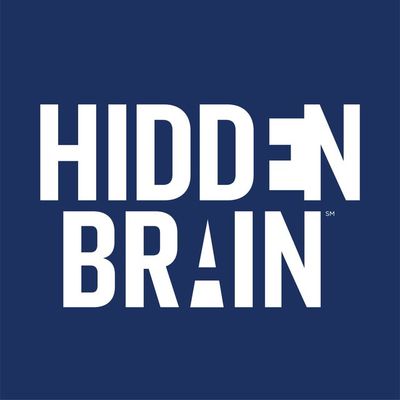
You 2.0: Check Yourself
<p>The simple "to-do" list may be one of humanity's oldest tools for getting organized. But checklists are also proving essential in many modern-day workplaces, from operating rooms to the cockpits of jumbo jets. As part of our summer You 2.0 series, we explore the power of the humble checklist to help us stay on track and focus on what's important, particularly when pressure is intense and the stakes are high.</p>
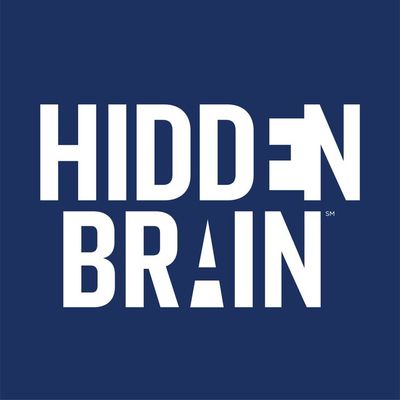
You 2.0: Originals
<p>What does it mean to be an original? As part of our summer series, You 2.0, we talk with psychology professor Adam Grant about innovators and the challenges they face. Adam gives his take on what makes an original, how parents can nurture originality in their children, and the potential downsides of non-conformity.</p>
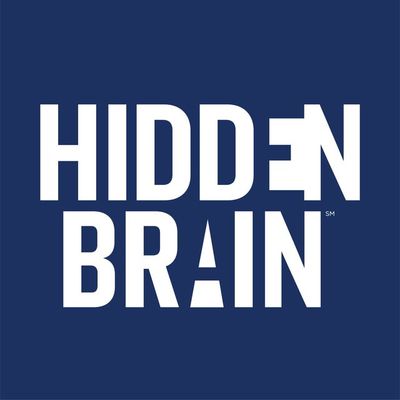
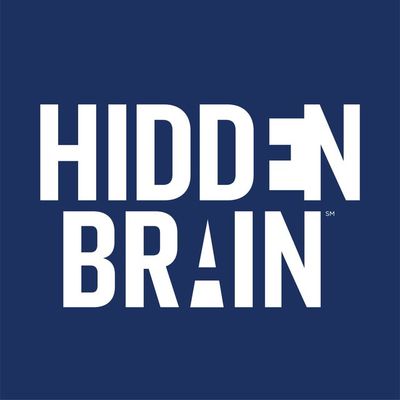
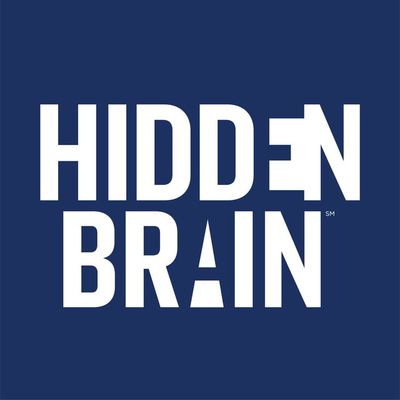
You 2.0: Dream Jobs
<p>Finding a new job may be the solution to your woes at work. But there may also be other ways to get more out of your daily grind. This week, we talk with psychologist Amy Wrzesniewski of Yale University about how we can find meaning and purpose in our jobs.</p>
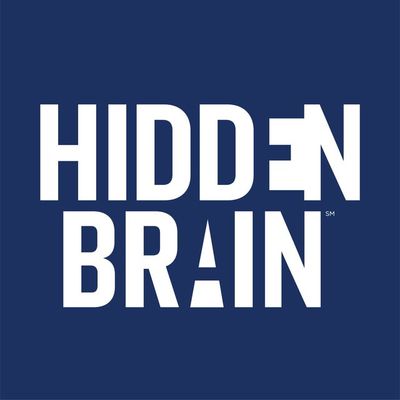
You 2.0: Rebel With A Cause
<p><i><strong>Editor's note, December 6, 2024: </strong>Since we first published this episode with Francesca Gino in 2018, other researchers have raised concerns about the integrity of her work. In 2023, a group of scientists </i><a href="https://datacolada.org/109" target="_blank"><i>publicly alleged</i></a><i> that she had fabricated data in some of her studies. You can find more information about their analysis at </i><a href="http://datacolada.org/" target="_blank"><i>Data Colada.org</i></a><i>. </i></p><p><i>Gino has denied these allegations.</i></p><p><i>A number of Francesca Gino’s studies have been retracted by the journals that published them, including a </i><a href="https://www.sciencedirect.com/science/article/pii/S074959781630437X" target="_blank"><i>study about karaoke</i></a><i> that is referenced in this episode. </i></p><p>Francesca Gino studies rebels — people who practice "positive deviance" and achieve incredible feats of imagination. They know how, and when, to break the rules that should be broken. So how can you activate your own inner non-conformist? We kick off this year's You 2.0 series by pondering this question.</p>
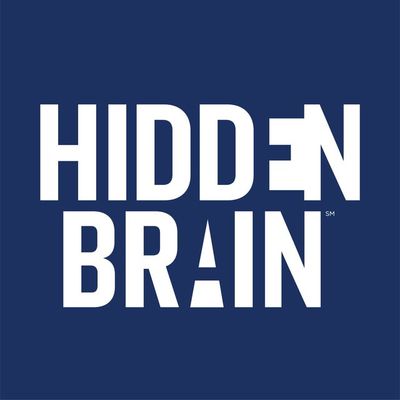
Radio Replay: Watch Your Mouth
<p>If you're bilingual or multilingual, you may have noticed that different languages make you stretch in different ways. In this month's Radio Replay, we ask whether the structure of the languages we speak can change the way we see the world. We'll also look at how languages evolve, and why we're sometimes resistant to those changes.</p>
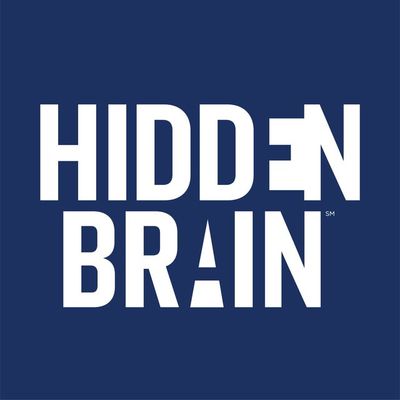
Creating God
<p>If you've taken part in a religious service, have you ever stopped to think about how it all came to be? How did people become believers? Where did the rituals come from? And most of all, what purpose does it all serve? This week, we explore these questions with psychologist Azim Shariff, who argues that we can think of religion from a Darwinian perspective, as an innovation that helped human societies to survive and flourish.</p>
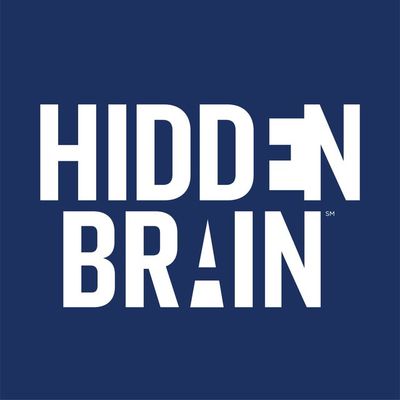
Snooki and the Handbag
<p>Look down at what you're wearing. You picked out that blue shirt, right? And those sandals — you decided on those because they're comfortable, didn't you? Well, maybe not. Researcher Jonah Berger says we tend to be pretty good at recognizing how influences like product placement and peer pressure affect <em>other</em> people's choices...but we're not so good at recognizing those forces in our own decisions. We talked with him in December 2016.</p>
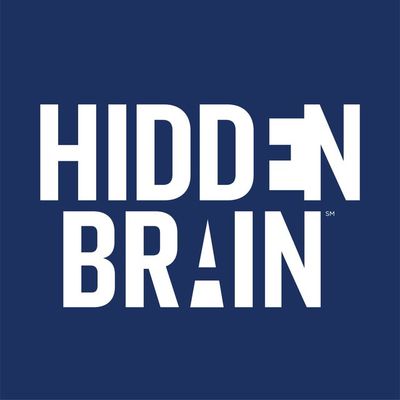
The Edge Effect
<p>There is great comfort in the familiar. It's one reason humans often flock to other people who share the same interests, laugh at the same jokes, hold the same political views. But familiar ground may not be the best place to cultivate creativity. From science and business to music and the world of fashion, researchers have found that people with deep connections to people from other countries and cultures often see benefits in terms of their creative output. This week on <em>Hidden Brain</em>, we look at the powerful connection between the ideas we dream up and the people who surround us, and what it really takes to think outside the box.</p>
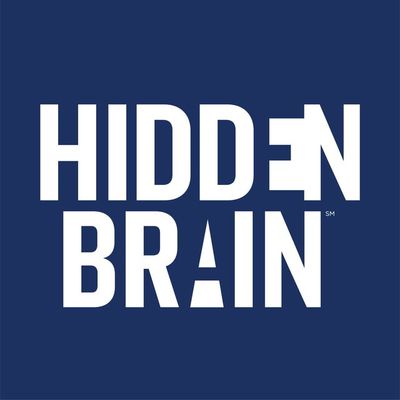
Fake News: An Origin Story
<p>Fake news may seem new, but in reality, it's as old as American journalism. This week, we look at a tension at the heart of news coverage: Should reporters think of the audience as consumers, or as citizens? Should the media give people what they want, or what they need?</p>
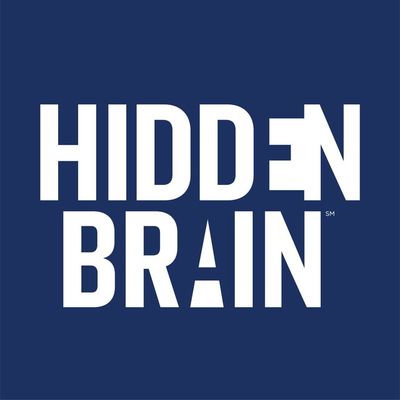
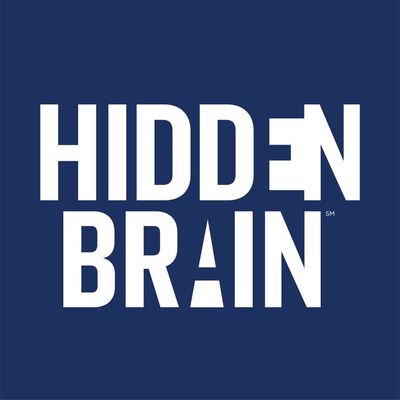
Summer Melt
<p>As many as 40 percent of students who intend to go to college don't actually show up to their new campuses in the fall. Education researchers call this phenomenon "summer melt," and it has long been a puzzling problem. These kids have taken the SATs, written college essays, applied to and been accepted by a school of their choice. Often they've applied for and received financial aid. So why would they not show up at college? This week, we bring you a 2017 episode looking more closely about the problem — and one way to address it.</p>
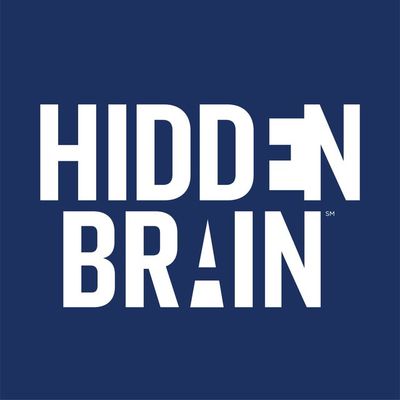
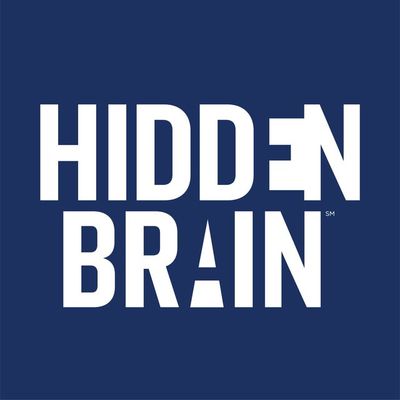
When Everything Clicks
<p>There can be a lot of psychological noise involved in teaching. But what if we replaced all that mental chit chat....with a click? This week, we explore an innovative idea about how we learn. It will take us from a dolphin exhibit in Hawaii to a top teaching hospital in New York. It's about a method to quiet the noise. The sort of clutter that can turn learning into a minefield of misery.</p>
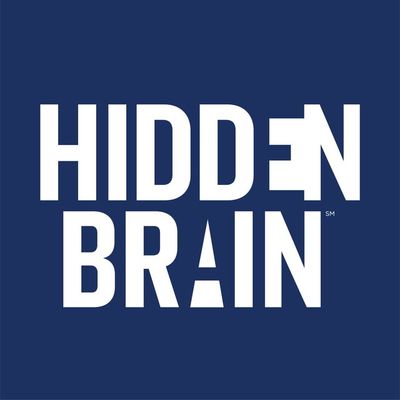
Kinder-Gardening
<p>Many parents think they can shape their child into a particular kind of adult. Psychologist Alison Gopnik says the science suggests otherwise. This week, we revisit our December 2017 conversation with Gopnik, who thinks we'd all be better off if we had a different understanding of the relationship between parents and kids.</p>

Rewinding & Rewriting
<p>All of us are time travelers. We go back in history to turning points in our lives, and imagine how things could have turned out differently. Psychologists refer to this as "counterfactual thinking." This week on Hidden Brain, we look at why some events prompt these "What if?" questions, while others do not.</p>
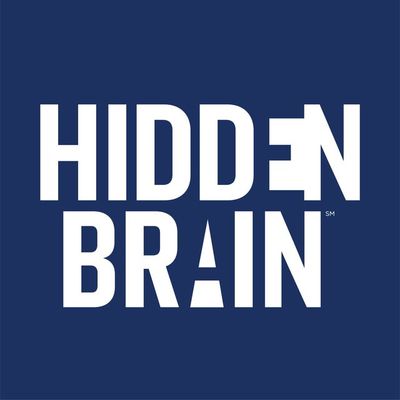
Radio Replay: This Is Your Brain On Ads
<p>How many ads have you encountered today? On this week's radio replay, we discuss the insidiousness of advertising in American media. We begin with new reporting about the effects cereal commercials have on children. Later in the program, we revisit one of our favorite episodes of 2018, Buying Attention.</p>

Baby Talk
<p>Babies are speaking to us all the time, but most of us have no clue what they're saying. To researchers, though, the babbling of babies is knowable, predictable, and best of all, teachable to us non-experts. This week, we'll get a primer on how to decipher babbling — the unique dialect of tiny humans.</p>
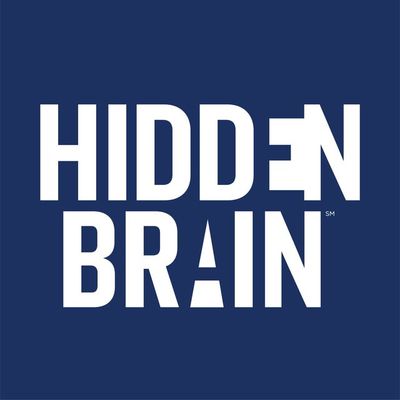
Rap on Trial
<p>Olutosin Oduwole was an aspiring rapper and college student when he was arrested in 2007. He was charged with "attempting to make a terrorist threat." Prosecutors used his writings — which he maintains were rap lyrics — to build their case against him. The week, we revisit our June 2017 story about Oduwole, and explore how public perceptions of rap music may have played a role in his prosecution.</p>
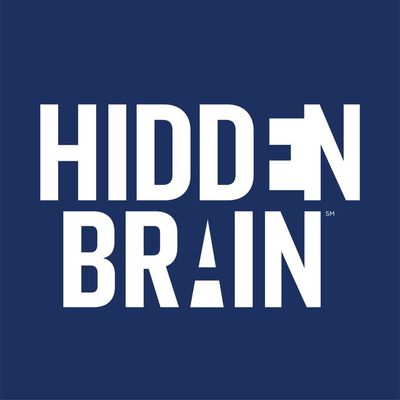
The Fox and the Hedgehog
<p>The Greek poet Archilochus wrote that "the fox knows many things, but the hedgehog knows one big thing." This week, we'll use the metaphor of the fox and the hedgehog as a way to understand the differences between tacticians and big-picture thinkers. We'll explore the story of a pioneering surgeon whose hedgehog tendencies led him to great triumphs, and a heartbreaking tragedy. This episode first aired in May 2017.</p>
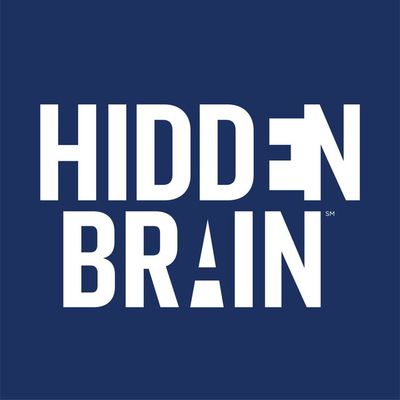
Emma, Carrie, Vivian
<p>In 1924, a 17-year-old girl was admitted to the Virginia State Colony for Epileptics and Feebleminded. The superintendent of the colony classified her as "feeble-minded of the lowest grade, moron class." With that designation, this girl, Carrie Buck, was set on a path she didn't choose. What happened next laid the foundation for the forced sterilization of tens of thousands of people. This week, the story of the eugenics movement and one of the most tragic social experiments in American history.</p>
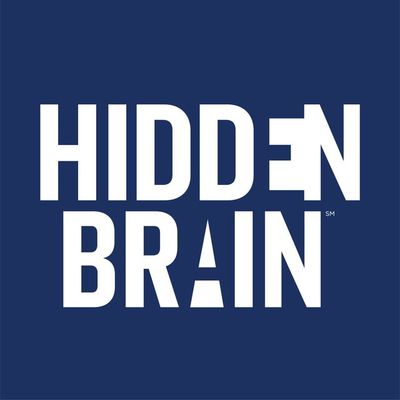
Radio Replay: The Weight of Our Words
<p>Political correctness. Free speech. Terrorism. On this week's Radio Replay, we look at the language we use around race and religion, and what that language says about the culture in which we live. This episode draws upon two of our favorite podcasts, "Is He Muslim?" and "Hiding Behind Free Speech."</p>
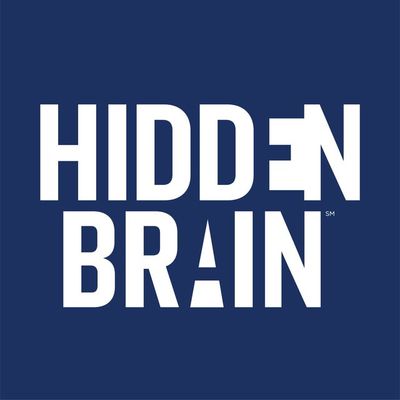
Romeo and Juliet in Kigali
<p>How do you change someone's behavior? Most of us would point to education or persuasion. But what if the answer lies elsewhere? Today we explore a revolutionary insight about human nature, one that will take us on a journey from Budapest to the hills of Rwanda.</p>
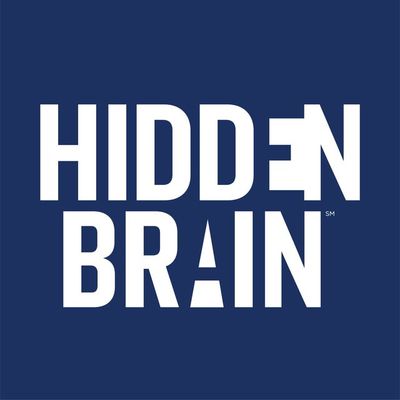
Liar, Liar
<p><i>Editor’s note: Since this episode first aired, researchers have raised concerns about a number of studies authored by Dan Ariely, including one cited in this episode. That study included data from an insurance company that purported to show that people are more truthful when they sign an ethics declaration at the beginning of a form than at the end. In an independent review, a group of researchers found evidence of data fabrication in that study. You can read more about </i><a href="https://datacolada.org/98"><i>their findings here</i></a><i>, along with </i><a href="http://datacolada.org/storage_strong/DanBlogComment_Aug_16_2021_final.pdf"><i>Dan Ariely’s response</i></a><i>. The insurance company that provided the data, The Hartford, released a statement to NPR’s Planet Money in July 2023. In that statement, the company said that it had done a review of its records and that “there appear to be significant changes made to the size, shape and characteristics of our data after we provided it and without our knowledge or consent.” You can hear the full Planet Money story and read the full statement from The Hartford </i><a href="https://www.npr.org/2023/07/27/1190568472/dan-ariely-francesca-gino-harvard-dishonesty-fabricated-data"><i>here</i></a><i>. </i></p><p><i>Additionally, a second study cited in this episode – in which Ariely reported reduced cheating among test-takers asked to recall the Ten Commandments before taking the test – has not stood up to replication by other researchers. You can read more about that </i><a href="https://ppw.kuleuven.be/okp/_pdf/Verschuere2018RRROM.pdf"><i>here</i></a><i>. </i></p><p>We all lie. But what separates the average person from the infamous cheaters we see on the news? Dan Ariely says we like to think it's character — but in his research he's found it's more often opportunity. Dan Ariely is a professor at Duke University and the author of the book <i>The Honest Truth About Dishonesty: How We Lie to Everyone — Especially Ourselves</i>. We spoke to him in March 2017.</p>
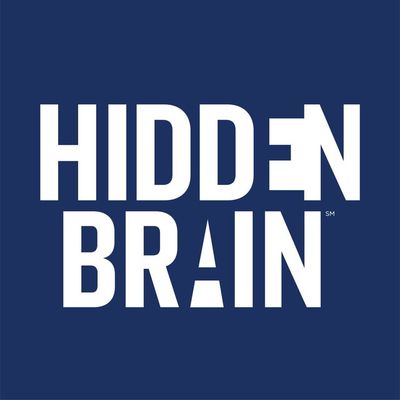
Tunnel Vision
<p>When you're hungry, it can be hard to think of anything other than food. When you're desperately poor, you may constantly worry about making ends meet. When you're lonely, you might obsess about making friends. This week, we bring you a March 2017 episode about the psychological phenomenon of scarcity. Researchers say this form of tunnel vision can affect our ability to see the big picture and cope with problems in our lives.</p>
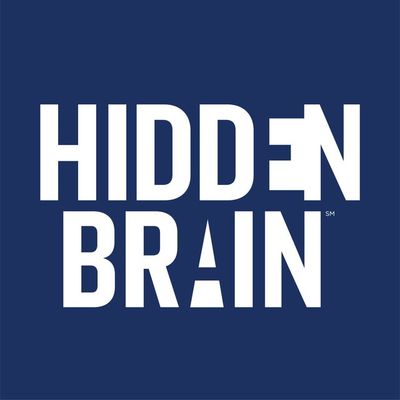
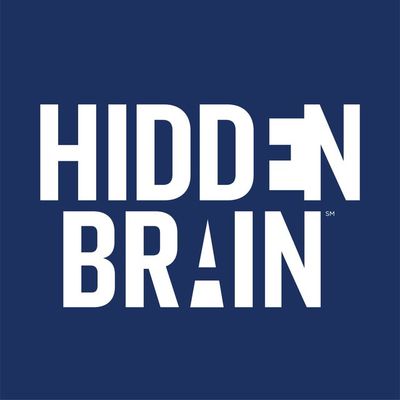
The Lonely American Man
<p>Boys get the message at a young age: don't show your feelings. Don't rely on anyone. This week, we take a close look at misguided notions of masculinity in the United States. We explore how those notions create stressed-out romantic relationships, physical health problems, and a growing epidemic of loneliness. Plus, we consider how we might begin to tell a different story about what it means to be a man.</p>
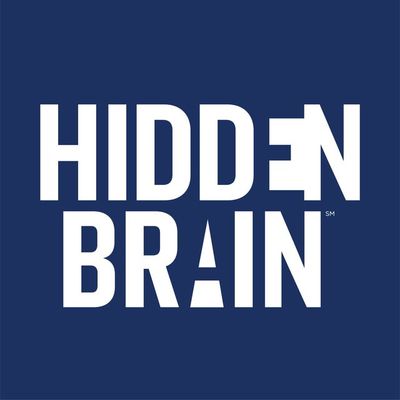
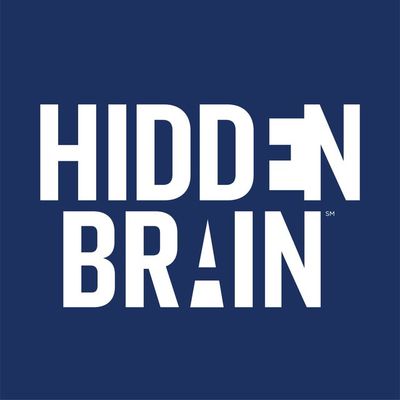
Think Fast with Daniel Kahneman
<p>Do humans act rationally? Economic theory has long told us the answer is "yes." But a half century ago, two psychologists — Daniel Kahneman and Amos Tversky — began to challenge this notion. Their work laid the foundation for behavioral economics and influenced many scholars who've followed in their footsteps. This week, we mark our 100th episode by talking with Daniel Kahneman about his collaboration with Tversky, and how their work transformed our thinking about judgment, memory, and the mind itself.</p>
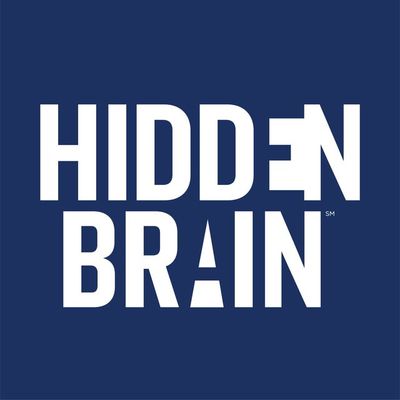
Men: 45, Women: 0
<p>More women are running for political office than ever before in American history. But in politics and many other fields, women still struggle to attain positions of power. Researchers say they're often trapped in a "double bind" — a series of unconscious, interlocking stereotypes we have about men, women and the nature of leadership. This week, we take a closer look at the double bind as we revisit a favorite episode from October 2016.</p>
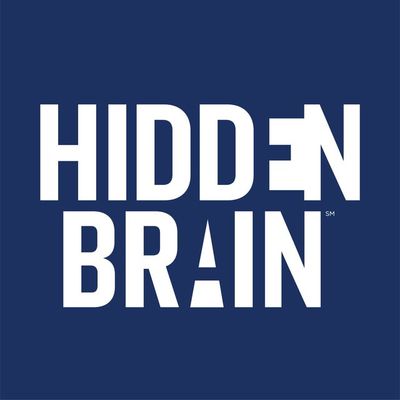
Counting Other People's Blessings
<p>Envy is one of the most unpleasant of all human emotions. It also turns out to be one of the most difficult for researchers to study. And yet, there's mounting evidence that envy is a powerful motivator. This week, we explore an emotion that can inspire us to become better people — or to commit unspeakable acts.</p>
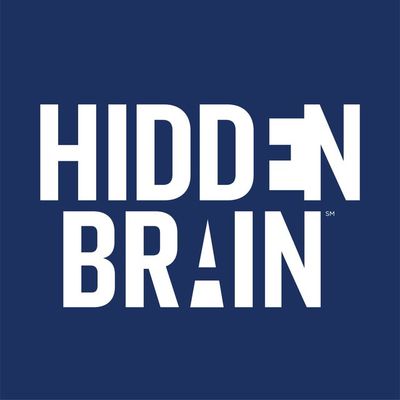
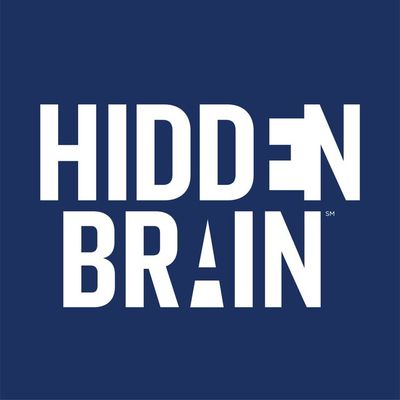
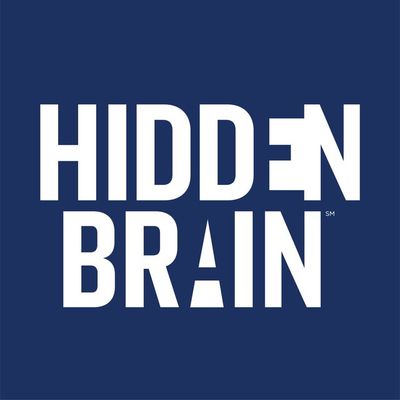
Why Now?
<p>Nearly a quarter century ago, a group of women accused a prominent playwright of sexual misconduct. For the most part, the allegations went nowhere. In 2017, in the midst of the #MeToo movement, more women came forward to accuse the same playwright of misconduct. This time, everyone listened. On this episode, we explore the story through the lens of social science research and ask, "Why Now?" What has changed in our minds and in our culture so that allegations of sexual harassment and assault are being taken so much more seriously than they were in the past? A note: This story includes descriptions of sexual harassment and assault. It may not be suitable for all listeners.</p>
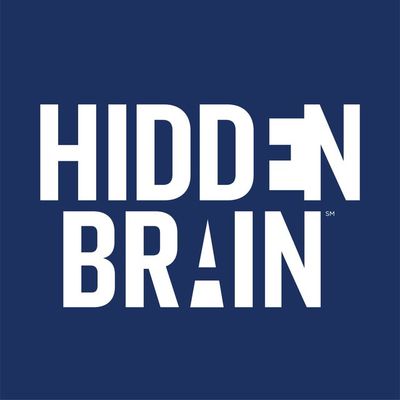
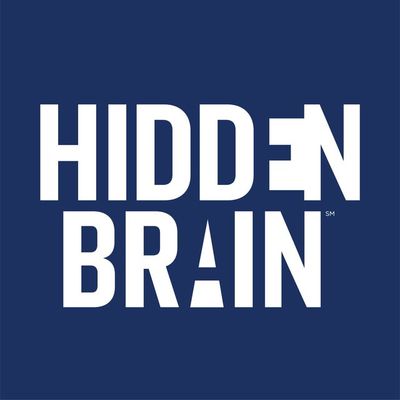
Radio Replay: The Power Hour
<p>Call it adulation, adoration, idolization: we humans are fascinated by glamour and power. But this turns out to be only one side of our psychology — we also feel envious and resentful of the rich and powerful. In this Radio Replay, we explore the evolutionary history behind this ambivalence. Plus, we look at how we gain influence, and what happens to us once we have it.</p>
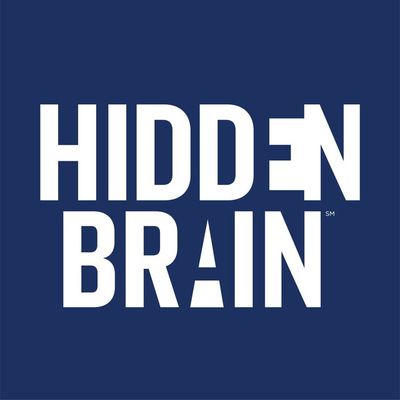
Alan Alda Wants Us To Have Better Conversations
<p>We've all experienced miscommunications. Their consequences can range from hilarious... to disastrous. The actor Alan Alda — yes, THAT Alan Alda — wants to help us avoid them. You might know him from his roles on television shows like M<em>A</em>S*H, The West Wing and 30 Rock, but in recent years Alda has also focused on helping scientists, and the rest of us, communicate better. His new book is <em>If I Understood You, Would</em> <em>I Have This Look on My Face? My Adventures in the Art and Science of Relating and Communicating.</em></p>
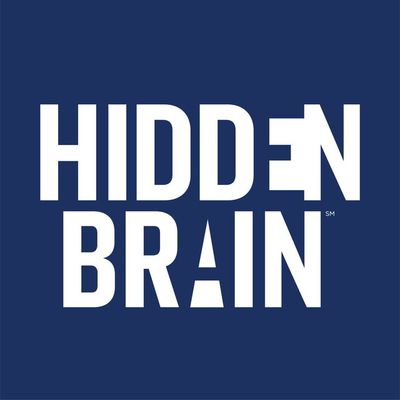
Give Me Your Tired...
<p>Our airwaves are filled with debates about immigrants and refugees. Who should be allowed in the United States, who shouldn't, and who should decide? In the wake of President Trump's vulgar remarks about some immigrants — remarks that he has since denied — we're going to revisit a favorite episode from 2016 that explores the patterns and paradoxes of immigration in the U.S. Historian Maria Cristina Garcia joins us.</p>
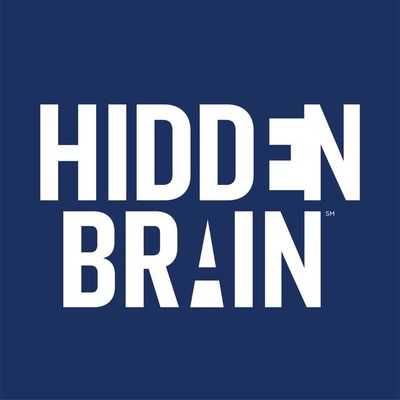
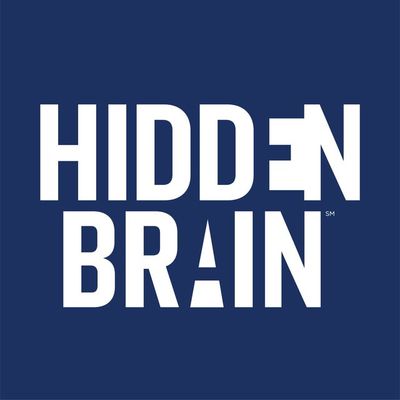
E Pluribus Unum?
<p>The tone of American politics can be...nasty. But is this nastiness really worse than in previous eras, and if so, what does that mean for our democracy? Historian David Moss takes the long view — arguing that American democracy is much more resilient than we realize. This week on Hidden Brain, we turn to history for insight about our current moment in American politics.</p>
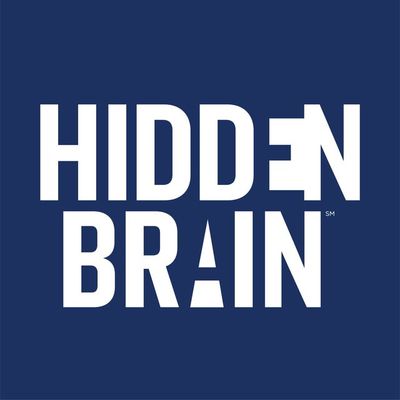
Buying Attention
<p>Have you ever opened your computer with the intention of sending one email — only to spend an hour scrolling through social media? Maybe two hours? In this episode, we examine the strategies media companies use to hijack our attention so they can sell it to advertisers.</p>
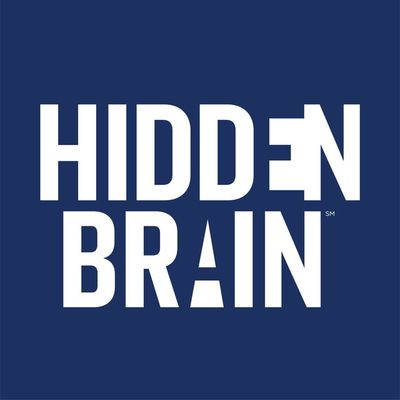
Radio Replay: Fresh Starts
<p>Unpredictable things happen to us all the time. In the process of getting back on your feet, you may realize that something's different. On this Radio Replay, we mark the new year with two of our favorite stories of loss and the change it brings.</p>
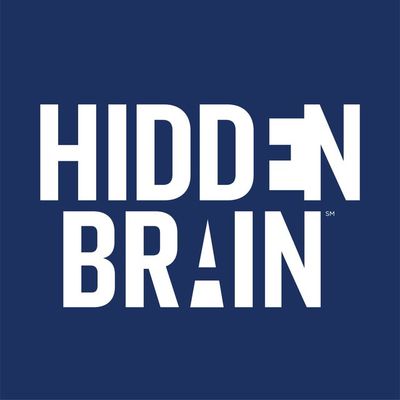
I'm Right, You're Wrong
<p>There are some topics about which it seems no amount of data will change people's minds: things like climate change, or restrictions on gun ownership. Neuroscientist Tali Sharot says that's actually for good reason. As a general rule, she says, it's better to stick to your beliefs and disregard new information that contradicts them. But this also means it's very difficult to change false beliefs. In this favorite episode from earlier this year, we look at how we process information, and why it's so hard to change our views.</p>
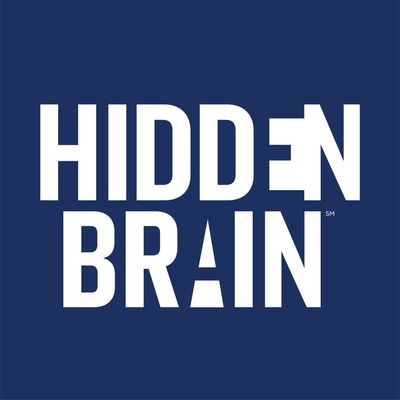
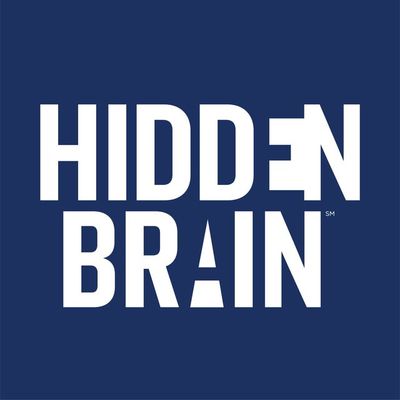
Never Go To Vegas
<p>All social classes have unspoken rules. From A-list celebrities to teachers, doctors, lawyers, and journalists — there are social norms that govern our decisions, whether we realize it or not. This week on Hidden Brain, the invisible qualities that all celebrities have in common, and how our interest in them builds because of cues we get from one another. Later in the episode, we look at another elite group: the yoga-loving, Whole Foods-shopping, highly-educated group that researcher Elizabeth Currid-Halkett calls the "aspirational class."</p>
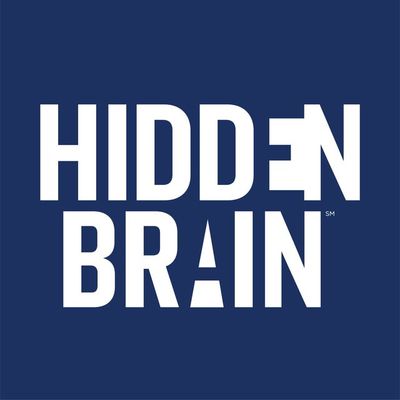
Kinder-Gardening
<p>Many parents think they can shape their child into a particular kind of adult. Psychologist Alison Gopnik says the science suggests otherwise. She thinks we'd all be better off if we had a different understanding of the relationship between parents and kids.</p>
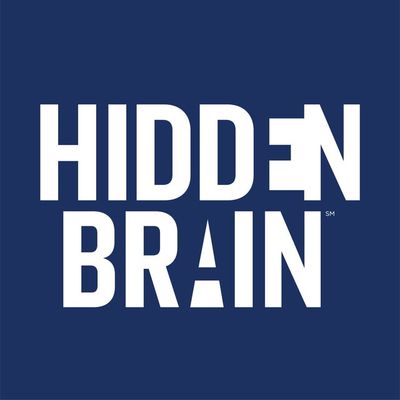
Radio Replay: Loving the Lie
<p>In this week's Radio Replay, we bring you stories of fakes, phonies, and con men — and the people who fall for the false worlds they create. First, the tale of a middle-aged man who impersonates a series of women and gets thousands of men to fall in love with his creations. Then, we'll hear about a painter who tricks the world's greatest art experts into believing they're looking at masterpieces.</p>
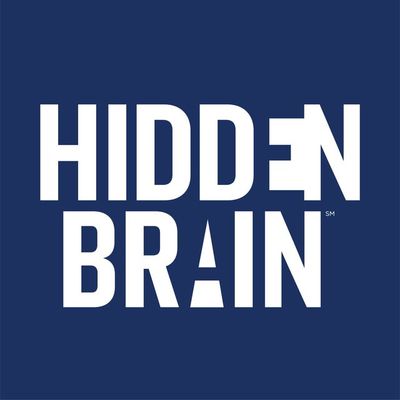
The Sorting Hat
<p>The desire to find our tribe is universal. We like to know who we are and where we belong. This fascination has led to a thriving industry built on the marketing and sale of personality tests. These tests offer individuals — and, increasingly, employers — quick and easy insights that can be used to make some of life's biggest decisions. But most fail to stand up to scientific scrutiny. This week, we delve into the world of personality testing, and explore the many different ways we assess personality and potential — from the Chinese zodiac to Harry Potter houses to the Myers-Briggs test.</p>
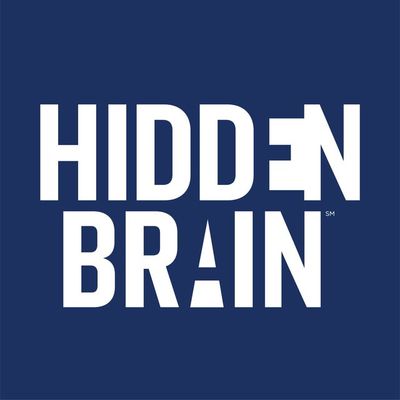
Radio Replay: Life, Interrupted
<p>What price do we pay for the constant interruptions we get from our phones and computers? And is there a better way to handle distraction? In this week's Radio Replay we bring you a favorite conversation with the computer scientist Cal Newport. Plus, Shankar gets electrodes strapped to his head to test a high-tech solution to interruptions.</p>
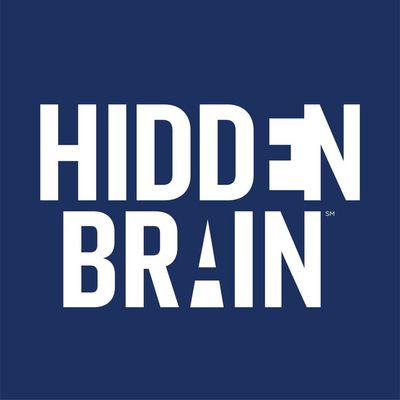
Money Talks
<p>How do you spend your money? On shoes, cars, coffee, fancy restaurants? You might think you use money just to, you know, buy stuff. But as Neeru Paharia explains, the way we spend often says a lot about who we are, and what we want to project. We use money to express our values — by going to the local coffee shop instead of Starbucks, or by boycotting — or buycotting — Ivanka Trump shoes. In this April 2017 episode of Hidden Brain, we explore the way we use money to tell stories about ourselves, and <em>to</em> ourselves.</p>
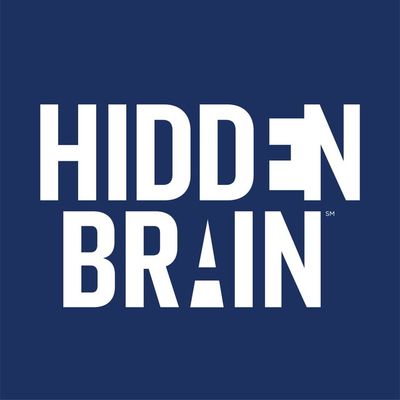
An American Secret
<p>All countries have national myths. The story of the first Thanksgiving, for example, evokes the warm glow of intercultural contact: European settlers, struggling to survive in the New World, and Native American tribes eager to help. As many of us learned in history class, this story leaves a lot out. This week on Hidden Brain, we explore a national secret: that from the time Christopher Columbus arrived in the New World until 1900, there were as many as five million Native American people enslaved. We'll learn about this history, and the psychological forces that kept it unexamined for so long.</p>
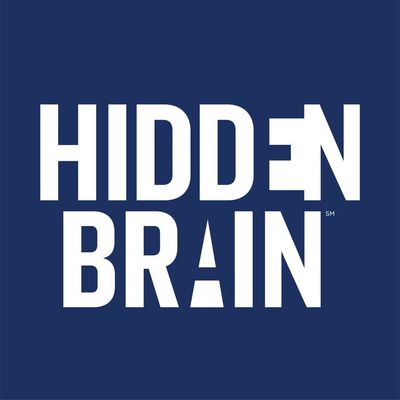
Radio Replay: Crime As A Disease
<p>In moments of anger, it can be hard to take a deep breath<em> </em>or count to ten. But public health researcher Harold Pollack says five minutes of reflection can make all the difference between a regular life and one spent behind bars. This week, we visit a Chicago program that helps young men learn how to pause and reflect. Plus, we ask whether we should think of violence as a disease, similar to a blood-borne pathogen in its ability to spread from person to person.</p>
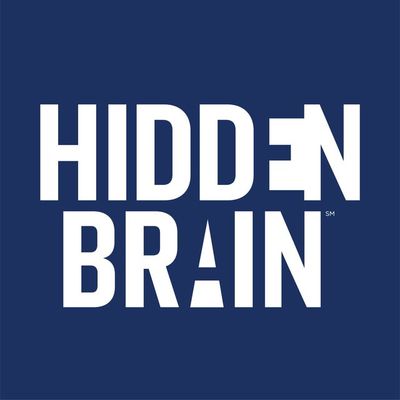
Eyes Wide Open: Part 2
<p>What does the song "Satisfaction" by The Rolling Stones have in common with the periodic table of elements? Both are the products of dreams. The sleeping brain is far more active than we realize, argues neuroscientist Matthew Walker in this second part of our series on sleep.</p>
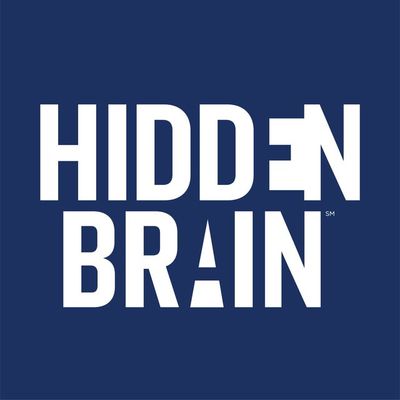
Eyes Wide Open: Part 1
<p>Randy Gardner broke a world record in 1963, when he was only 17 years old. His feat? Going 11 days without sleeping. Randy, now 71, shares his wisdom about staying up past your bedtime — and why none of us should attempt to recreate his teenage stunt — on this week's Hidden Brain.</p>
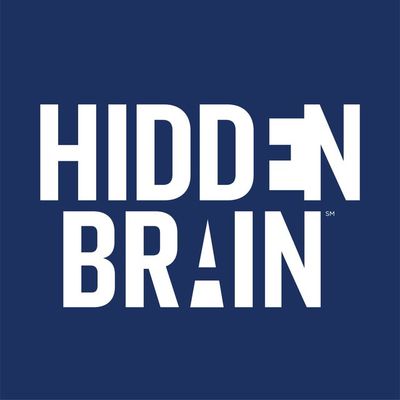
Radio Replay: Prisons of Our Own Making
<p>Discussions about healthy living usually revolve around diet and exercise. Social interaction is often left out of the conversation, even though research shows that it's critical to our well-being. On this week's radio replay, we'll explore research on the extremes of social interaction: from the consequences of constant connection, to the high cost of solitary confinement.</p>
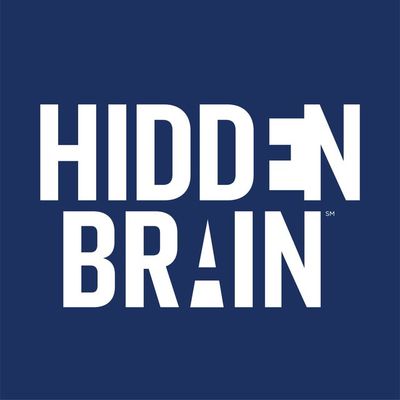
Check Yourself
<p>The simple "to-do" list may be one of humanity's oldest tools for keeping organized. But checklists are also proving essential in many modern-day workplaces, from operating rooms to the cockpits of jumbo jets. This week, we explore the power of the humble checklist to help us stay on track and focus on what's important, particularly when pressure is intense and the stakes are high.</p>
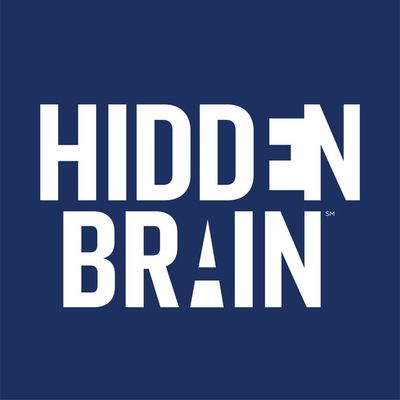
Radio Replay: What's In It For Me?
<p>Coincidences can make the everyday feel extraordinary. But are they magical, or just mathematical? On this week's Radio Replay, we explore our deep fascination with these moments of serendipity. New research suggests they reveal important things about how our minds work, and have a far more powerful effect on our lives than any of us imagine. We'll also explore the phenomenon of "implicit egotism" — the idea that we're drawn to people and things that remind us of ourselves.</p>
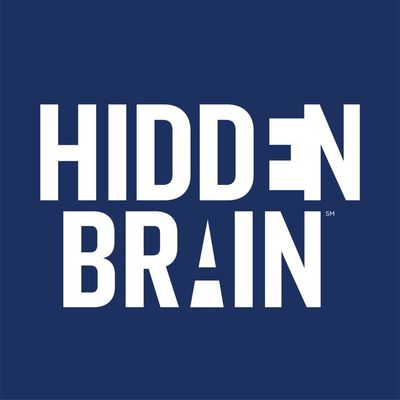
Misbehaving with Richard Thaler
<p>We don't always do what we're supposed to do. We don't save enough for retirement. We order dessert — even when we're supposed to be dieting. In other words, we misbehave. That's the title of Richard Thaler's most recent book: <em>Misbehaving: The Making of Behavioral Economics. </em>If you've read Thaler's previous book, <em>Nudge,</em> you know he's an economist who studies why people don't really act the way traditional economists say they will. Thaler recently won a Nobel Prize for his contributions to the field of behavioral economics — so we thought we'd celebrate by giving you this encore episode. It's still one of our favorites.</p>
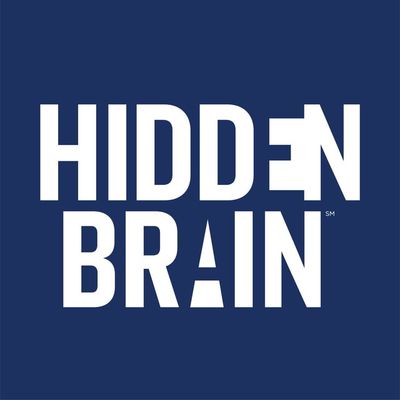
The Good Old Days
<p>Is nostalgia an emotion that's bitter, or sweet? Why are we so often pulled into memories of the past? This week on Hidden Brain, we talk about what prompts us to feel nostalgic, and the harms and benefits of this emotion. Plus, how Donald Trump employed nostalgia to win the 2016 presidential campaign.</p>
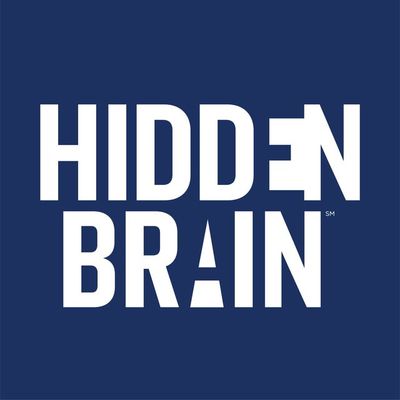
The Edge of Gender
<p>Gender is one of the first things we notice about the people around us. But where do our ideas about gender come from? Can gender differences be explained by genes and chromosomes, or are they the result of upbringing, culture and the environment? This week, we delve into the debate over nature vs. nurture, and meet the first person in the United States to officially reject the labels of both male and female, and be recognized as "non-binary."</p>
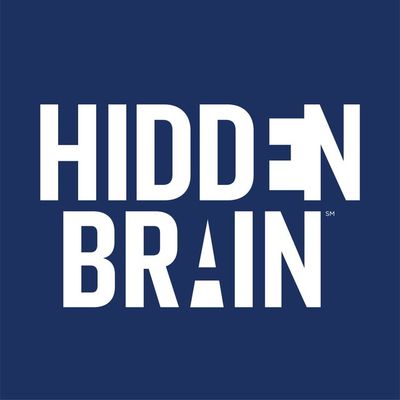
Be The Change
<p>"Be the change you wish to see in the world." It's a popular quote that's made its way onto coffee mugs and bumper stickers — but it's not the easiest principle to live. On this week's Hidden Brain, we meet Royce and Jessica James, a couple who decided to raise their daughter in a gender-neutral way. It was far harder than they ever could have imagined.</p>
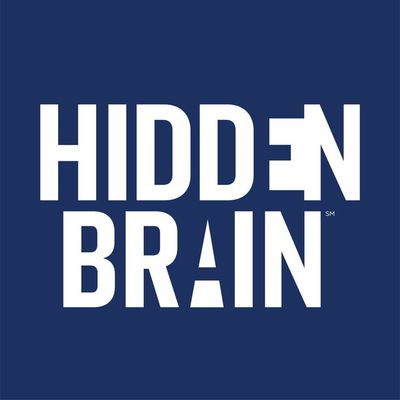
Just Sex
<p>We all know casual sex isn't about love. But what if it's not even about lust? Sociologist Lisa Wade believes the pervasive hookup culture on campuses today is different from that faced by previous generations. This week on Hidden Brain, we revisit a favorite episode exploring what this culture means for those who choose to participate, and for those who opt out.</p>
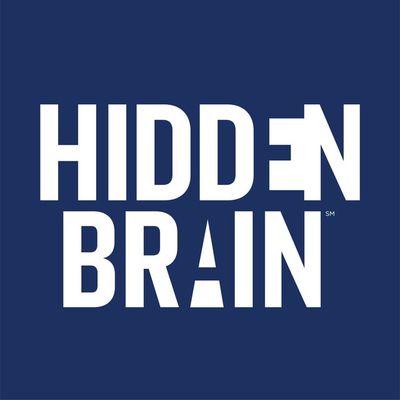
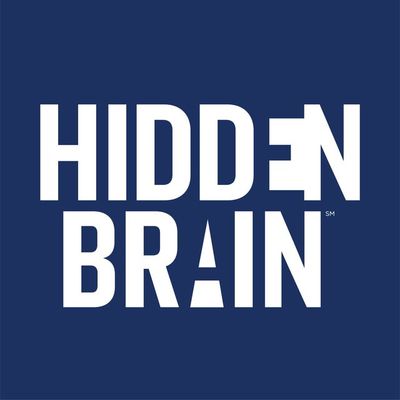
Regrets, I Have A Few...
<p>We all have regrets. By some estimates, regret is one of the most common emotions experienced in our daily lives. This week we'll hear listeners' stories of regret, and talk with psychology professor Amy Summerville. She runs the Regret Lab at Miami University in Ohio. Summerville says regret doesn't always have to be a negative force in our lives. Sometimes, it can be a hopeful emotion.</p>
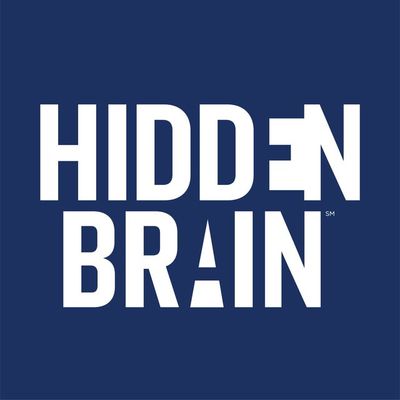
Hiding Behind Free Speech
<p>Several weeks ago, white supremacists took to the streets of Charlottesville, Virginia, in a demonstration that left many Americans asking a lot of questions. Who are we as a nation? What do we stand for, and what do we tolerate? The United States goes further than many other countries to protect speech — even hate-filled speech like that used in Charlottesville. In this episode, we look at how people use free speech arguments, and why the motivations behind these arguments may not be apparent — even to the people making them.</p>
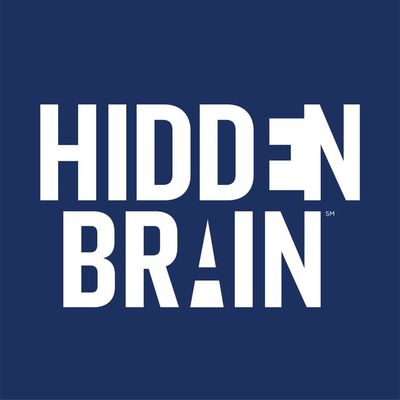
You 2.0: Getting Unstuck
<p>At one time or another, many of us feel stuck: in the wrong job, the wrong relationship, the wrong city – the wrong life. Psychologists and self-help gurus have all kinds of advice for us when we feel rudderless. This week on Hidden Brain, we conclude our You 2.0 series with a favorite episode exploring a new idea from an unlikely source: Silicon Valley.</p>
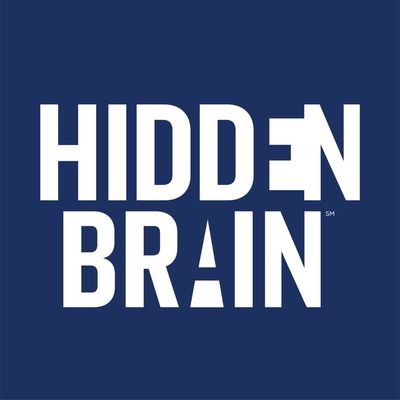
You 2.0: Decide Already!
<p>In the latest in our You 2.0 series, we bring you a favorite conversation with Harvard researcher Dan Gilbert. He tells us why we're bad at predicting our future happiness, how that affects our decision making, and why we are actually happier after making a decision that feels irrevocable.</p>
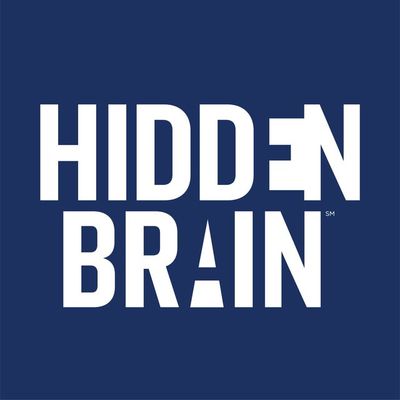
You 2.0: WOOP, There It Is
<p>Many of us have heard that we should think positively and visualize ourselves achieving our goals. But researcher Gabriele Oettingen finds this isn't actually the best advice. Instead, she says, we should use her strategy — which she calls WOOP.</p>
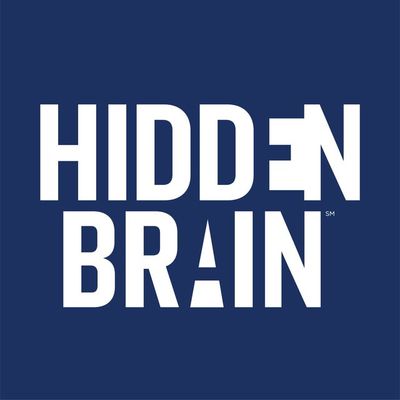
You 2.0: Embrace the Chaos
<p>Many of us spend lots of time and energy trying to get organized. We tell our kids to clean their rooms, and our politicians to clean up Washington. But economist Tim Harford says maybe we should embrace the chaos. This week, as part of our You 2.0 series, we bring you our November 2016 conversation with Harford.</p>
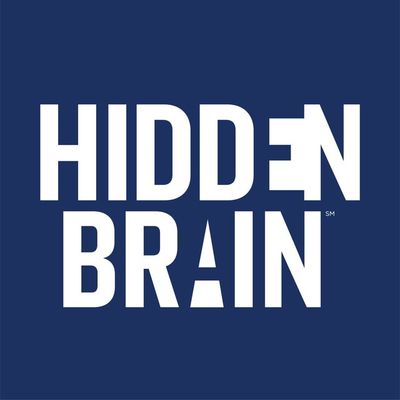
You 2.0: Dream Jobs
<p>Why do you work? Are you mostly in it for the money, or do you have another purpose? Popular wisdom says your answer depends on the nature of your job. But psychologist Amy Wrzesniewski finds it may have more to do with how we <em>think</em> about our work. She finds we're about evenly split in whether we say we have a job, a career, or a calling. As part of our You 2.0 series, we bring you this March 2016 conversation with Amy about how we find meaning and purpose at work.</p>
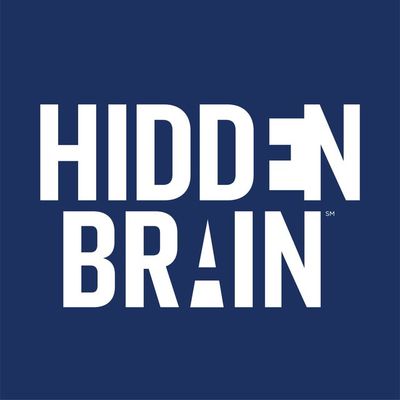
You 2.0: Deep Work
<p>When your phone buzzes or a notification pops up your screen, do you stop what you're doing to look and respond? That's what many of us are doing. Even though we think we should be less distracted by technology, we haven't admitted the true cost of these interruptions. This week on Hidden Brain, we talk with the computer scientist Cal Newport about how to cultivate our attention, and what we gain by immersing ourselves in meaningful work. It's part of our series You 2.0, in which we'll explore how we can all make better decisions and cope with the messiness of daily life.</p>
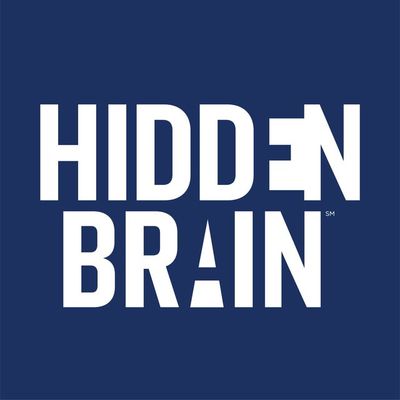
Summer Melt
<p>According to research from Harvard, as many as 40% of kids who intend to go to college at the time of high school graduation don't actually show up in the fall. Education researchers call this phenomenon "summer melt," and it has long been a puzzling problem. These kids have taken the SATs, written college essays, applied to and been accepted by a school of their choice. Often they've even applied for and received financial aid. Why would they not show up at college? This week on Hidden Brain, we look more closely at the problem — and talk about ways that some universities are trying to fix it.</p>
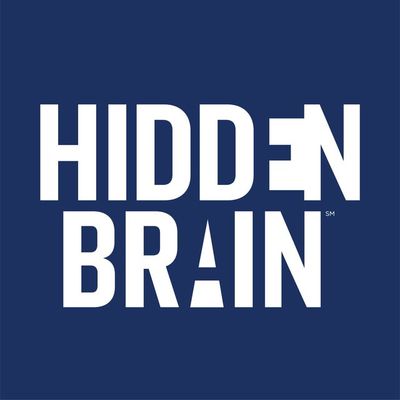
Could You Kill A Robot?
<p>Will we one day create machines that are essentially just like us? People have been wrestling with that question since the advent of robotics. But maybe we're missing another, even more intriguing question: what can robots teach us about ourselves? We ponder that question with Kate Darling of the MIT Media Lab in a special taping at the Aspen Ideas Festival.</p>
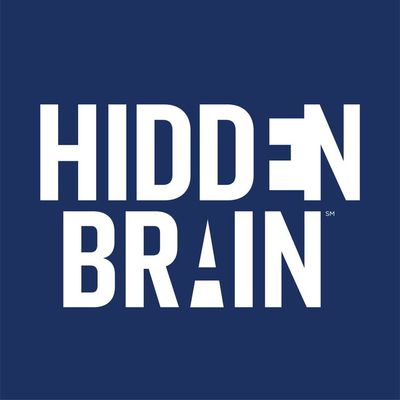
Losing Face
<p>It happens to all of us: someone recognizes you on the street, calls you by name, and says hello... and you have no idea who that person is. Researchers say this struggle to read other faces is common. This week on Hidden Brain, super-recognizers, and the rest of us.</p>
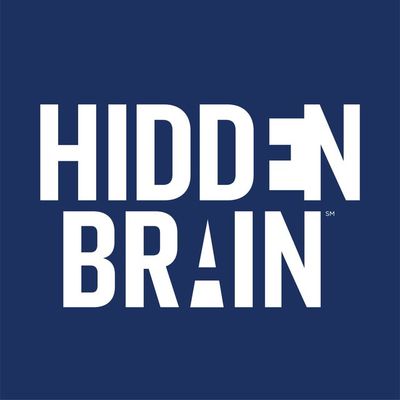
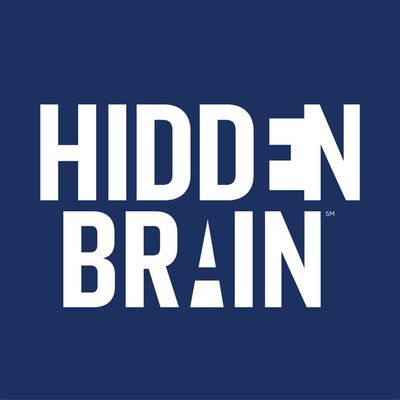
"Is he Muslim?"
<p>In a five year period from 2011 to 2016, just twelve percent of terrorist attacks in the United States were perpetrated by Muslims. More than fifty percent, on the other hand, were carried out by Neo-Nazis, white supremacists, or other far right groups. So why do Americans spend so much time worrying about "radical Islamic terrorism?" This week on Hidden Brain, we look at how the media over-covers some acts of terrorism — and quickly forgets others. We also look at some of the psychological reasons we have a hard time putting the threat of terrorism in perspective.</p>
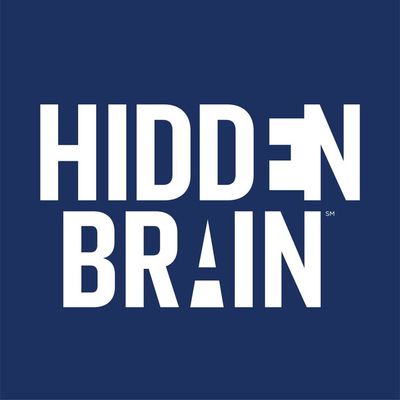
Rap on Trial
<p>Olutosin Oduwole was an aspiring rapper and college student when he was arrested in 2007. He was given an unusual charge: "attempting to make a terrorist threat." Prosecutors used his writings — which he maintains were rap lyrics — to build their case against him. This week on Hidden Brain, we revisit Oduwole's story, and how public perceptions of rap music may have played a role.</p>
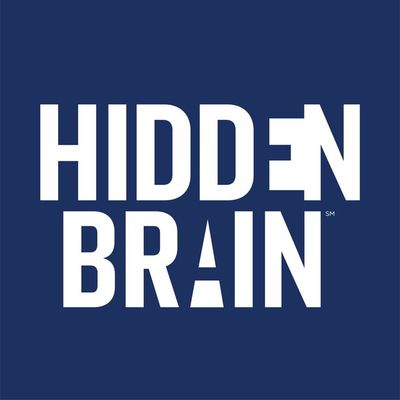
In The Air We Breathe
<p>After a police-involved shooting, there's often a familiar blame game: Maybe the cop was racist. Maybe the person who was shot really <em>was</em> threatening. Or maybe, the bias that leads cops to shoot affects us all. This week on Hidden Brain, we explore how unconscious bias can infect a culture — and how a police shooting may say as much about a community as it does about individuals.</p>
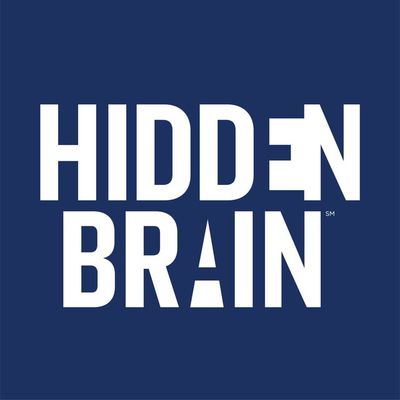
Broken Windows
<p>In the early 1980s, a couple of researchers wrote an article in <em>The Atlantic</em> that would have far-reaching consequences. The article introduced a new idea about crime and policing. It was called Broken Windows. The idea was simple: A broken window is a sign of a neglected community, and a neglected community is a place where crime can thrive. The researchers said, if police fixed the small problems that created visible signs of disorder, the big ones would disappear. Today, we explore how ideas sometimes get away from those who invented them... and then are taken to places that were never intended.</p>
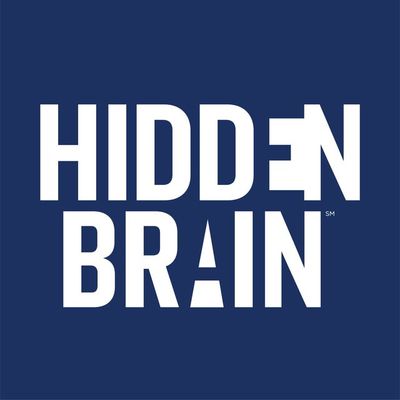
Me, Myself, and IKEA
<p>It's normal to feel drawn to people you share something with — whether that's a name, or a birthday, or a common background. But did you know that women named Georgia also gravitate toward the state of Georgia? And Virginias are slightly more likely to move to Virginia? Or that people with the last name Carpenter are actually more likely to <em>be</em> carpenters? This week on Hidden Brain, we talk about all the subtle ways we prefer things that have something to do with us, and why that means, for example, we prefer that IKEA furniture we built ourselves. This phenomenon — which we're calling the Narcissus Effect — can have much bigger implications than we might at first think.</p>
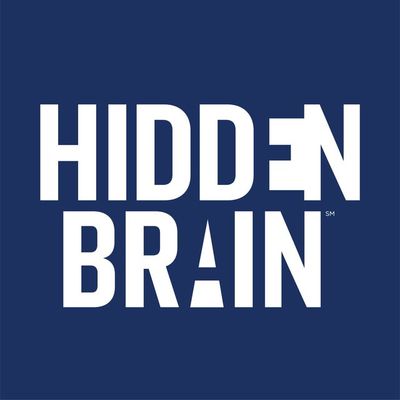
Ep. 71: The Fox and the Hedgehog
<p>The Greek poet Archilochus is known for the phrase, "The fox knows many things; the hedgehog one big thing." This week, we'll use this metaphor as a way to understand two different cognitive styles. The first is that of a tactician who is comfortable with nuance and contradiction (the fox), the second is that of a big thinker, motivated by one organizing idea (the hedgehog). We'll explore this idea through the story of a pioneering surgeon whose hedgehog tendencies led him to great triumphs, and a heartbreaking tragedy.</p>
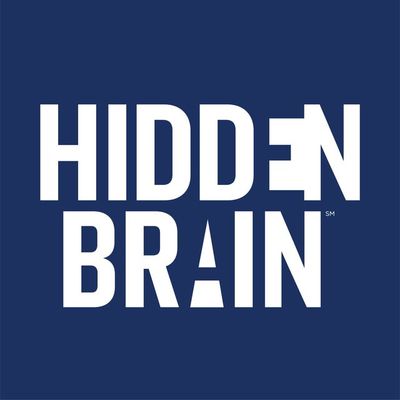
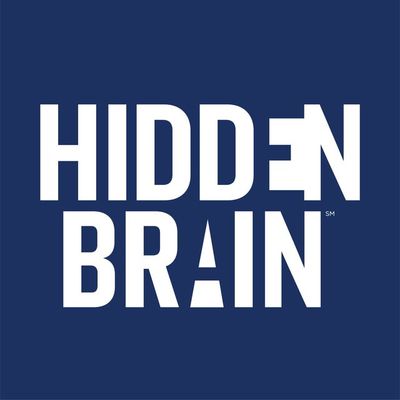
Ep. 70: Who We Are At 2 A.M.
<p>Have you ever googled something that you would never dream of saying out loud to another human being? Many of us turn to Google when we have a deeply personal or embarrassing question. And we're often more honest when we type our questions into search engines than when we answer surveys or talk to friends. Seth Stephens-Davidowitz, a former data scientist at Google, says our online searches provide unprecedented insight into what we truly think, want, and do. This week on Hidden Brain, what big data knows about our deepest thoughts and secrets.</p>
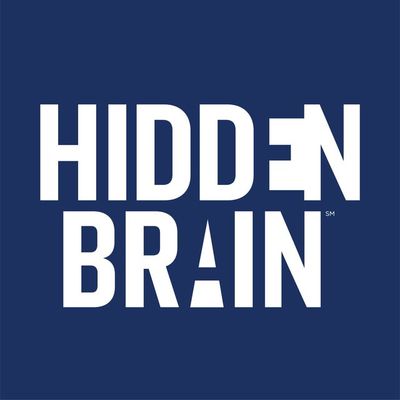
Episode 69: Money Talks
<p>How do you spend your money? On food, transportation, or housing? On shoes, cars, coffee, fancy restaurants? You might think you use money just to, you know, buy stuff. But as Neeru Paharia explains, the way we spend often says a lot about who we are, and what we want to project. We use money to express our values — by going to the local coffee shop instead of Starbucks, or by boycotting — or buycotting — Ivanka Trump shoes. We delete Uber; we refuse to fly United. We seek out or avoid Chick-fil-A. This week on Hidden Brain, the ways we use our money to tell stories about ourselves, and to ourselves.</p>
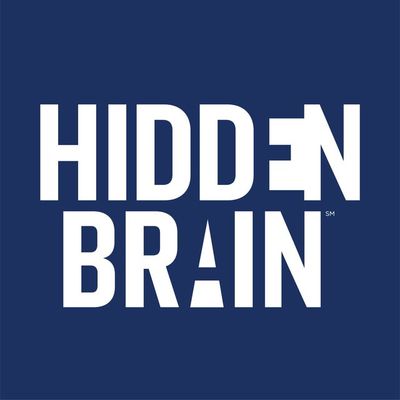
Ep. 68: Schadenfacebook
<p>Millions of people around the world use social media every day to stay in touch with friends and family. But ironically, studies have shown that people who spend more time on these sites feel more socially isolated than those who don't. This week on Hidden Brain, we explore the psychological effects that social media has on us, and how FOMO — or, the fear of missing out — can lead to actually missing out.</p>
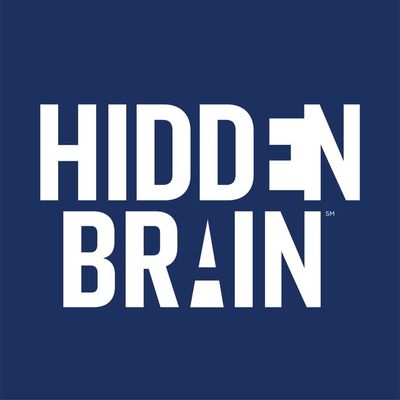
Encore of Ep. 35: Creature Comforts
<p>This week, Hidden Brain considers the power of touch. First, Alison MacAdam tells us the story of her security blanket, called Baba. Then, Shankar interviews writer Deborah Blum about groundbreaking experiments into the importance of affection for young children.</p>
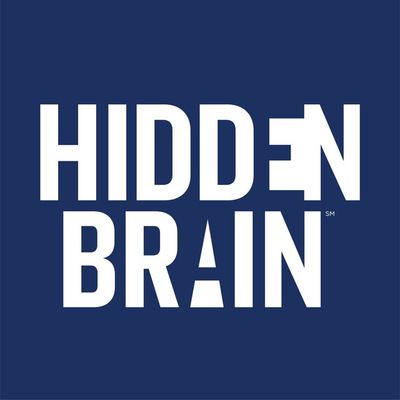
Ep. 67: The Hole
<p>Imagine a concrete room, not much bigger than a parking space. You're in there 23 hours a day, 7 days a week. This is the reality of solitary confinement at prisons across the United States. Keramet Reiter, a criminology professor at UC Irvine, says that while some inmates in solitary are dangerous, others are there because they're difficult for prisons to manage, or because of bureaucratic inertia. This week on Hidden Brain, we look at what happens in solitary confinement, and the psychological effects of being alone for long periods of time.</p>
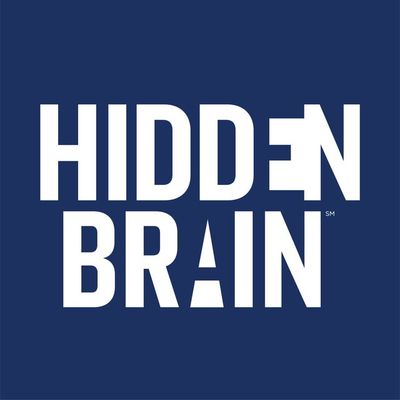
Ep. 66: Liar, Liar
<p><i>Editor’s note: Since this episode first aired, researchers have raised concerns about a number of studies authored by Dan Ariely, including one cited in this episode. That study included data from an insurance company that purported to show that people are more truthful when they sign an ethics declaration at the beginning of a form than at the end. In an independent review, a group of researchers found evidence of data fabrication in that study. You can read more about </i><a href="https://datacolada.org/98"><i>their findings here</i></a><i>, along with </i><a href="http://datacolada.org/storage_strong/DanBlogComment_Aug_16_2021_final.pdf"><i>Dan Ariely’s response</i></a><i>. The insurance company that provided the data, The Hartford, released a statement to NPR’s Planet Money in July 2023. In that statement, the company said that it had done a review of its records and that “there appear to be significant changes made to the size, shape and characteristics of our data after we provided it and without our knowledge or consent.” You can hear the full Planet Money story and read the full statement from The Hartford </i><a href="https://www.npr.org/2023/07/27/1190568472/dan-ariely-francesca-gino-harvard-dishonesty-fabricated-data"><i>here</i></a><i>. </i></p><p><i>Additionally, a second study cited in this episode – in which Ariely reported reduced cheating among test-takers asked to recall the Ten Commandments before taking the test – has not stood up to replication by other researchers. You can read more about that </i><a href="https://ppw.kuleuven.be/okp/_pdf/Verschuere2018RRROM.pdf"><i>here</i></a><i>. </i></p><p>Everybody lies. This is not breaking news. But what separates the average person from the infamous cheaters we see on the news? Dan Ariely says we like to think it's character — but in his research he's found it's more often <i>opportunity</i>. Dan Ariely is a professor at Duke University and the author of the book <i>The Honest Truth About Dishonesty: How We Lie to Everyone — Especially Ourselves.</i></p>
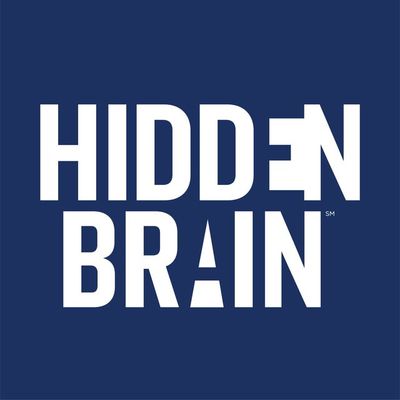
Episode 65: Tunnel Vision
<p>When you're hungry, it can be hard to think of anything other than food. When you're desperately poor, you may constantly worry about making ends meet. When you're lonely, you might obsess about making friends. This week on Hidden Brain, we explore the psychological phenomenon of <em>scarcity </em>and how it can affect our ability to see the big picture and cope with problems in our lives.</p>

Ep. 64: I'm Right, You're Wrong
<p>There are some topics about which it seems no amount of data will change people's minds: things like climate change, or restrictions on gun ownership. Neuroscientist Tali Sharot says that's actually for good reason. As a general rule, she says, it's better to stick to your beliefs and disregard new information that contradicts them. But this also means it's very difficult to change false beliefs. This week, we look at how we process information, and why it's so hard to change our views.</p>
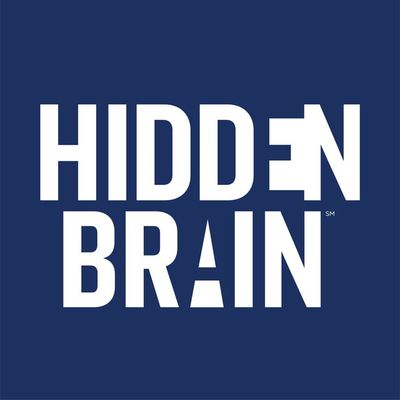
Encore of Ep. 24: Tribes and Traitors
<p>Nearly a year ago, we ran an episode about one of the world's most intractable divides: the Israeli–Palestinian conflict. Since that story aired, a solution seems even more out of reach. We wanted to play this episode again, because it offers something we don't often hear in the news: empathy for the other side.</p>
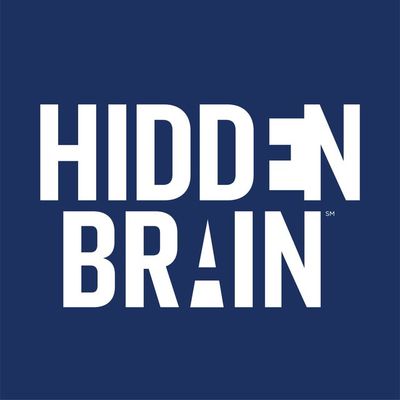
Ep. 63: "I'm Not A Terrorist..."
<p>Making jokes about politics is a tradition as old as America itself. These days, of course, comedians have a new target: President Donald Trump. We talk with Iranian-American comedian Maz Jobrani about finding humor in the midst of deep political divides, and how he uses an understanding of human nature to craft a successful punchline.</p>
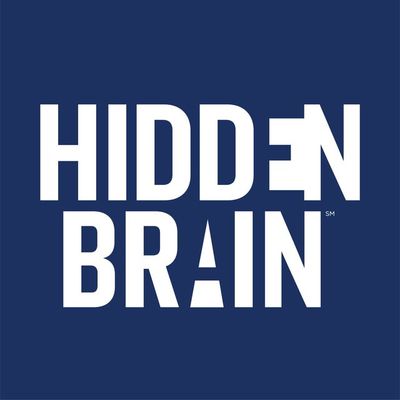
Episode 62: On The Knife's Edge
<p>What would drive someone to take another person's life? When researchers at the University of Chicago asked that question, the answer was a laundry list of slights: a stolen jacket, or a carelessly lobbed insult. It made them wonder whether crime rates could be driven down by teaching young men to pause, take a deep breath, and think before they act. We'll go inside a program that teaches Chicago teens to do just that, and explore the research on whether this approach actually works.</p>
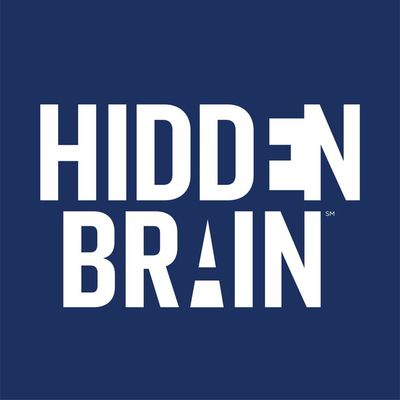
Episode 61: Just Sex
<p>We all know casual sex isn't about love. But what if it's not even about lust? Sociologist Lisa Wade believes the pervasive hookup culture on campuses today is different from that faced by previous generations. This week on Hidden Brain, we explore what this culture means for those who choose to participate, and for those who opt out.</p>
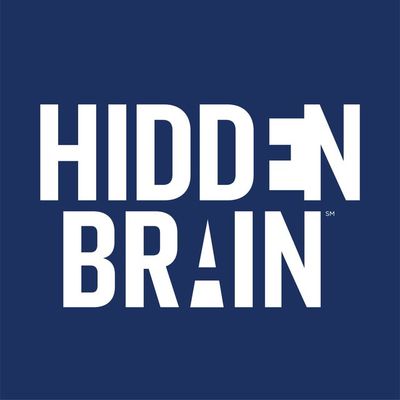
Encore of Episode 20: Remembering Anarcha
<p>A recent paper found that black patients receive less pain medication for broken bones and cancer. Black children receive less pain medication than white children for appendicitis. The research is new, but the phenomenon is not. This week, we revisit an episode from our archive that looked at the intersection of race, pain, and medicine. It might not be suitable for young children.</p>
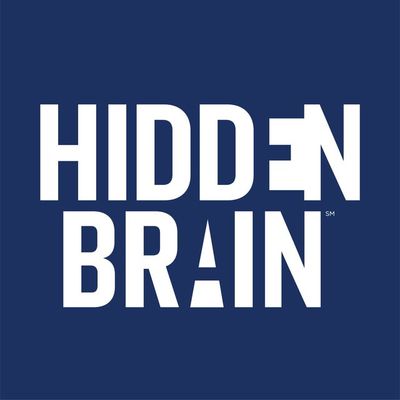
Episode 60: Fortress America
<p>Barely a week after assuming office, President Donald Trump set off a worldwide firestorm when he decided to temporarily ban entry to migrants from seven Muslim-majority countries and refugees from all over the world. In response, many people are looking to the past, to see what history can teach us. But this process can fraught with psychological peril. On today's Hidden Brain, we revisit a specific incident from World War II – the American decision to refuse entry to Jewish refugees aboard the SS St. Louis – and explore how it speaks to the current mood in the United States.</p>
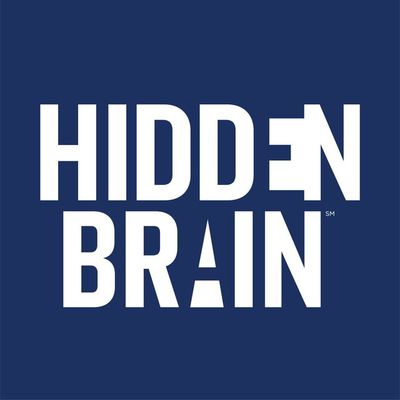
Episode 59: The Deep Story
<p>In the months since the presidential election, many have noted that lots of Americans live in bubbles — echo chambers filled with the voices of people who mostly agree with us. Sociologist Arlie Hochschild felt this long before the rise of Donald Trump, and five years ago she went on a mission to understand the other side. She left her own liberal bubble in Berkeley, California for a conservative one, deep in the Louisiana bayou.</p>
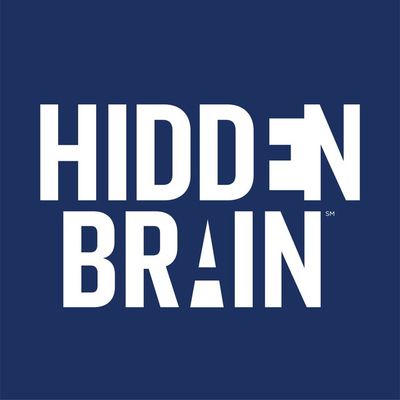
Episode 58: Pedestals and Guillotines
<p>It's inauguration season, which means balls, parades, and celebrations. We may love the pomp and circumstance, but there's another, darker side to our psychology, too. Whether we like the new president or not, human beings have a strange and contradictory relationship with power and celebrity. We idolize the rich and famous, but also enjoy seeing them fall from their pedestals. This week on Hidden Brain, we explore this paradox: from Hollywood, to the White House, to the forests of Tanzania.</p>
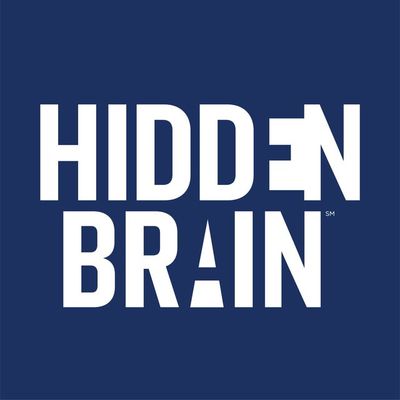
Episode 57: Slanguage
<p>Young people have always used language in new and different ways, and it has pretty much always driven older people crazy. But the linguist John McWhorter says all the "likes" and LOLs are part of a natural – and inevitable –evolution of language. This week on Hidden Brain, why language can't "sit still."</p>
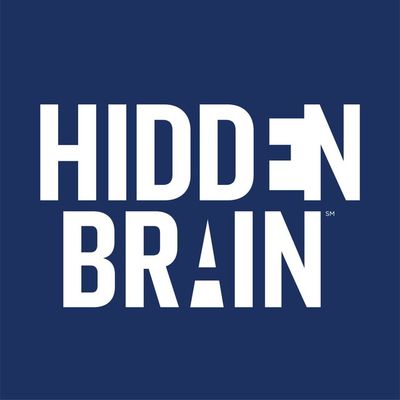
Episode 56: Getting Unstuck
<p>At one time or another, many of us feel stuck: in the wrong job, the wrong relationship, the wrong city – the wrong life. Psychologists and self-help gurus have all kinds of advice for us when we feel rudderless. This week on Hidden Brain, we explore a new idea, from an unlikely source: Silicon Valley.</p>
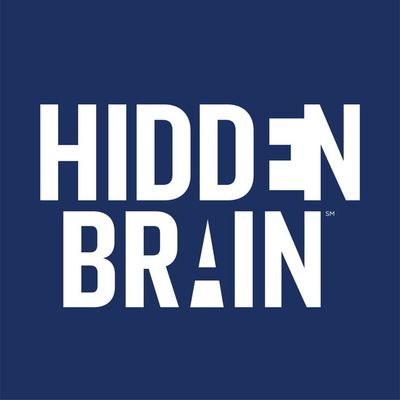
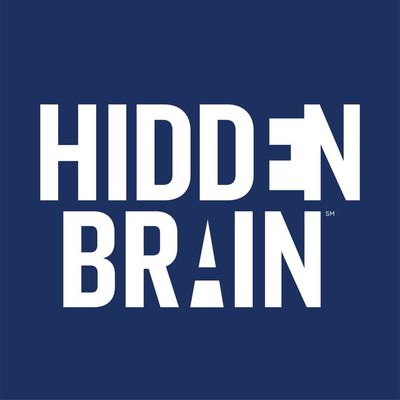
Encore of Episode 32: The Scientific Process
<p>There is a replication "crisis" in psychology: many findings simply do not replicate. Some critics take this as an indictment of the entire field — perhaps the best journals are only interested in publishing the "sexiest" findings, or universities are pressuring their faculty to publish more. But this week on Hidden Brain, we take a closer look at the so-called crisis. While there certainly have been cases of bad science, and even fraudulent data, there are also lots of other reasons why perfectly good studies might not replicate. We'll look at a seminal study about stereotypes, Asian women, and math tests.</p>
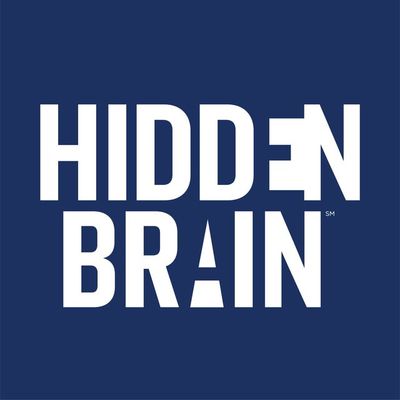
Episode 55: Snooki and the Handbag
<p>Look down at what you're wearing. You picked out that blue shirt, right? And those boots — you decided on those because they're warm, didn't you? Well, maybe not. Researcher Jonah Berger says, we tend to be pretty good at recognizing how influences like product placement and peer pressure affect other people's choices... but we're not so good at recognizing those forces in our own decision-making.</p>
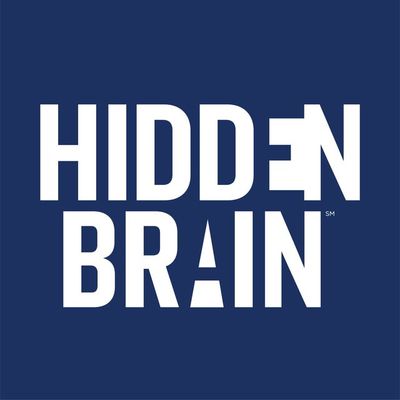
Episode 54: Panic in the Streets
<p>It sounds like the plot of a movie: police discover the body of a young man who's been murdered. The body tests positive for a deadly infectious disease. Authorities trace the killing to a gang. They race to find gang members linked to the murder... who may also be incubating the virus. This week on Hidden Brain... disease, panic, and how a public health team used psychology to confront an epidemic.</p>
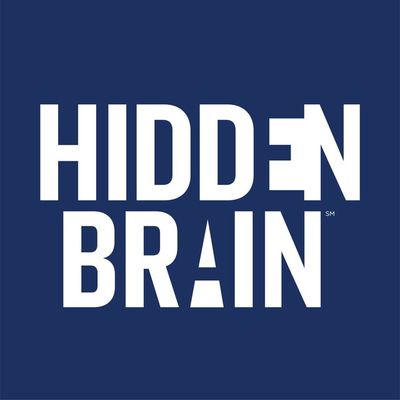
Episode 53: Embrace the Chaos
<p>Many of us spend lots of time and energy trying to get organized. We KonMari our closets, we strive for inbox zero, we tell our kids to clean their rooms, and our politicians to clean up Washington. But Economist Tim Harford says, maybe we should embrace the chaos. His new book is Messy: The Power of Disorder to Transform Our Lives.</p>
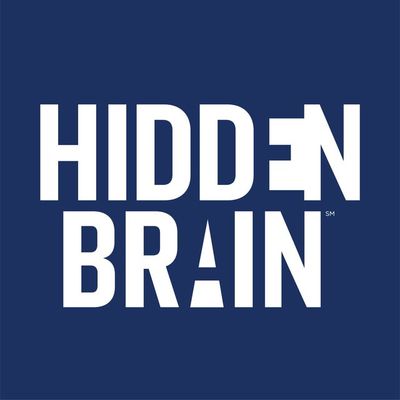
Episode 52: Losing Face
<p>It happens to all of us: someone recognizes you on the street, calls you by name, and says hello... and you have no idea who that person is. Researchers say this struggle to read other faces is common. This week on Hidden Brain, super-recognizers, and the rest of us.</p>
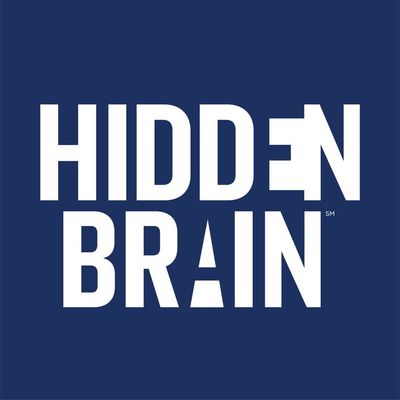
Episode 51: What Happened?
<p>On the morning after election day, pundits, pollsters, politicians, and citizens woke up feeling stunned. All signs, all year, had been pointing towards a victory for Democrat Hillary Clinton. So, what happened? We ask one of the few people who didn't get it wrong: the historian Allan Lichtman.</p>
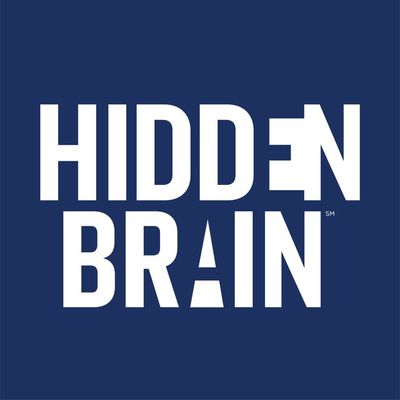
Encore of Episode 27: Losing Alaska
<p>We didn't hear very much about climate change during this election cycle — and social science research might give us some insight as to why not. This week, an encore of one of our favorite episodes about why it's so hard for us to wrap our heads around climate change.</p>
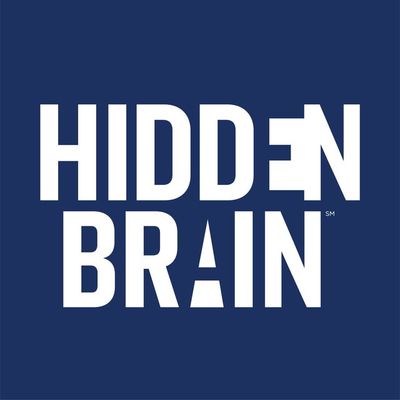
Episode 50: Broken Windows
<p>In the early 1980s, a couple of researchers wrote an article in <em>The Atlantic</em> that would have far reaching consequences. The article introduced a new idea about crime and policing. It was called Broken Windows. The idea was simple: A broken window is a sign of a neglected community, and a neglected community is a place where crime can thrive. The researchers said, if police fixed the small problems that created visible signs of disorder, the big ones would disappear. Today, we explore how ideas sometimes get away from those who invented them.. And then are taken to places that were never intended.</p>
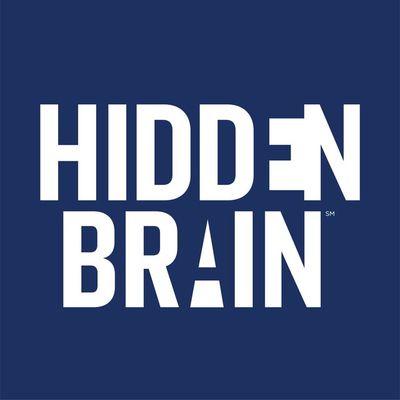
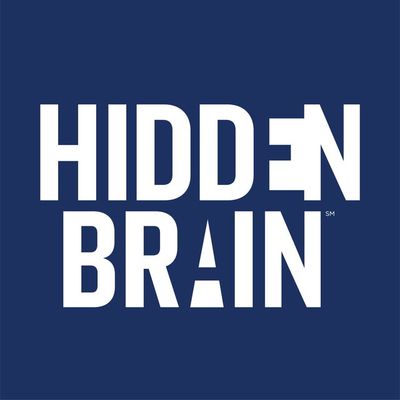
Episode 48: Men: 44, Women: 0
<p>A century after women won the vote in the US, we still see very few of them in leadership roles. Researchers say women are trapped in a catch-22 known as "the double bind." <em>Note: an early version of this episode incorrectly stated that Carol Moseley Braun was the first African-American U.S. Senator. She was in fact the first female African-American Senator. </em></p>
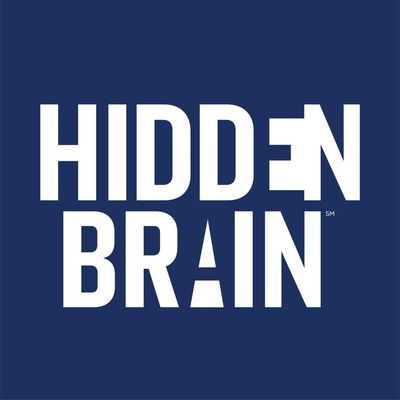
Episode 47: Give Me Your Tired...
<p>Our airwaves are filled with debates about migrants, refugees, and undocumented immigrants... Who should be in the United States, who shouldn't, and who should decide? Immigration is, without question, a flash point in this year's political debates. It's an issue that seems to get to the core of who we are, who we want to be, and where we're headed as a nation. Today we're going to take a fresh look at the issue by exploring what history can teach us about the patterns and paradoxes of immigration in a nation of immigrants. It's one of a series of shows in the next few weeks that will speak to issues that have bubbled to the surface in politics this year, that reveal something about us — and human nature. Historian Maria Cristina Garcia joins us.</p>
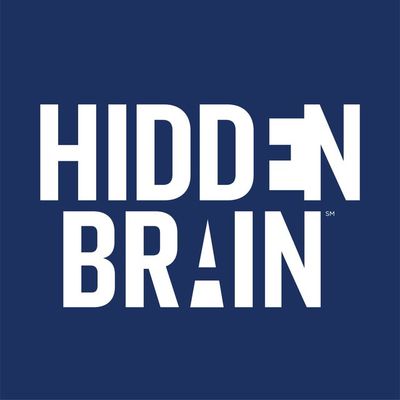
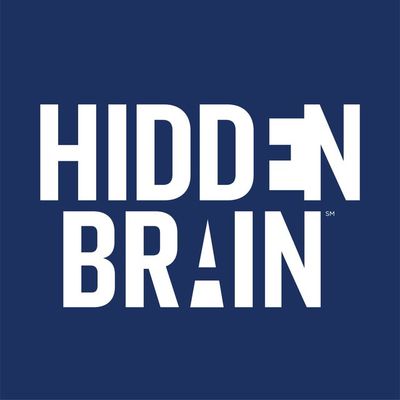
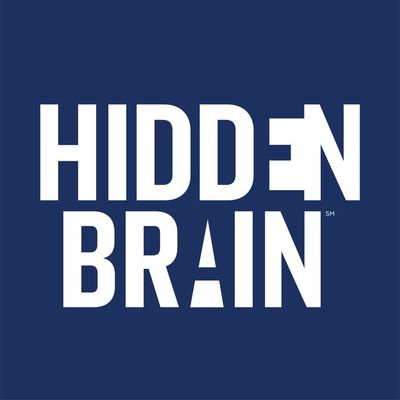
Trailer: Hidden Brain 2.0
<p>We have an anniversary to celebrate. We've been bringing you Hidden Brain for a year now, and we are so glad and thankful you've come along with us. We've learned a lot about what you like, and what we like. Specifically, deep dives into stories or topics that reveal something true about human behavior. Now, it's time to double down on that with a string of ambitious new episodes. Here's a sneak peek.</p>
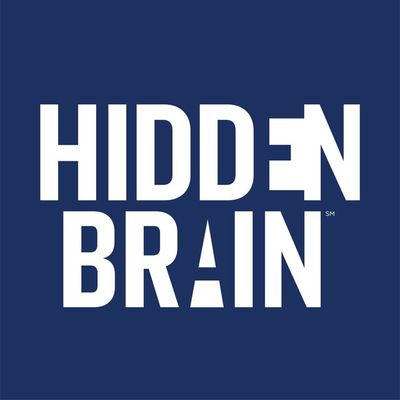
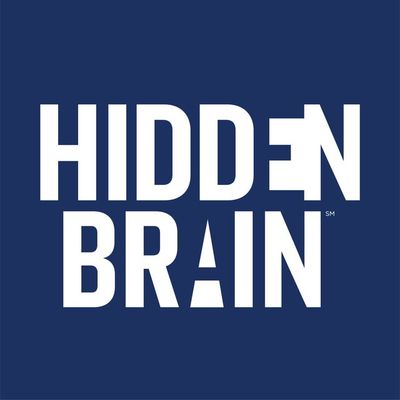
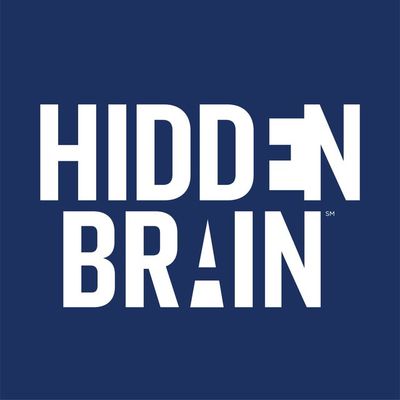
Episode 43: The Perils of Power
<p>We've all heard the old adage that "power tends to corrupt, and absolute power corrupts absolutely," but psychologist Dacher Keltner at UC Berkeley has found evidence to prove it. His book is <em>The Power Paradox: How We Gain and Lose Influence.</em></p>
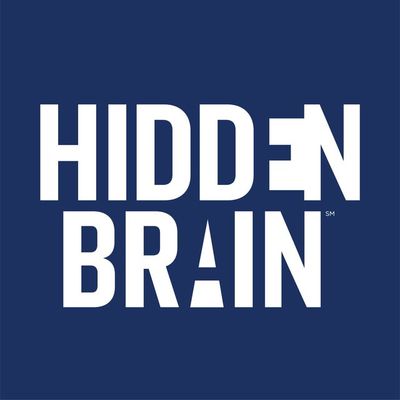
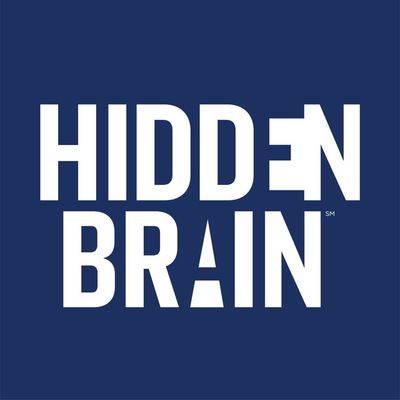
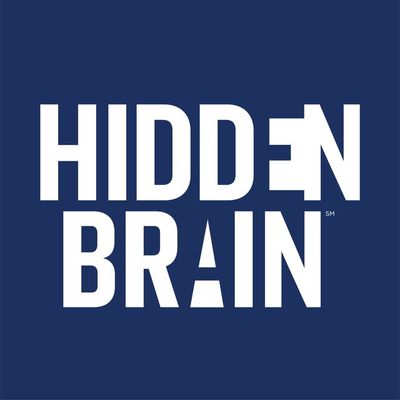
Encore of Episode 11: Forgery
<p>This week on Hidden Brain, we explore real and fake, from fine art to fine wine. Shankar speaks with Noah Charney, author of <em>The Art of Forgery, </em>about why art forgers are compelled to spend their lives copying the great masters, and why so many of them want to get caught. Also this week: why we love studies that prove wine connoisseurs wrong.</p>

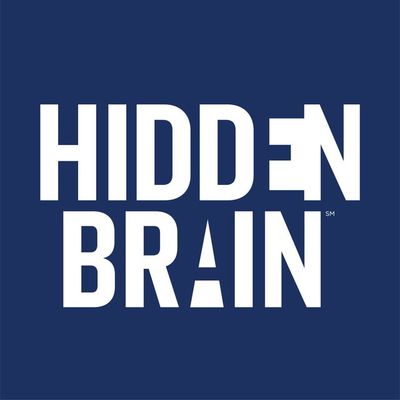
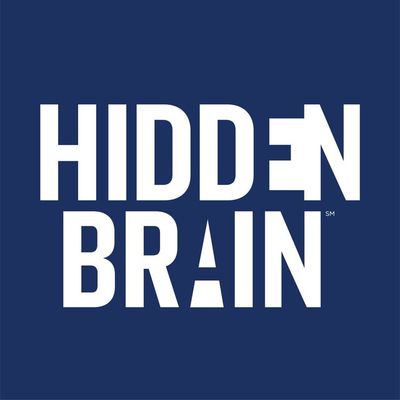
Encore of Episode 7: Lonely Hearts
<p>Jesse always wanted to fall in love. So when the perfect woman started writing him letters, it seemed too good to be true. Because it was. This week, a story about a con — with a twist. When the con was exposed, its victims defended the con artists. They still wanted to believe the lie</p>
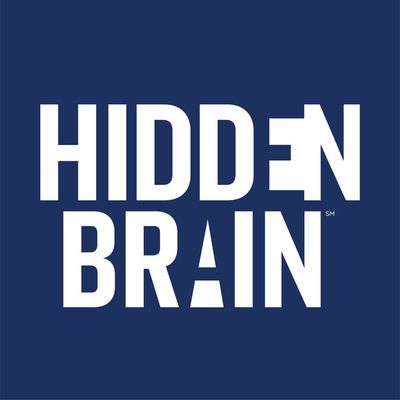
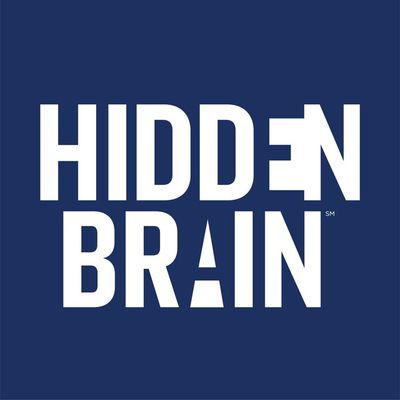
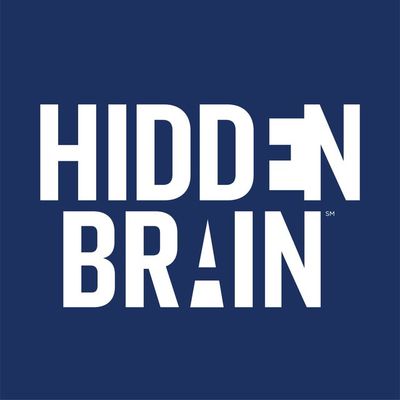
Episode 37: Smoke & Mirrors
<p>Six months ago, Hidden Brain's Max Nesterak made a resolution to quit smoking. But as we all know... resolutions are made to be broken. This week, we check in with Max to find out how he's fared, and give you social science insight to help you quit your bad habits too.</p>
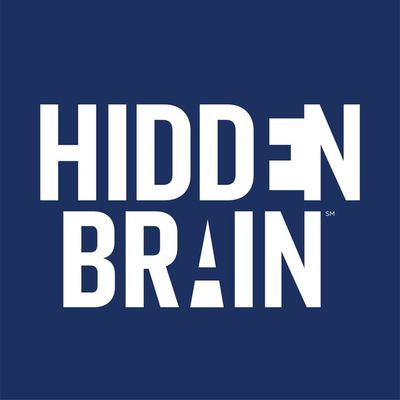

Episode 35: Creature Comforts
<p>This week, Hidden Brain considers the power of touch. First, Alison MacAdam tells us the story of her security blanket, called Baba. Then, Shankar interviews writer Deborah Blum about groundbreaking experiments into the importance of affection for young children.</p>
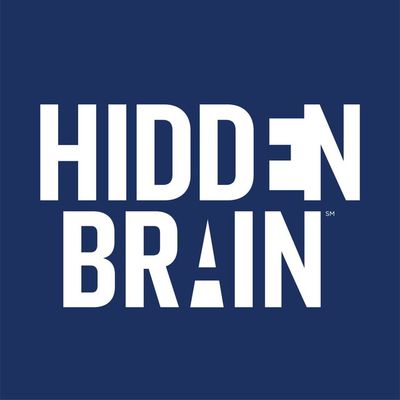
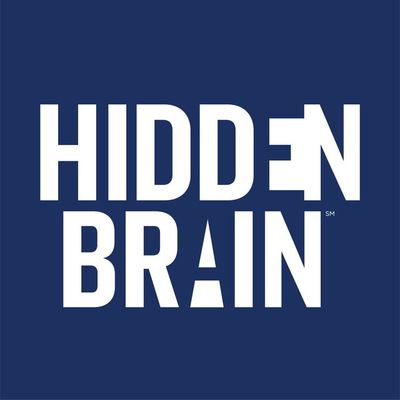
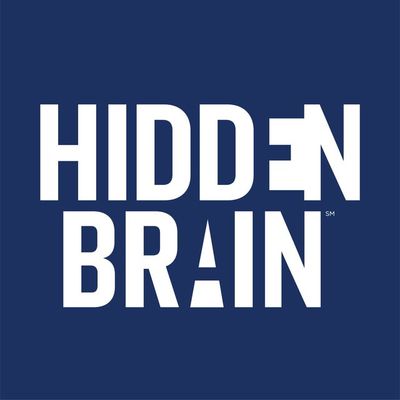
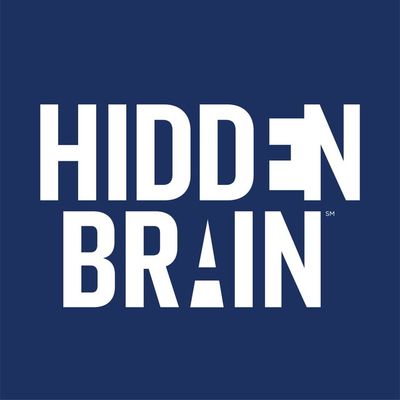
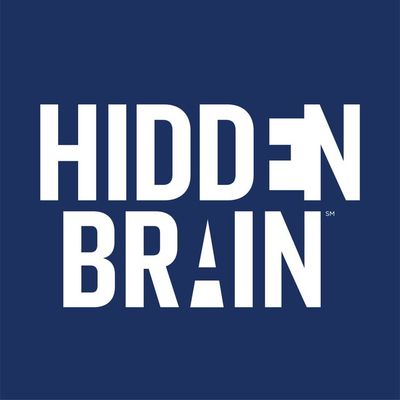
Episode 31: Your Brain on Uber
<p>Uber is built on the scourge of surge. When demand is high, the company charges two, three, even NINE-POINT-NINE times as much as normal for a ride. Riders hate it . . . but not so much that they stop riding. Yep, "dynamic pricing" has helped the company to grow into one of the largest taxi services in the world. What's the psychology behind it? Shankar sits down with Uber's Head of Economic Research Keith Chen to talk about when we're most likely pay for surge, when we hate it the most, and why monkeys would probably act and feel the same way. That's right. Monkeys.</p>
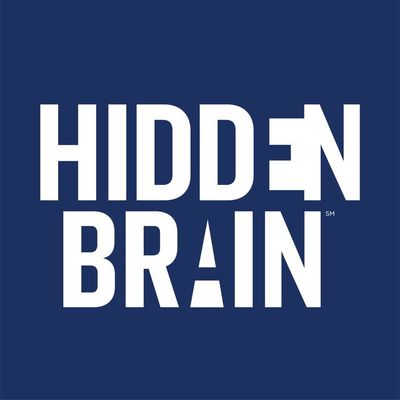
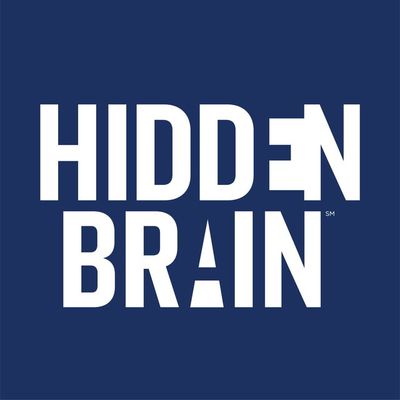
Episode 29: Traffic
<p>Traffic. You hate it, we hate it, the rest of the world hates it, and unfortunately, our best efforts to curb it usually only make it worse. This week on Hidden Brain, we visit a few of the world's most congested cities, and investigate a few options to make driving safer and less maddening.</p>
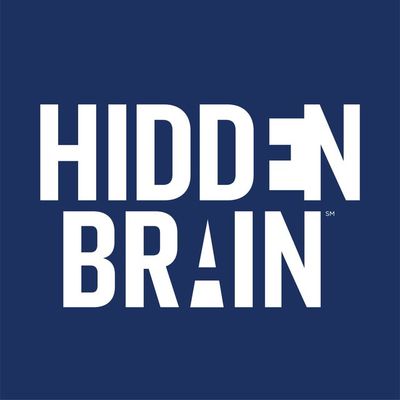
Episode 28: #AirbnbWhileBlack
<p>The sharing economy is great. It gives us opportunities to connect with strangers... to pool resources... to get a cheap ride, or a weekend away. But this week on Hidden Brain, we'll look at how these new platforms can amplify some old biases.</p>
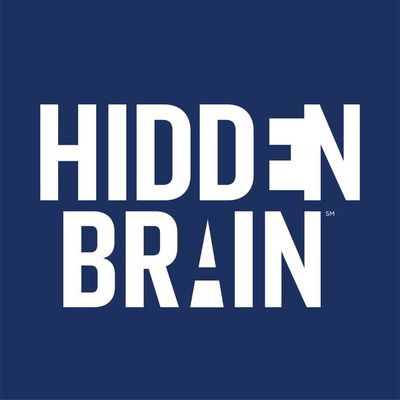
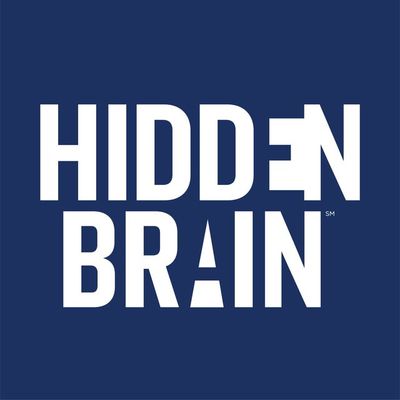
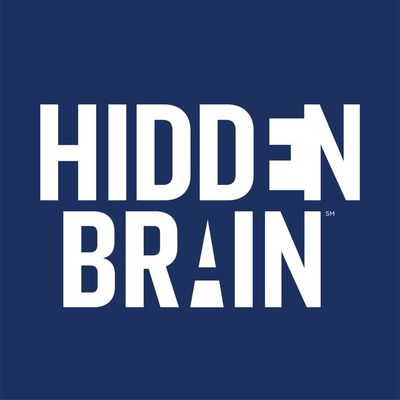
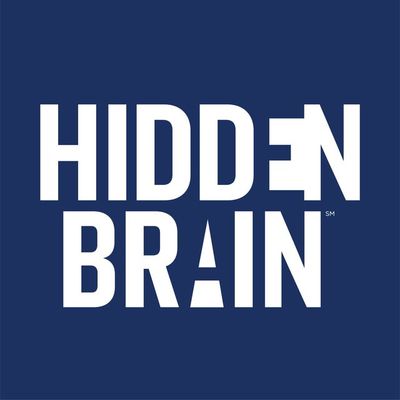
Episode 25: Dream Jobs
<p>Why do you work? Are you just in it for the money, or do you do it for a greater purpose? Popular wisdom says your answer depends on what your job is. But psychologist Amy Wrzesniewski at Yale University finds it may have more to do with how we think about our work. Across secretaries and custodians and computer programmers, she finds we're about equally split in whether we say we have a job, a career, or a calling. This week on Hidden Brain, Shankar Vedantam talks with Amy about how we find meaning and purpose at work.</p>
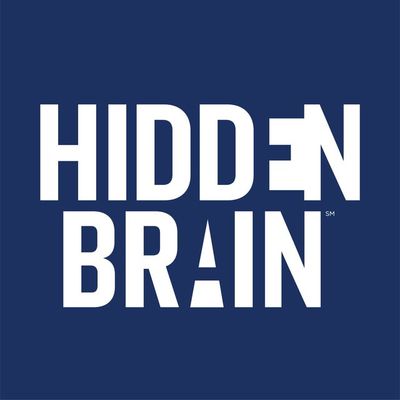
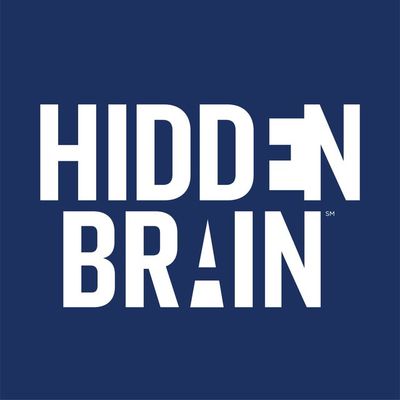
Episode 23: Boredom
<p>We've all been there: bored in class, bored at work, bored in standstill traffic. But why do we find boredom so unbearable? And, if we hate being bored so much, why do we still take boring jobs? This week on Hidden Brain, we try to answer these questions and more — hopefully, without boring you.</p>
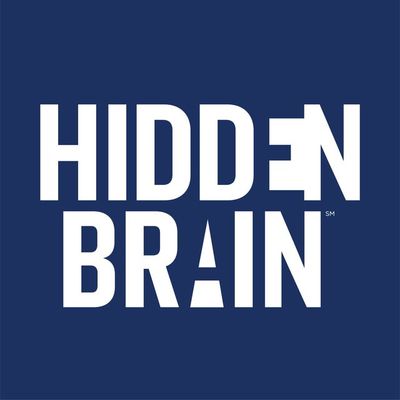
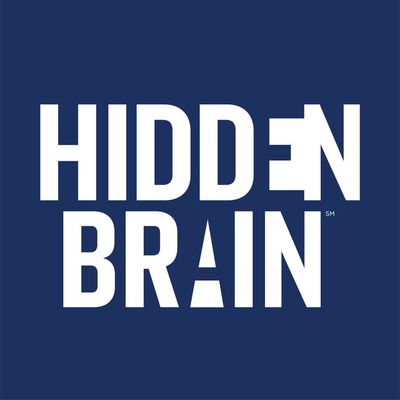
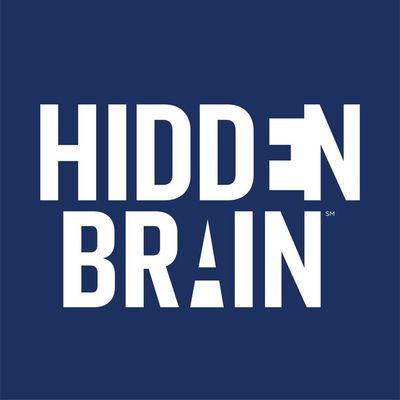
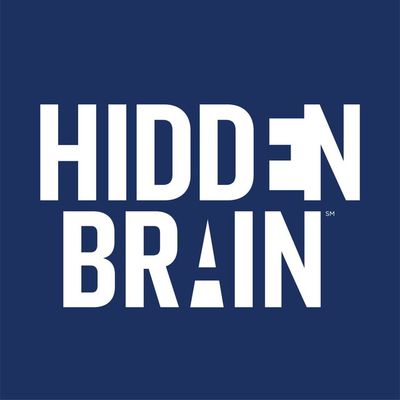
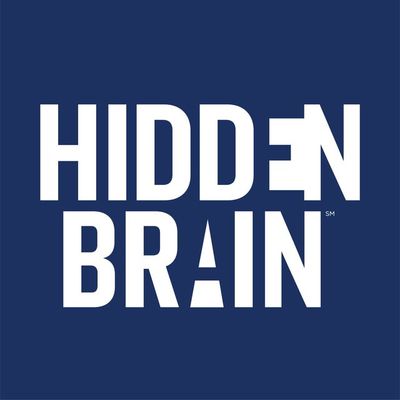
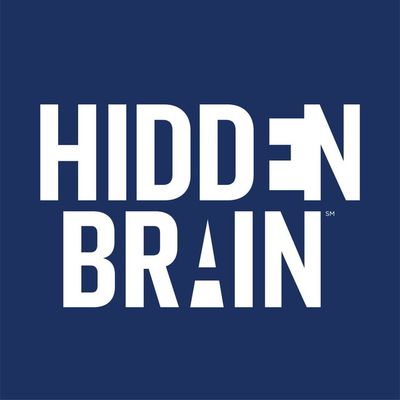
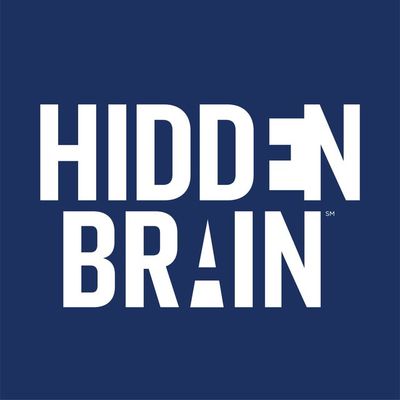
Episode 18: The Paradox of Forgiveness
<p>After more than a decade of brutal civil war, perpetrators and victims attempted to find peace around bonfires across Sierra Leone. This week on Hidden Brain, a story about forgiving the unforgivable, and the cost of reconciliation.</p>
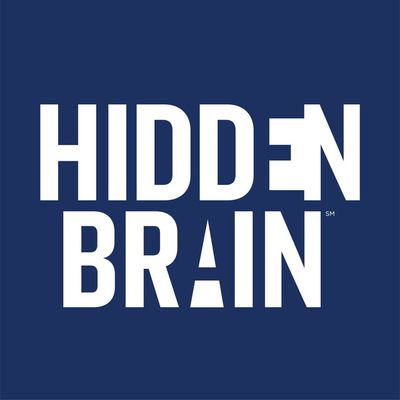
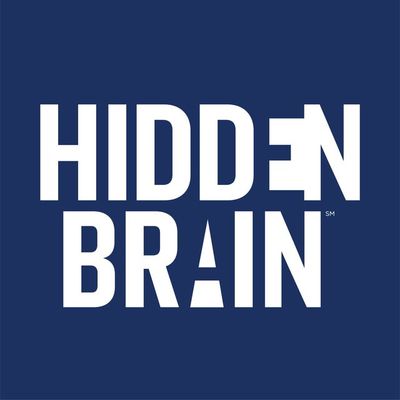
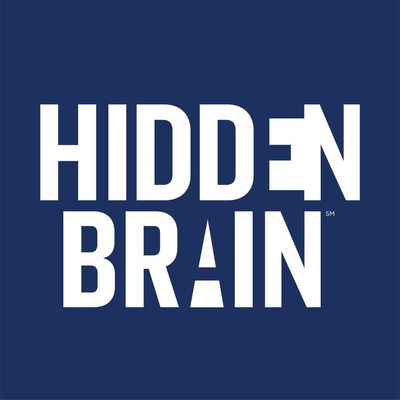
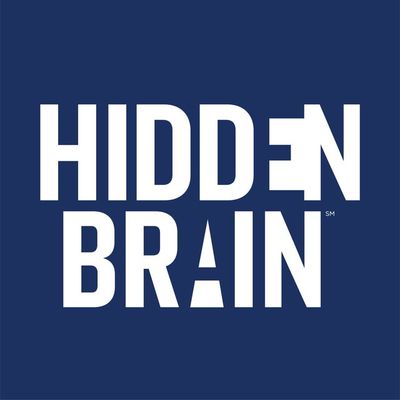
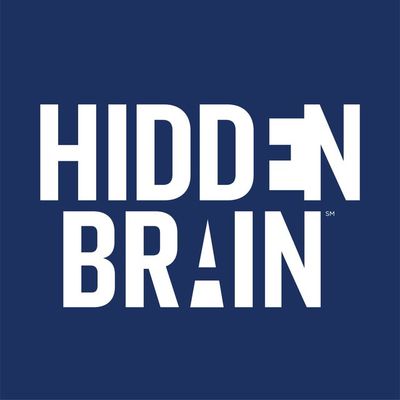
Episode 14: Christmas
<p>This is the time of year for giving--whether that's a holiday gift for someone we love, or a charitable donation to a good cause. But why do we give? And how can we do it better? This week on Hidden Brain: how to be more generous, get your friends and family what they <em>actually</em> want, and why it's okay to regift.</p>
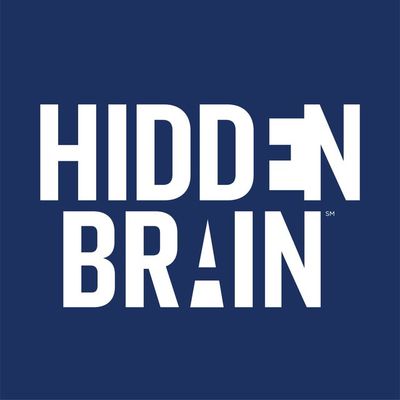
Episode 13: Terrorism
<p>Why do young people join ISIS? Is it nihilism, or, as social scientists suggest, a perverse idealism? This week on Hidden Brain, we explore the psychology of terrorist groups, and why so many young people leave behind promising futures to join them.</p>
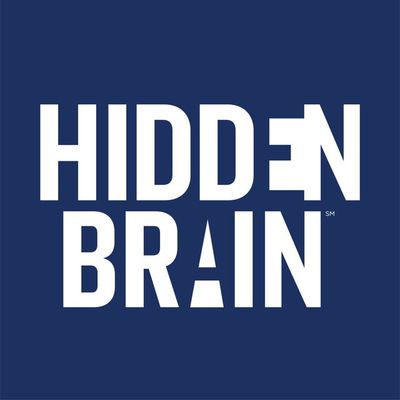
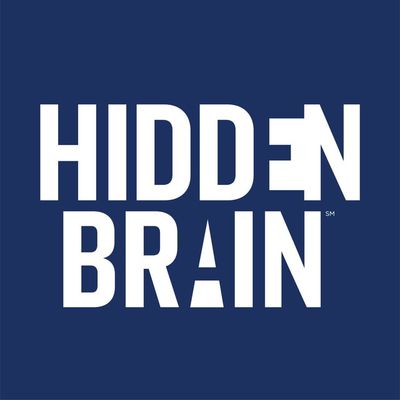
Episode 11: Forgery
<p>This week on Hidden Brain, we explore real and fake, from fine art to fine wine. Shankar speaks with Noah Charney, author of <em>The Art of Forgery, </em>about why art forgers are compelled to spend their lives copying the great masters, and why so many of them want to get caught. Also this week: why we love studies that prove wine connoisseurs wrong.</p>
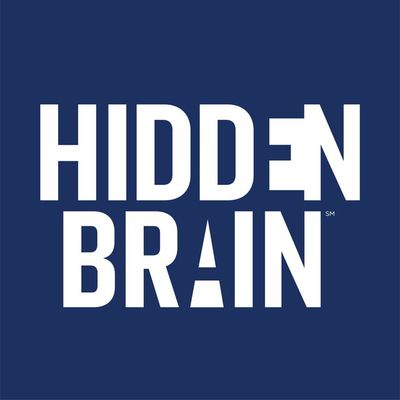
Episode 10: Thanksgiving
<p>The holidays are all about generousity, gratitude, and spending time with the people we love. But we all know the whole "spending time with the people we love" part has its challenges. Hidden Brain is here to help — with science-based tips to give you a happier holiday.</p>
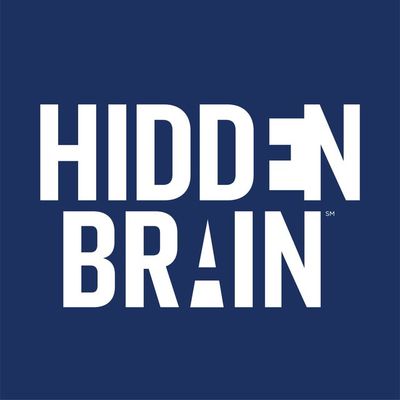
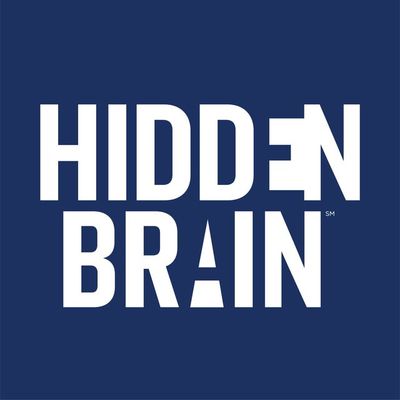
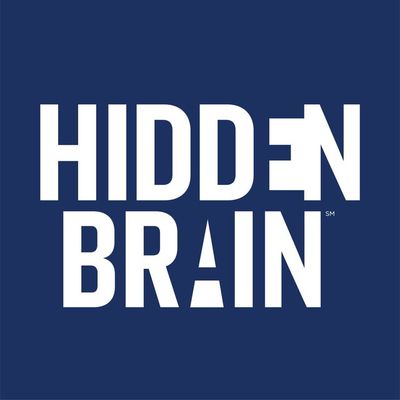
Episode 7: Lonely Hearts
<p>Jesse always wanted to fall in love. So when the perfect woman started writing him letters, it seemed too good to be true. Because it was. This week, a story about a con — with a twist. When the con was exposed, its victims defended the con artists. They still wanted to believe the lie.</p>

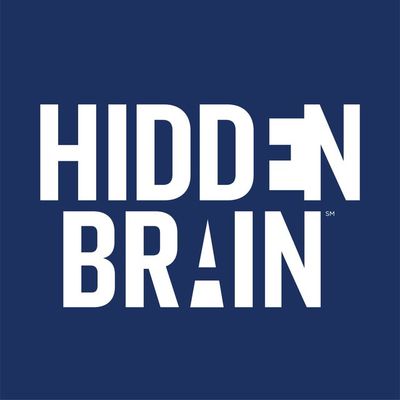
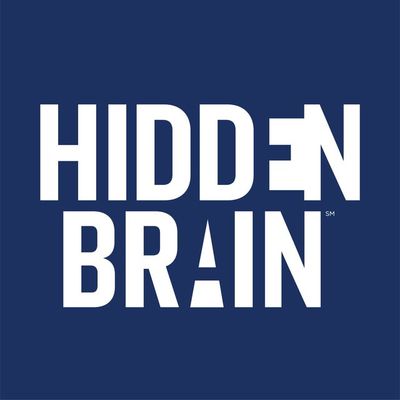
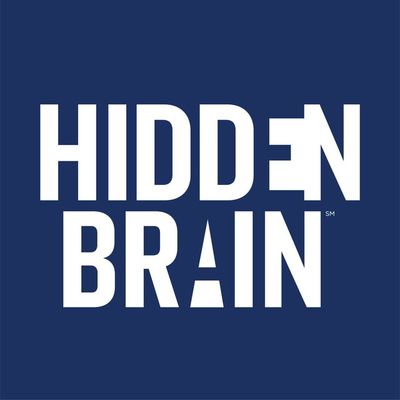
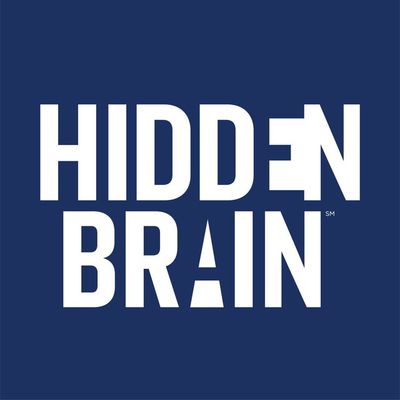
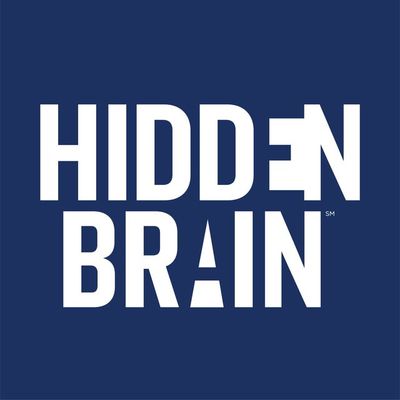
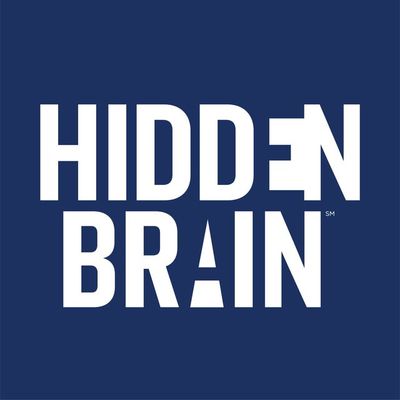
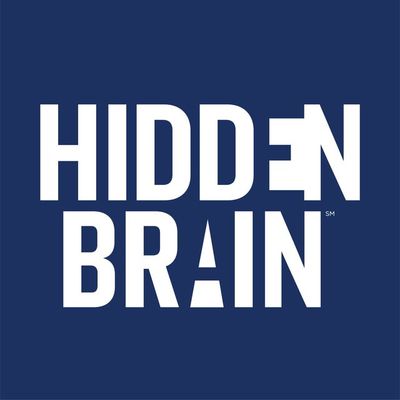
Hidden Brain: A Sneak Peek
<p>Check out a few minutes of the latest podcast from NPR: Hidden Brain. Shankar Vedantam explores what happens when two people think they are talking about the same thing, but in reality are speeding down separate tracks. It usually doesn't end well.</p>
